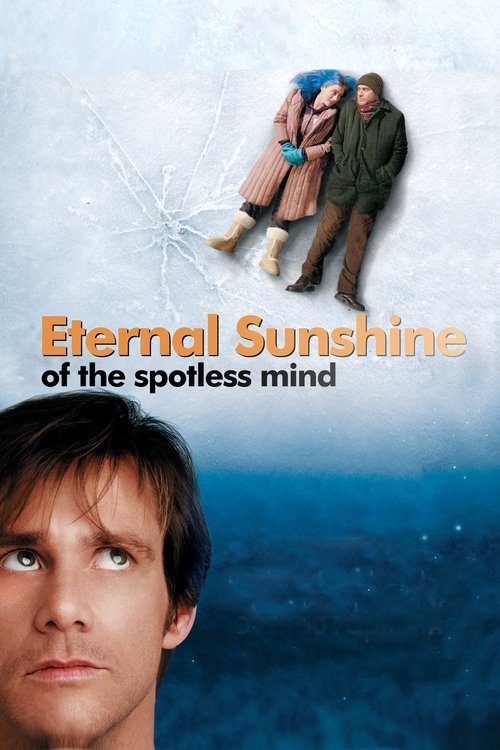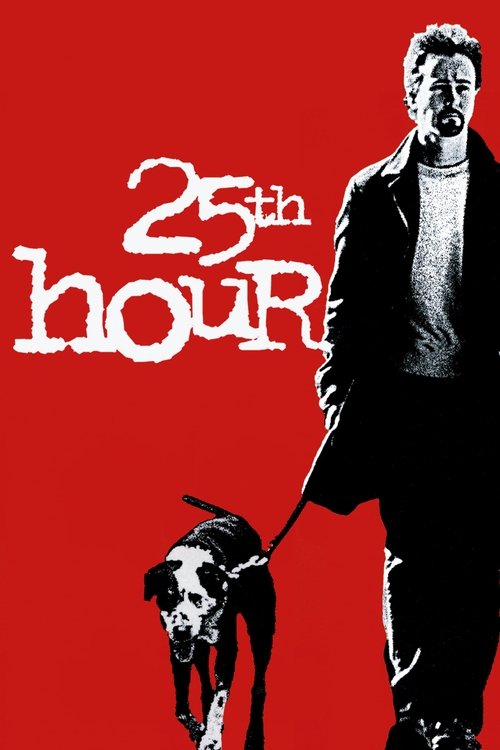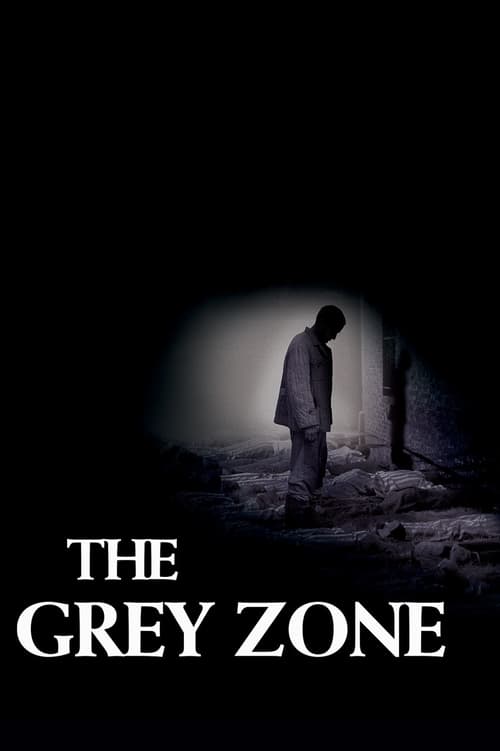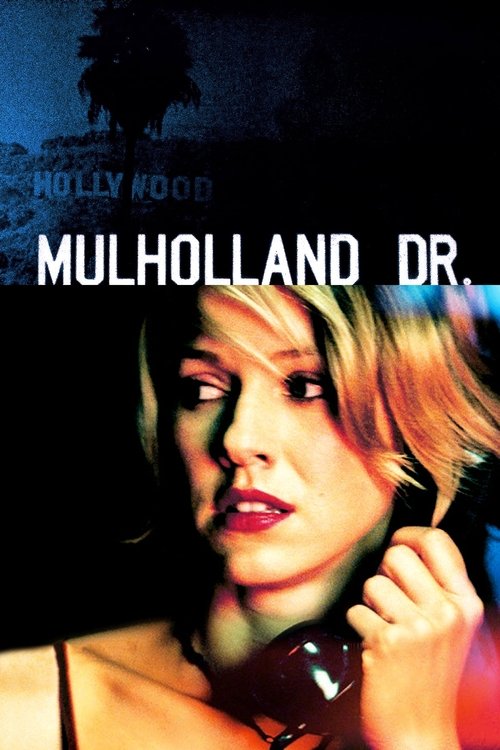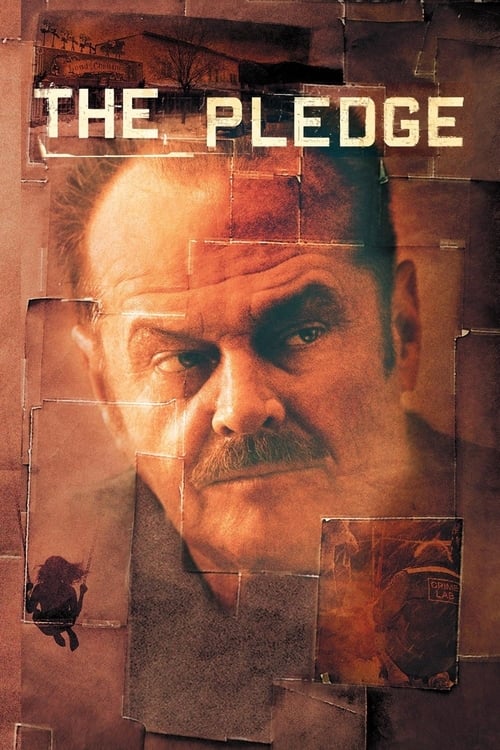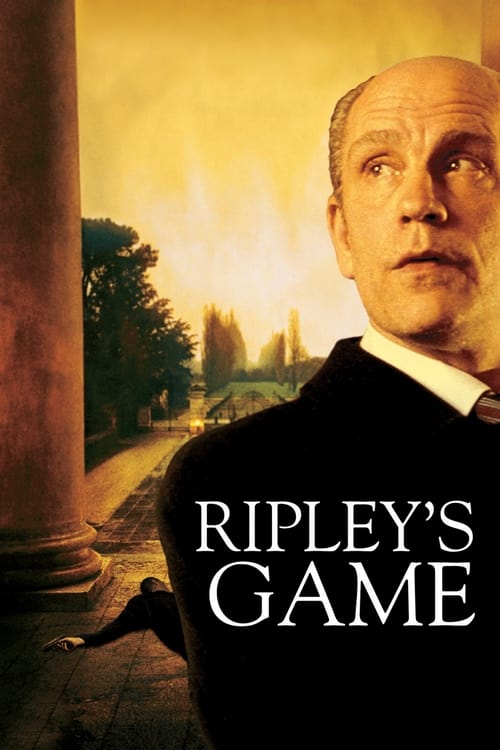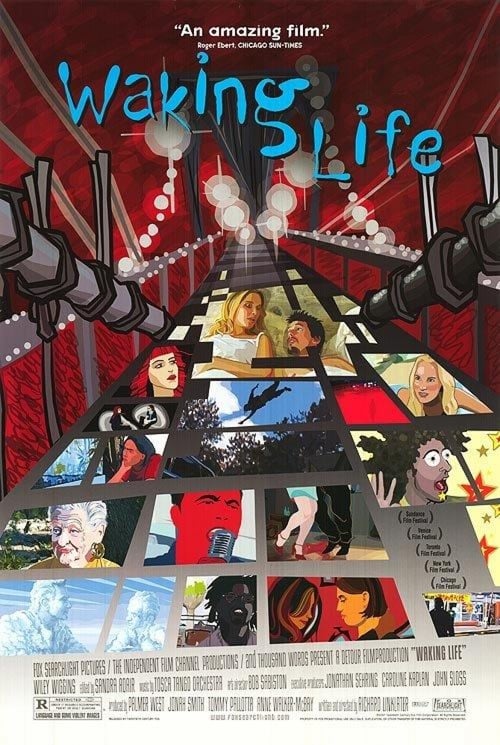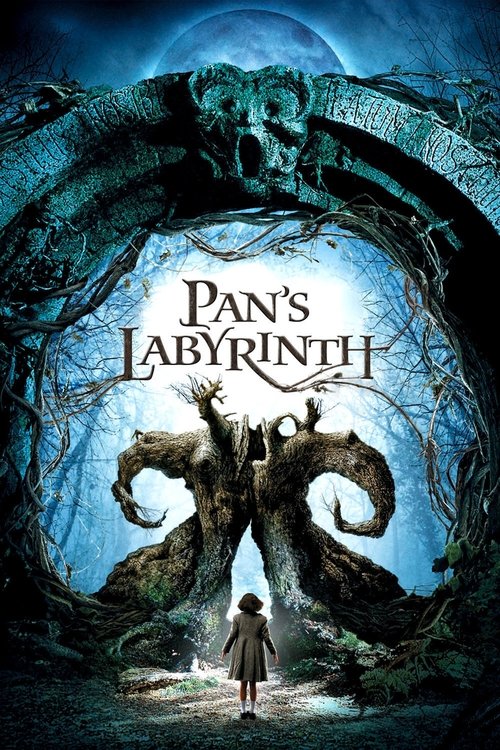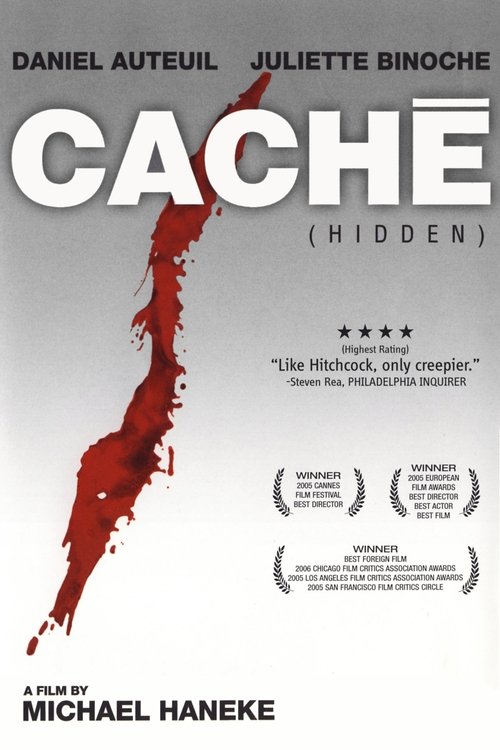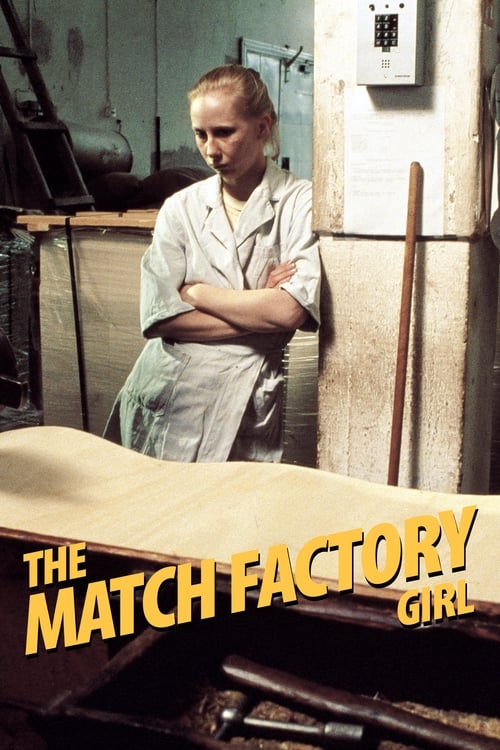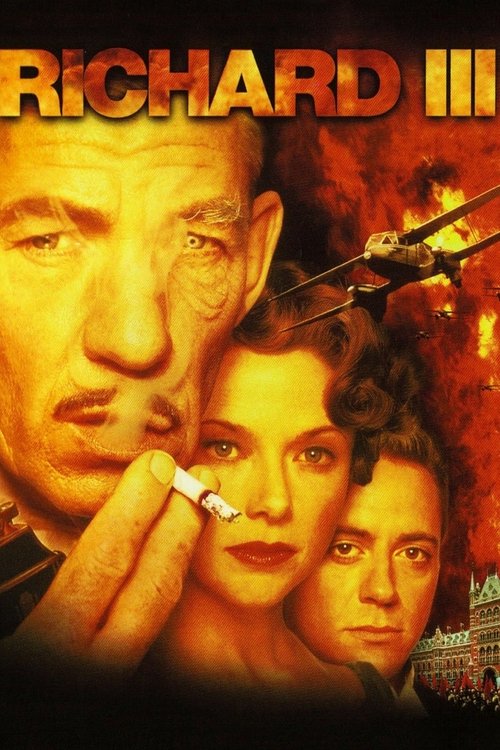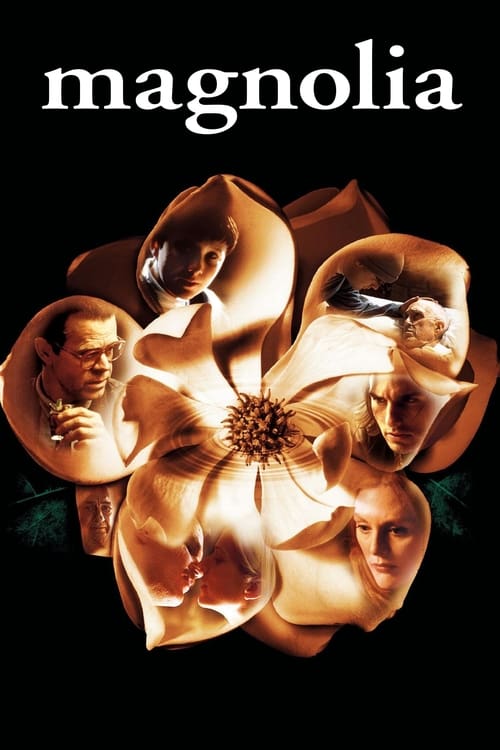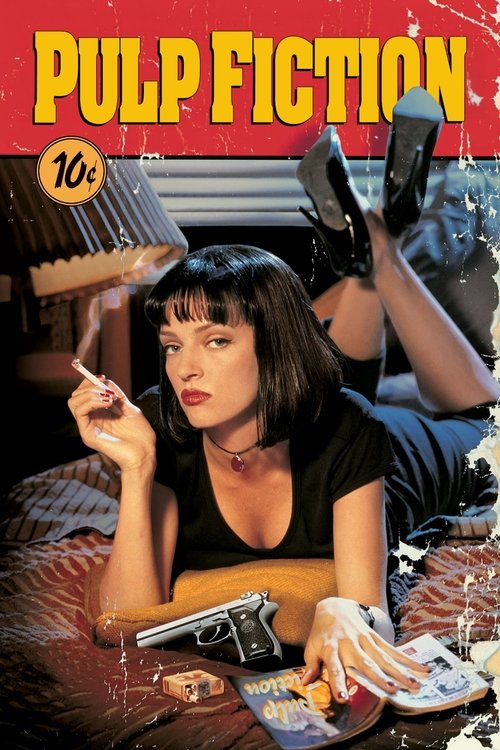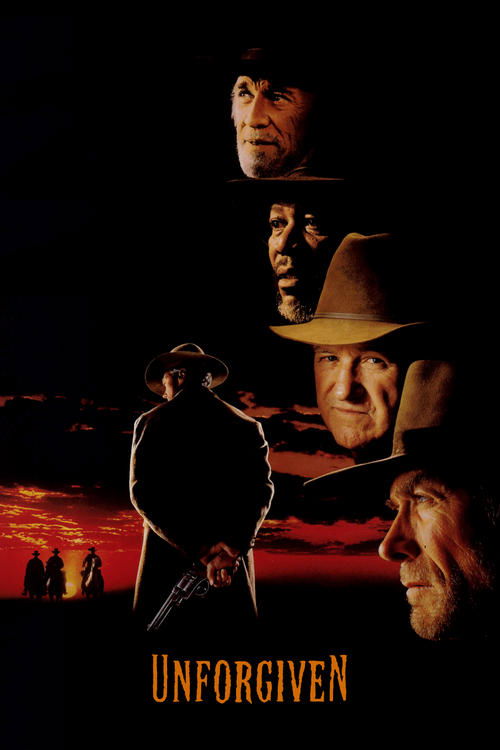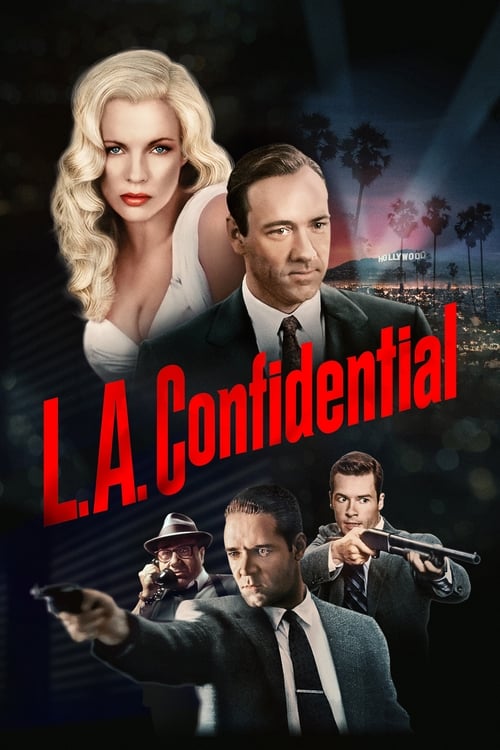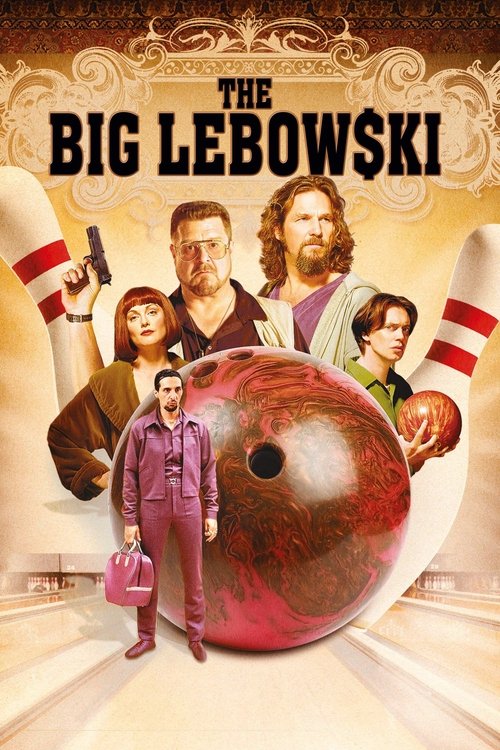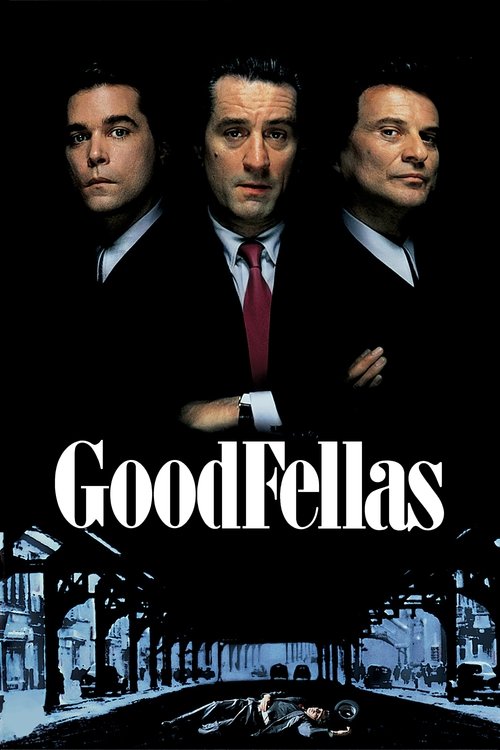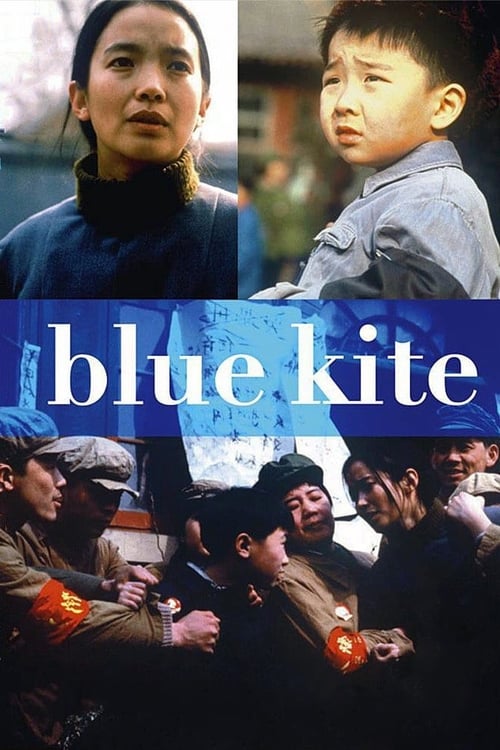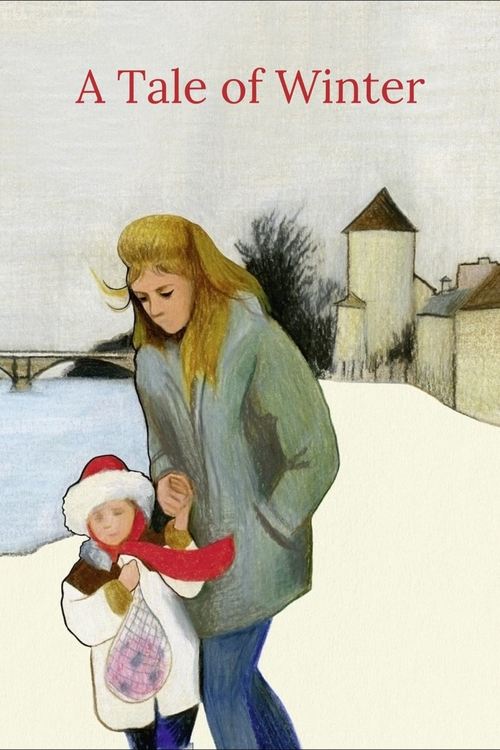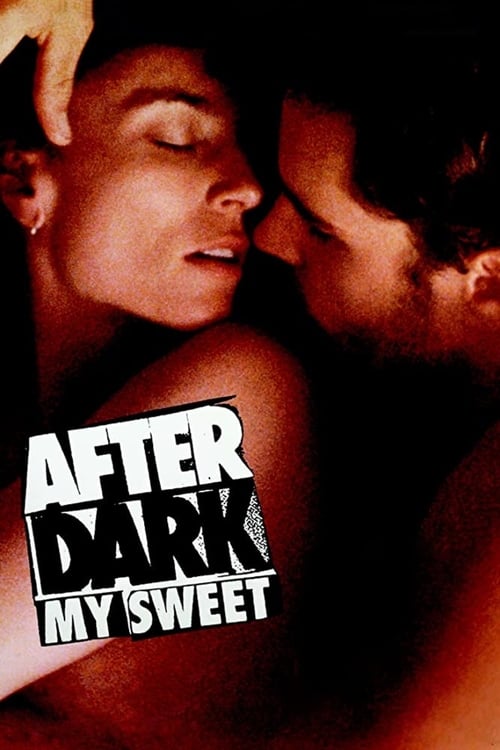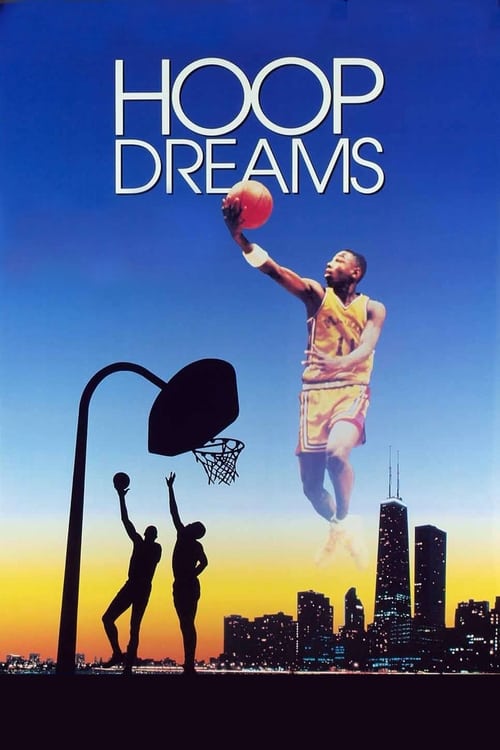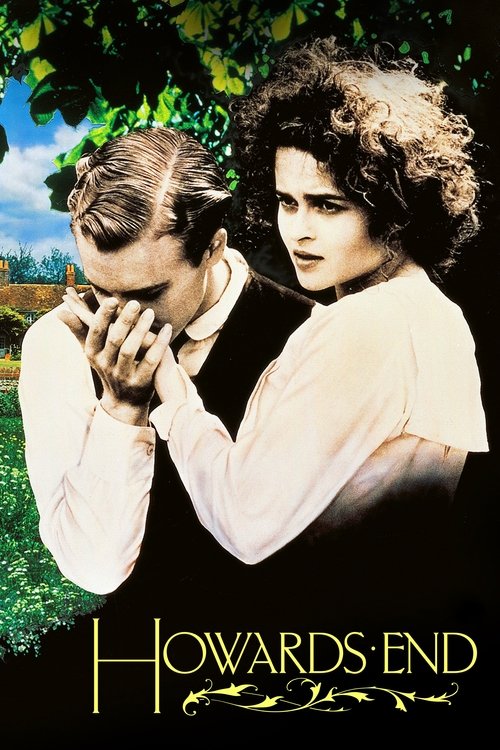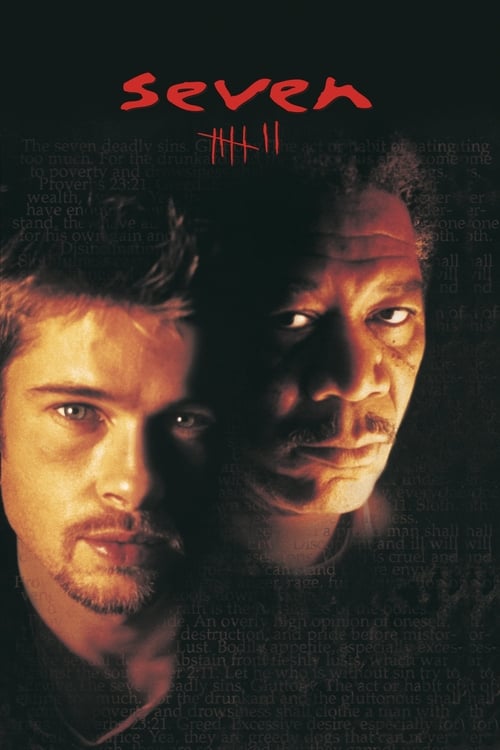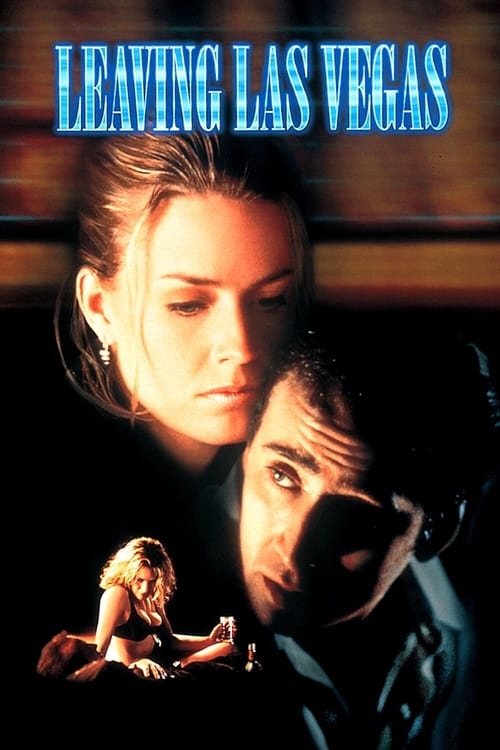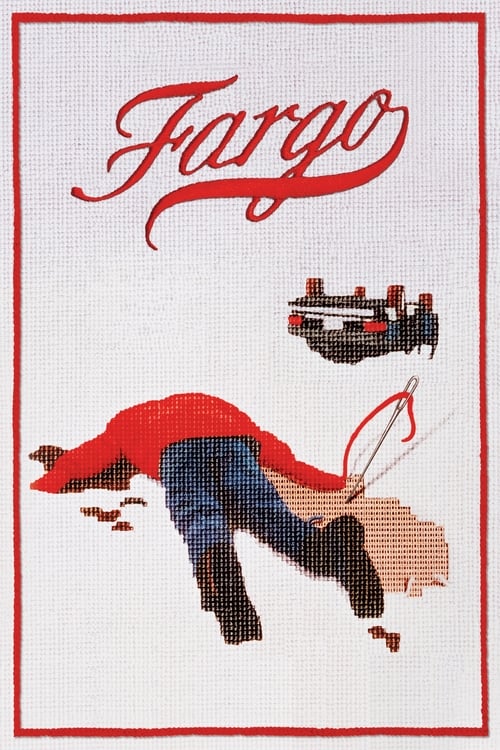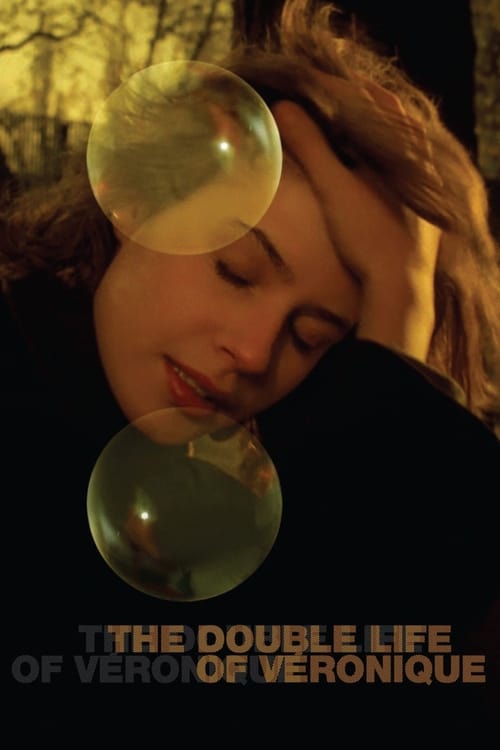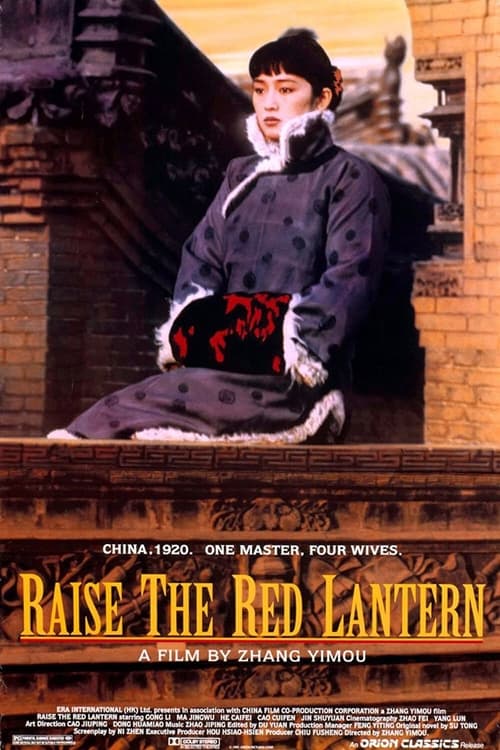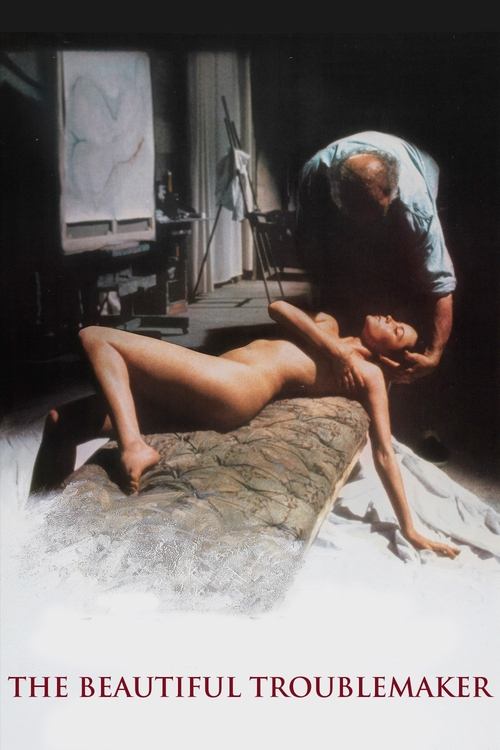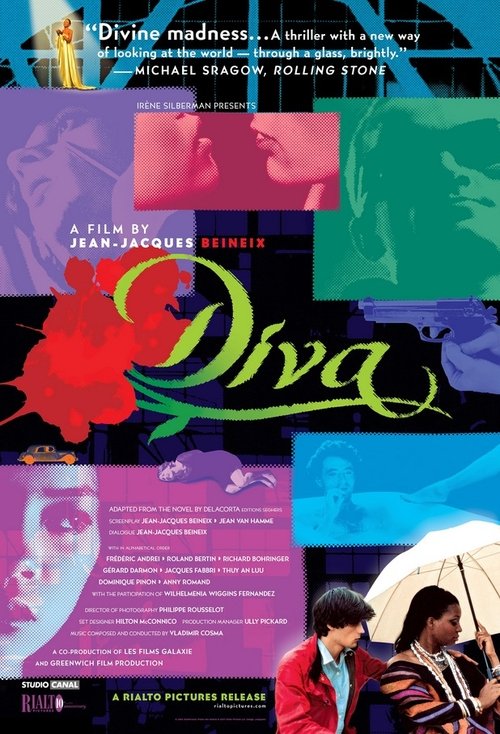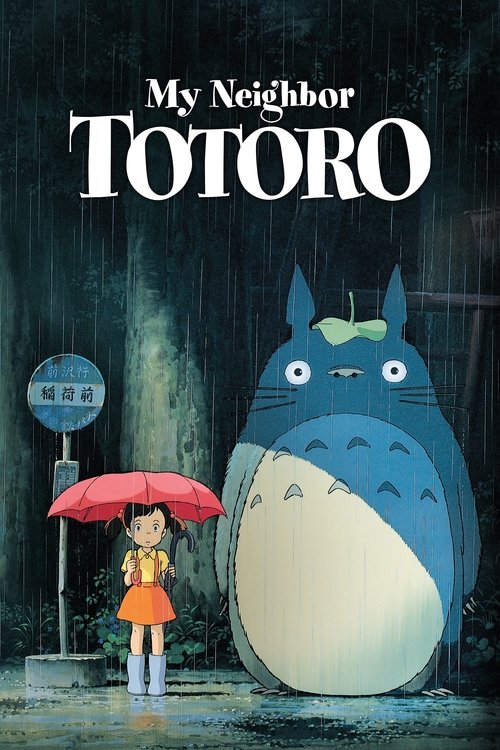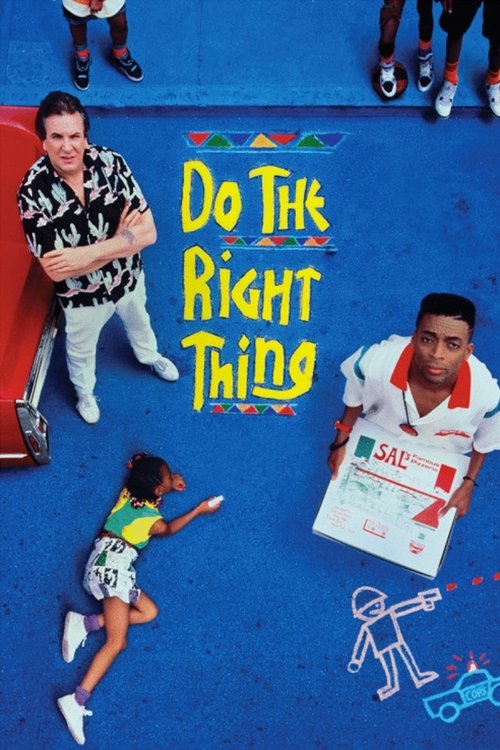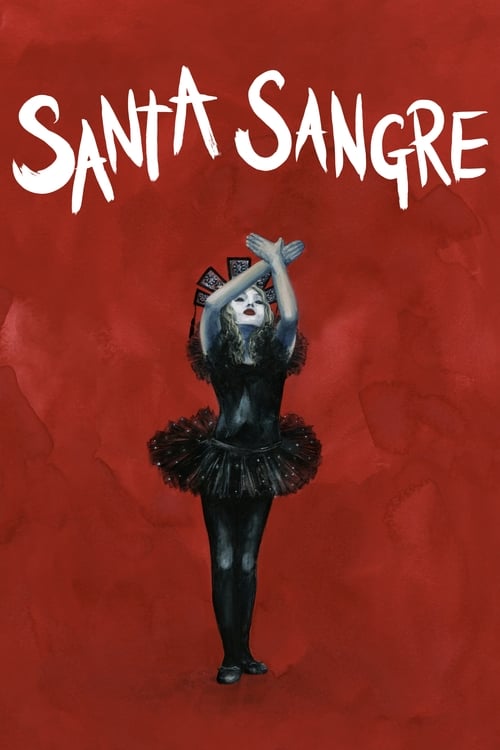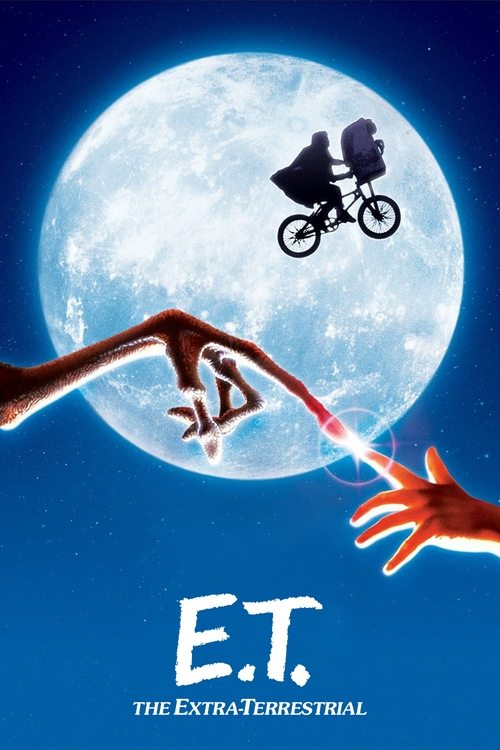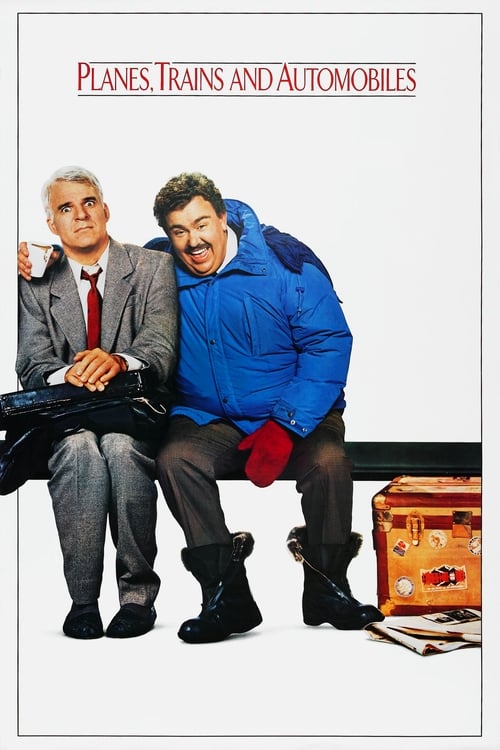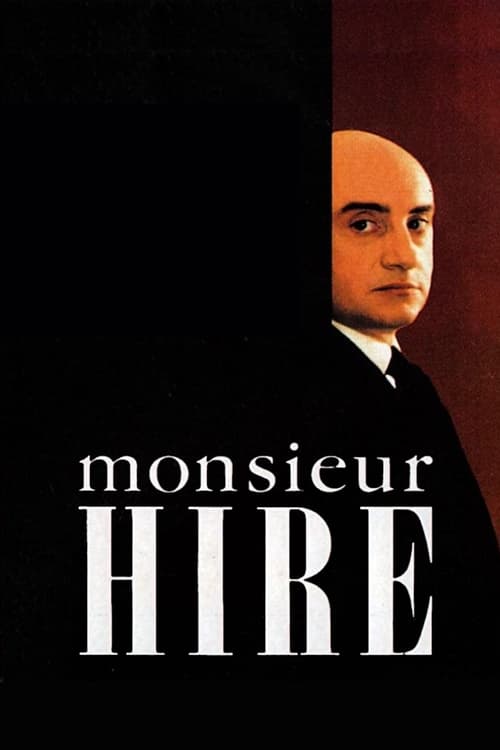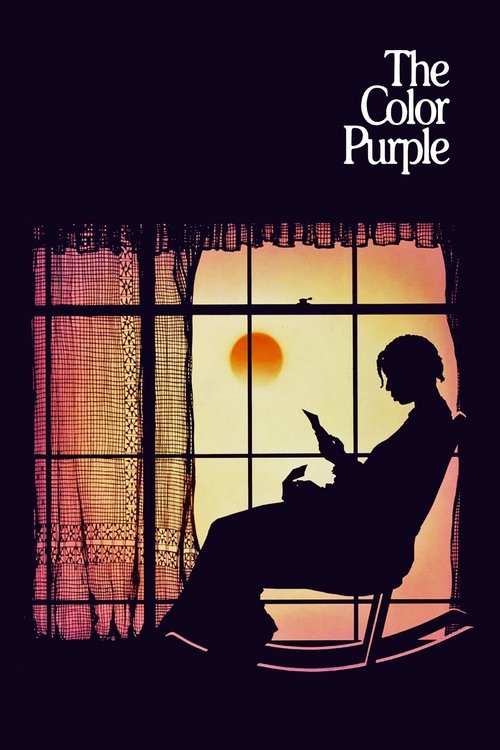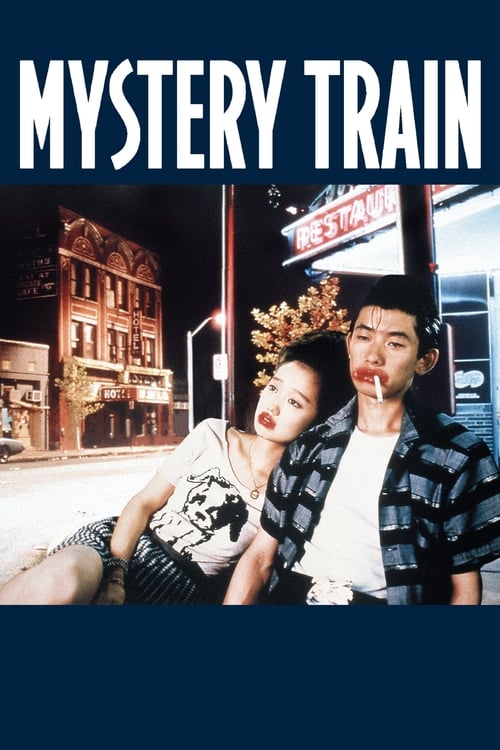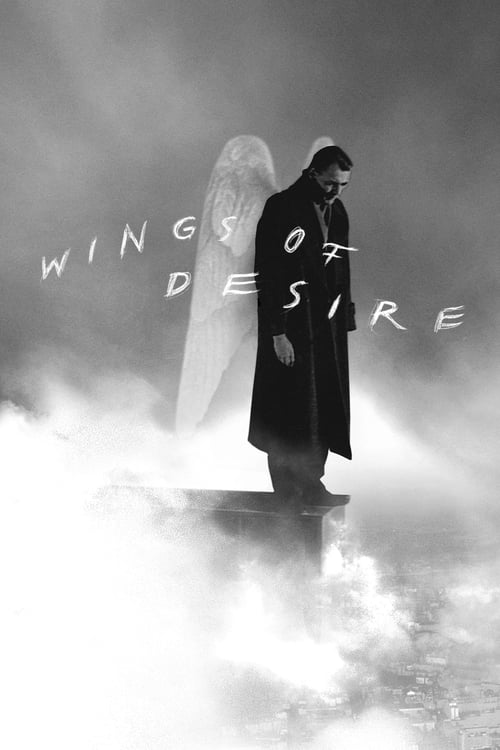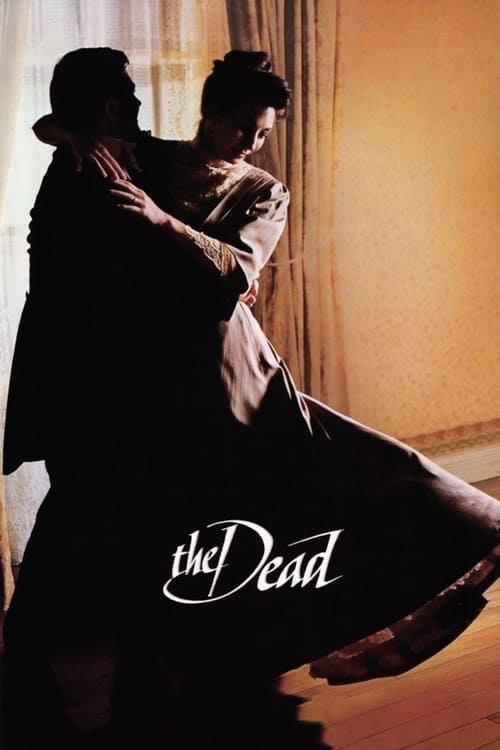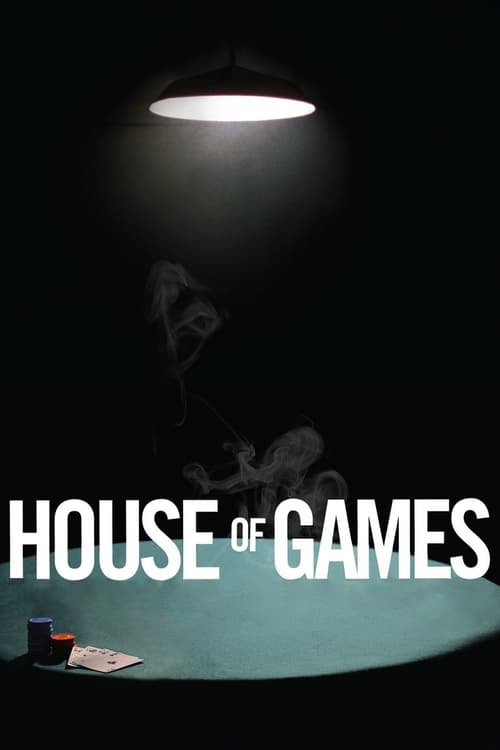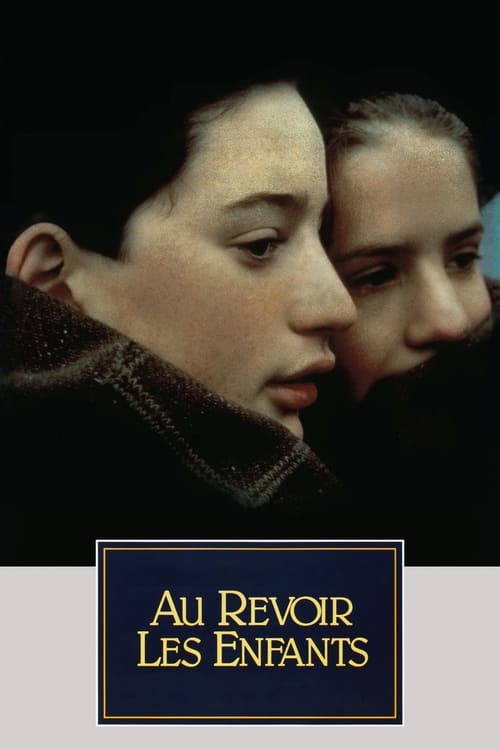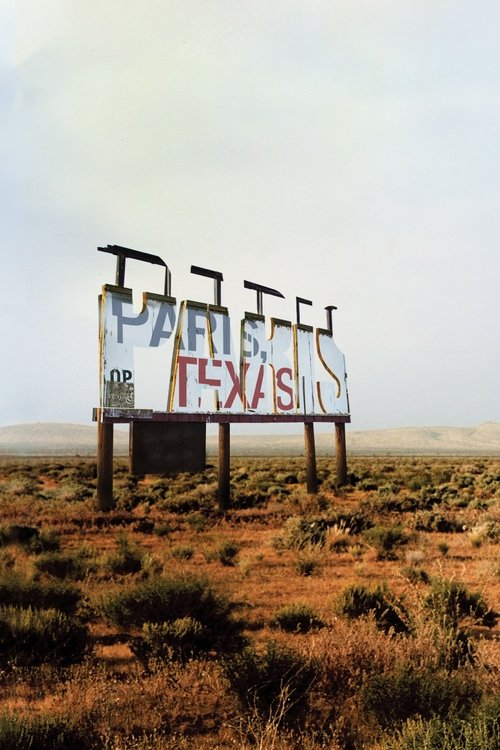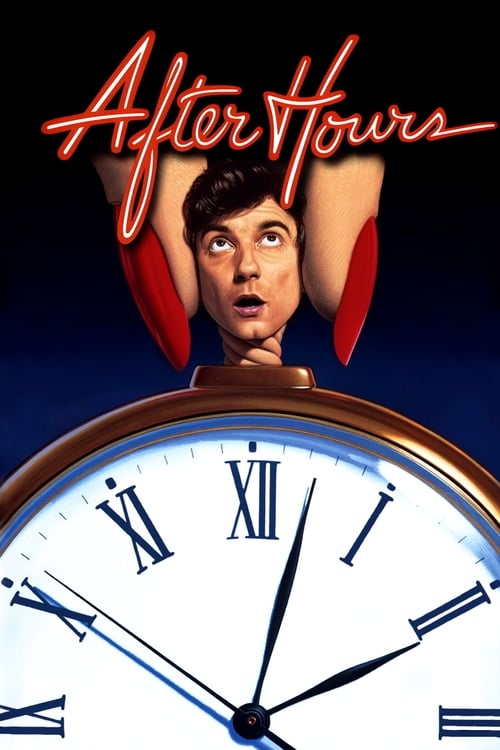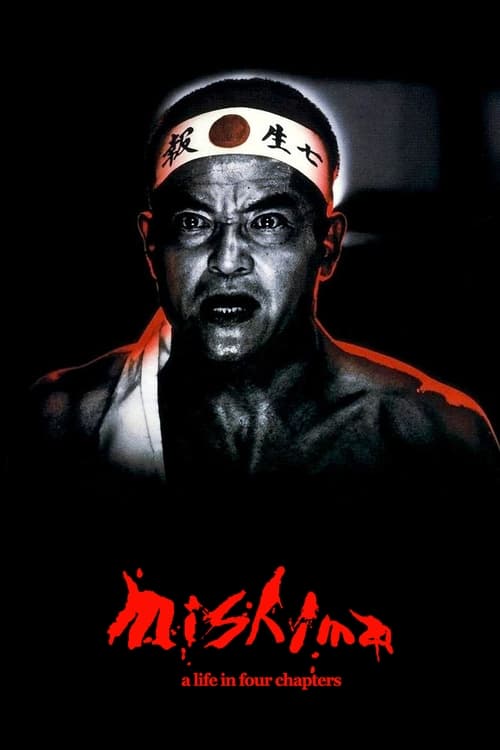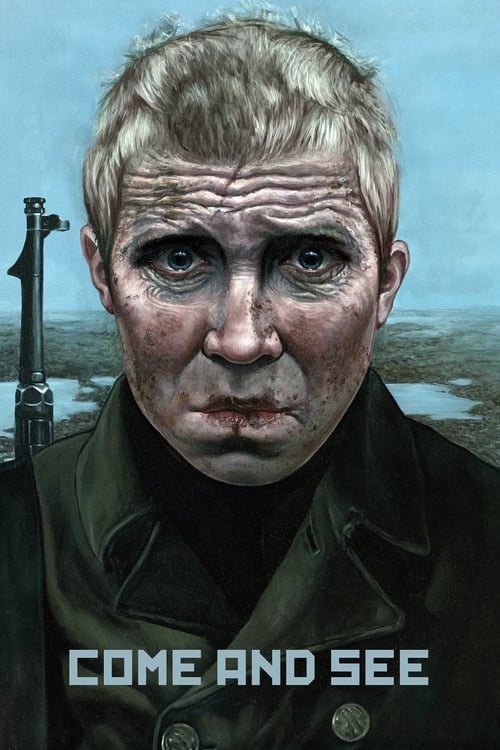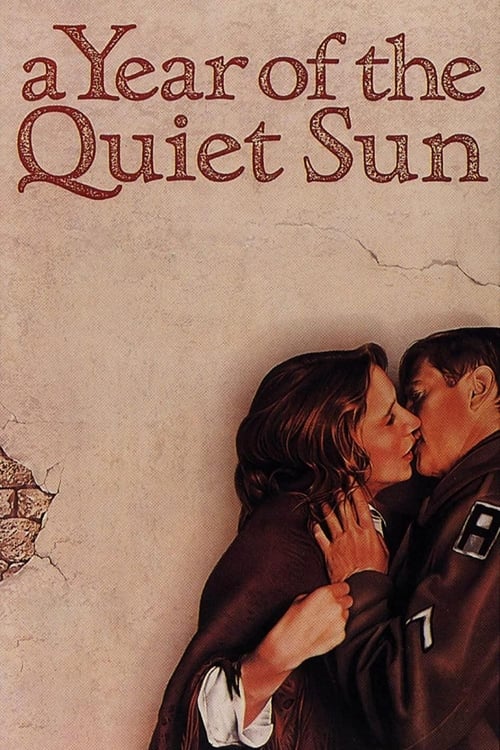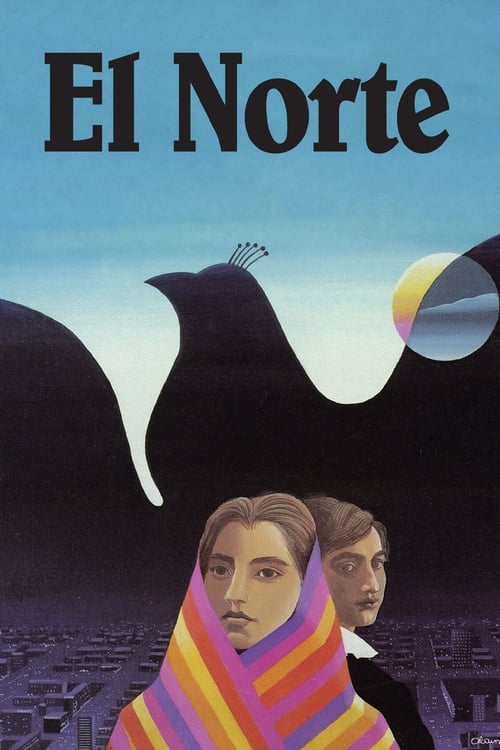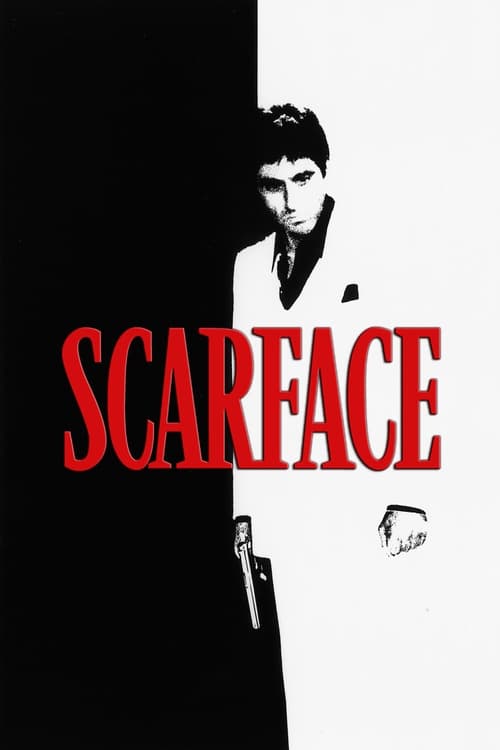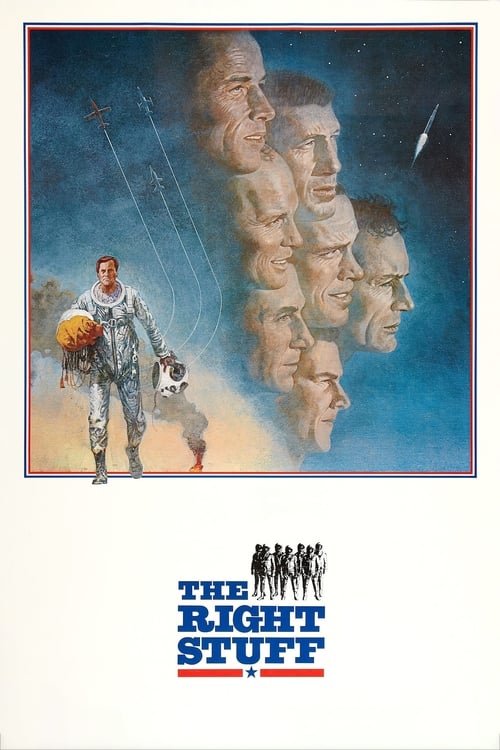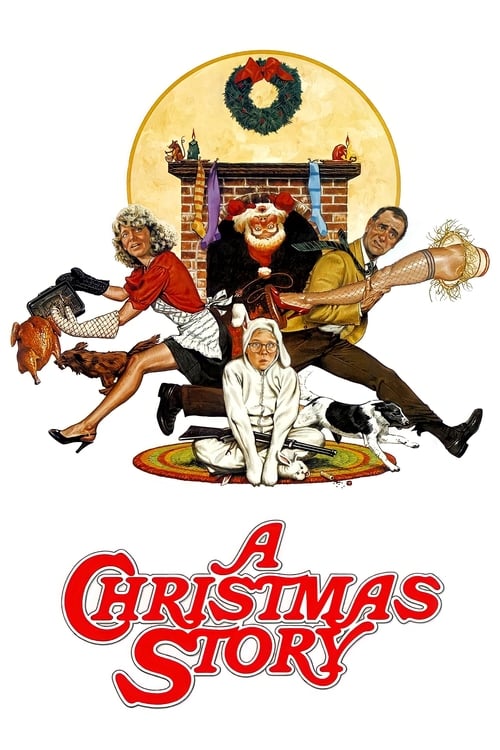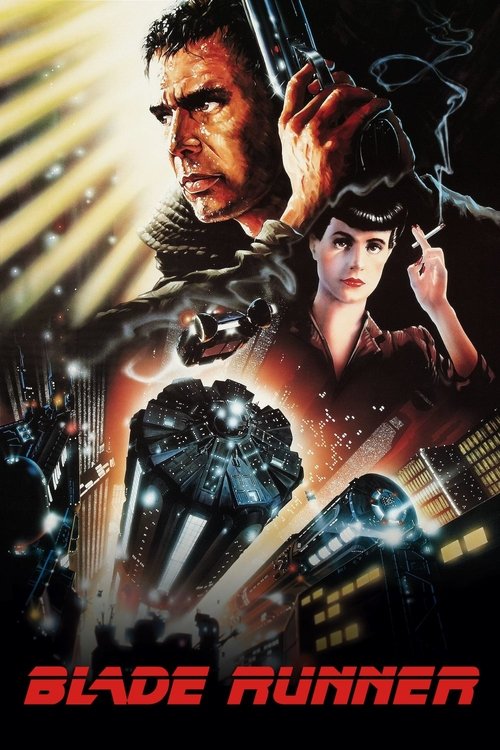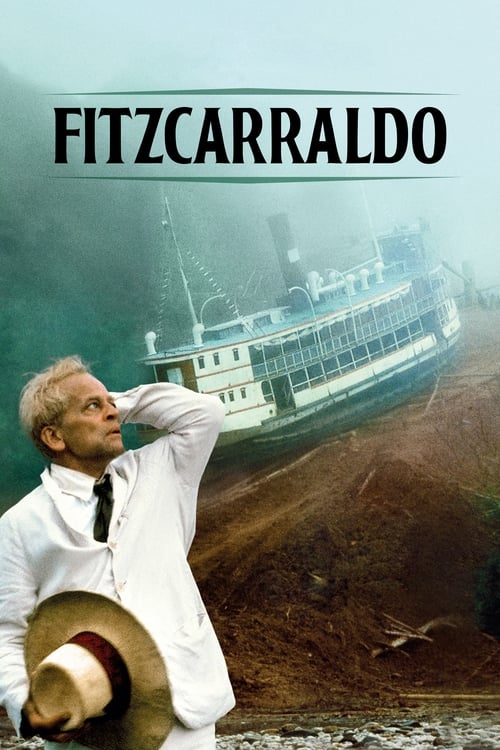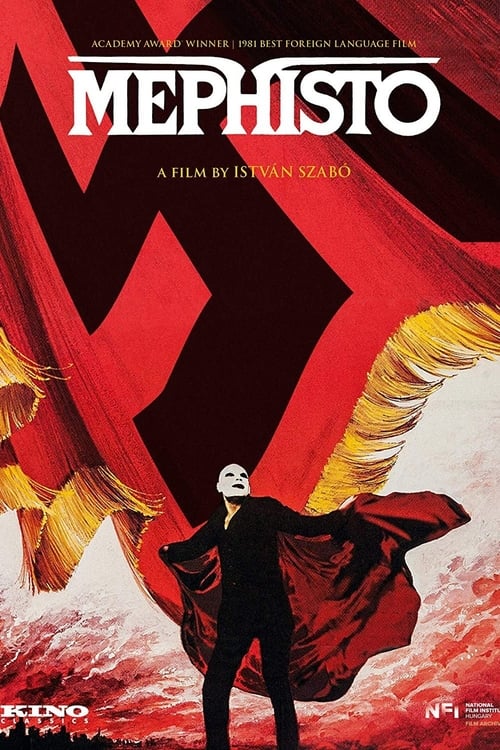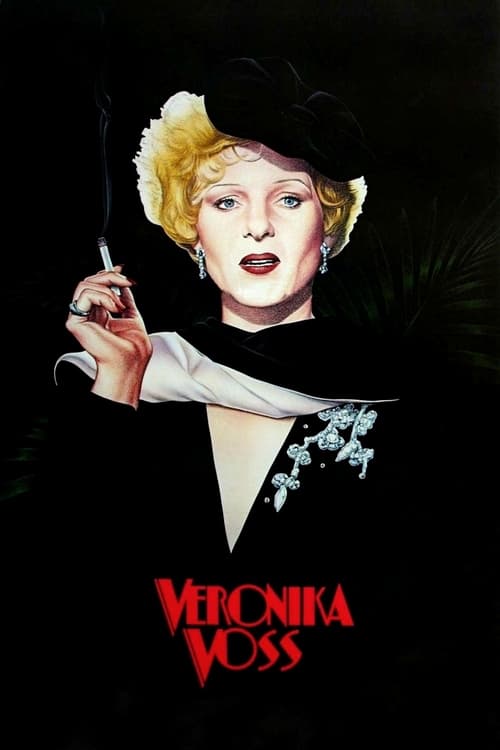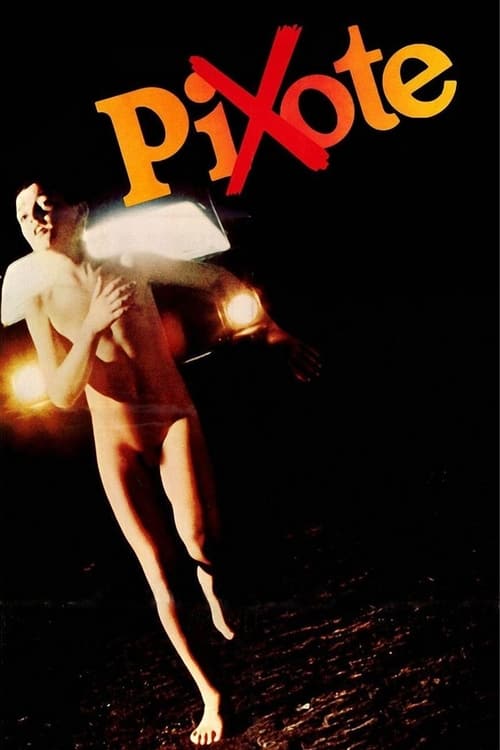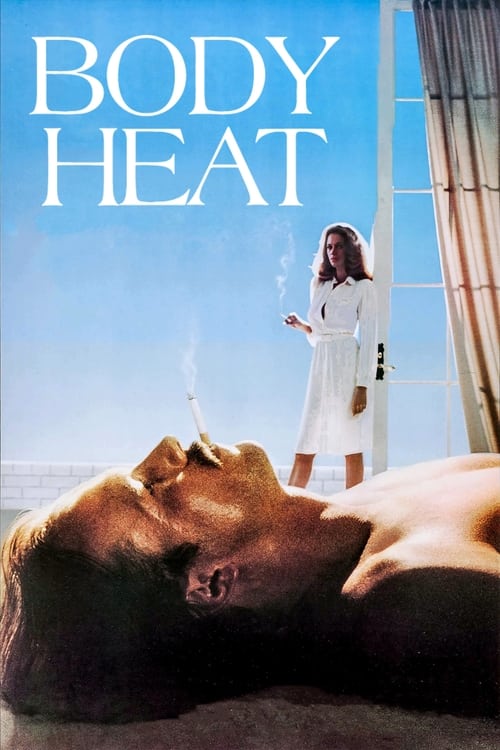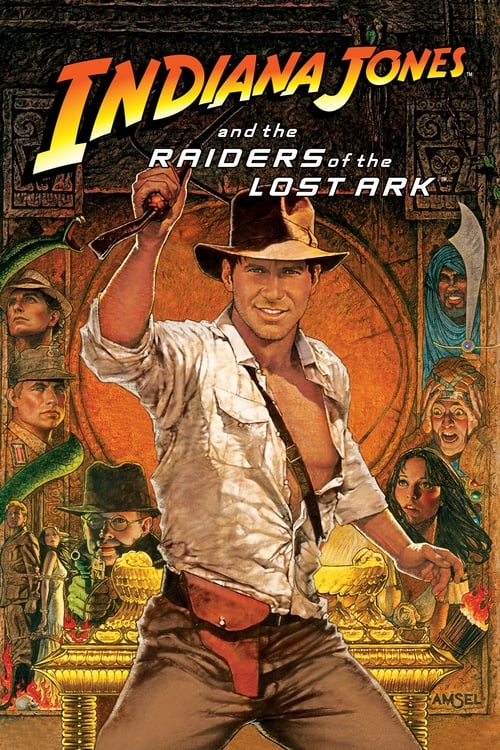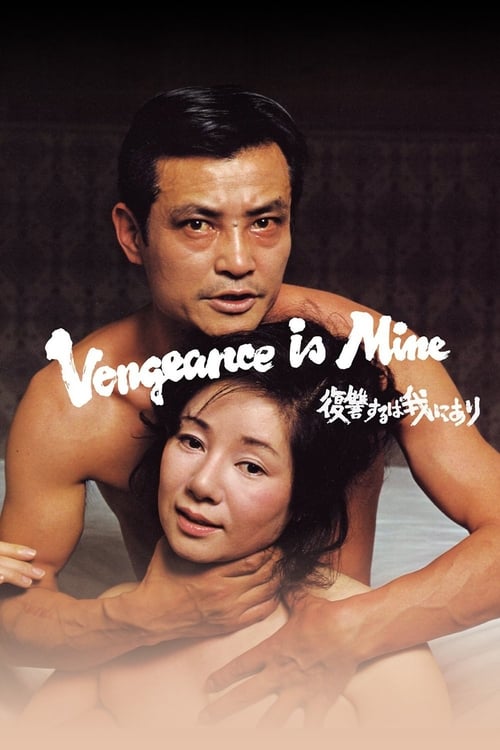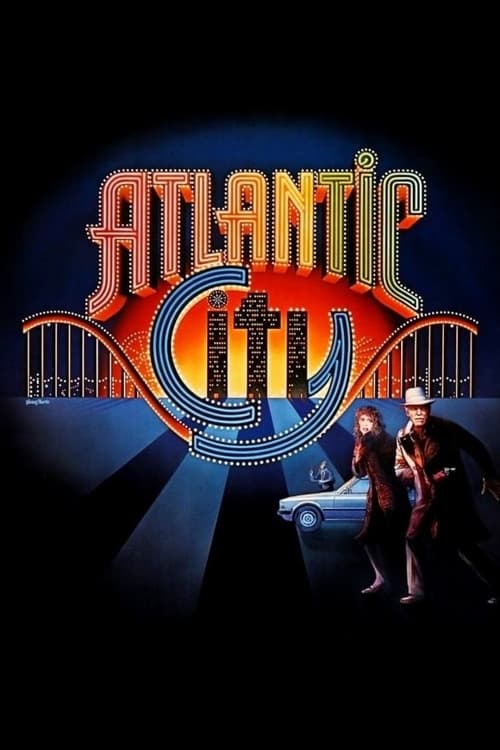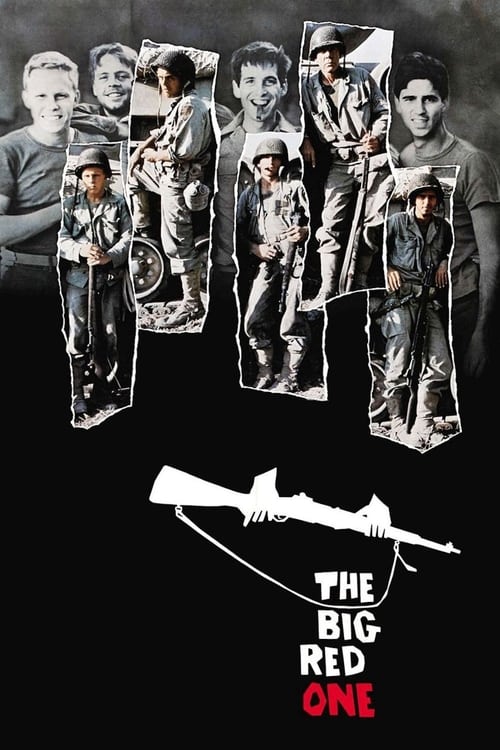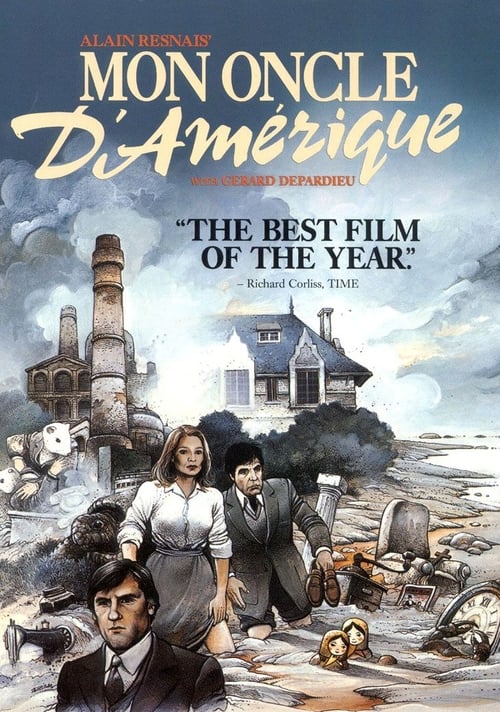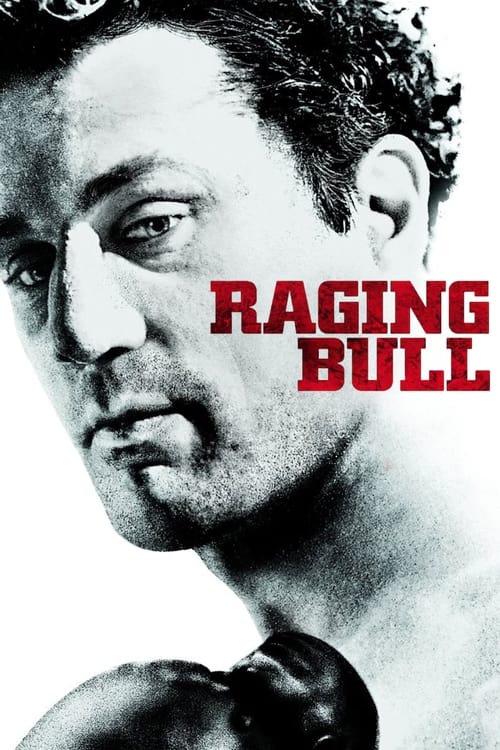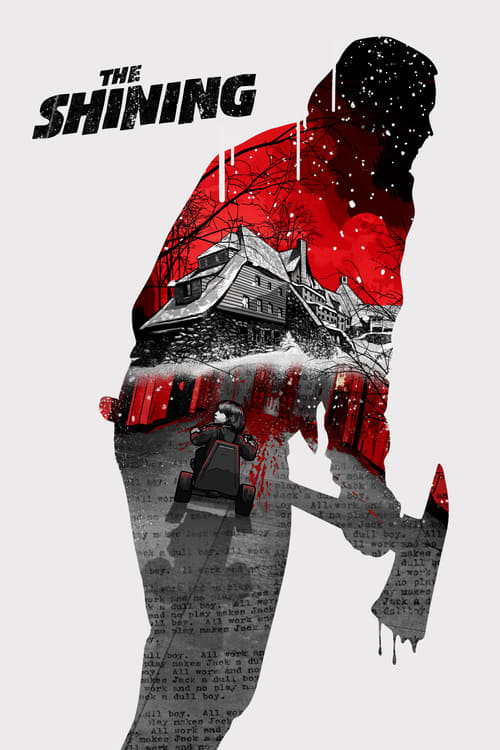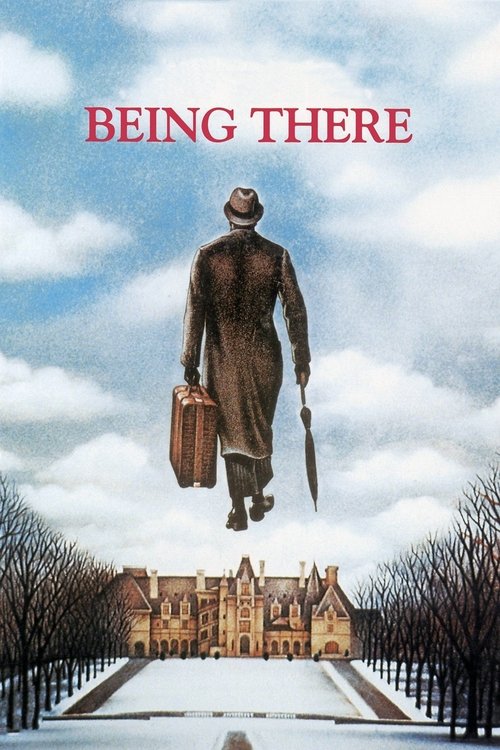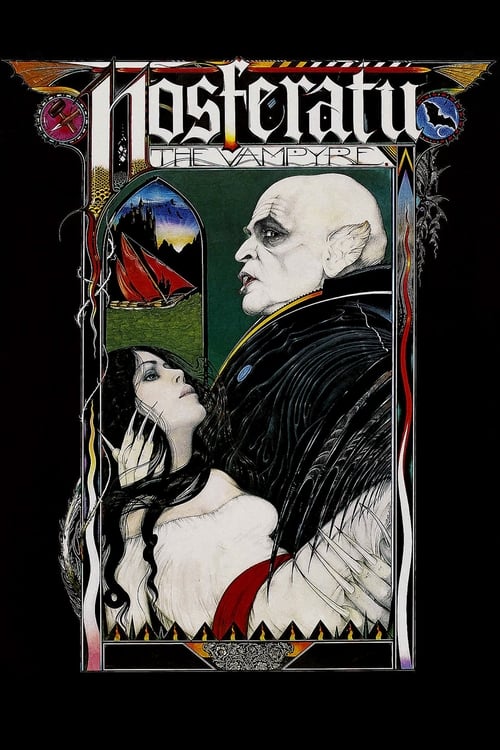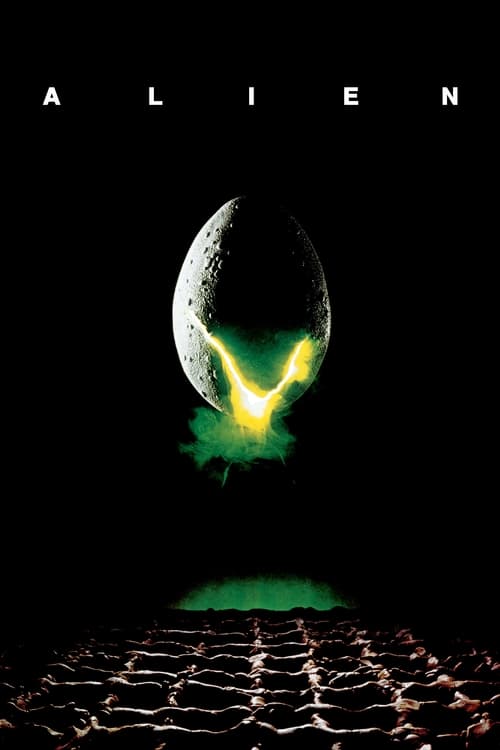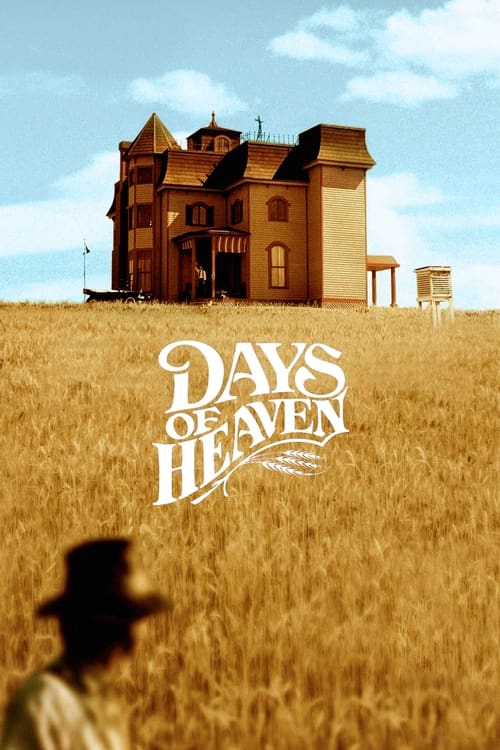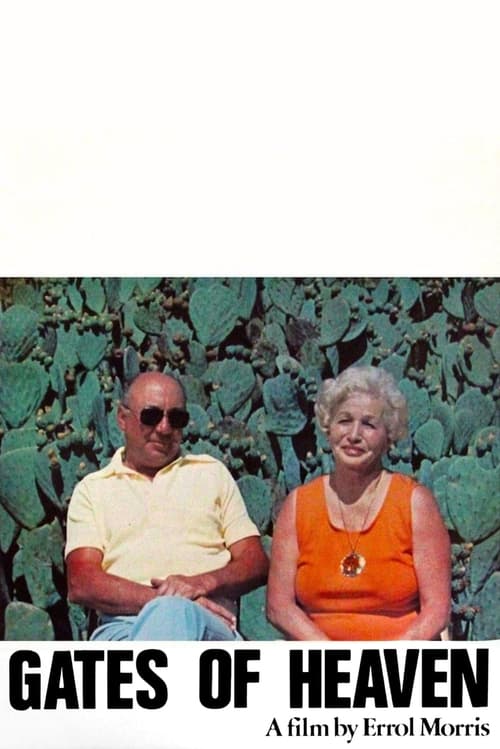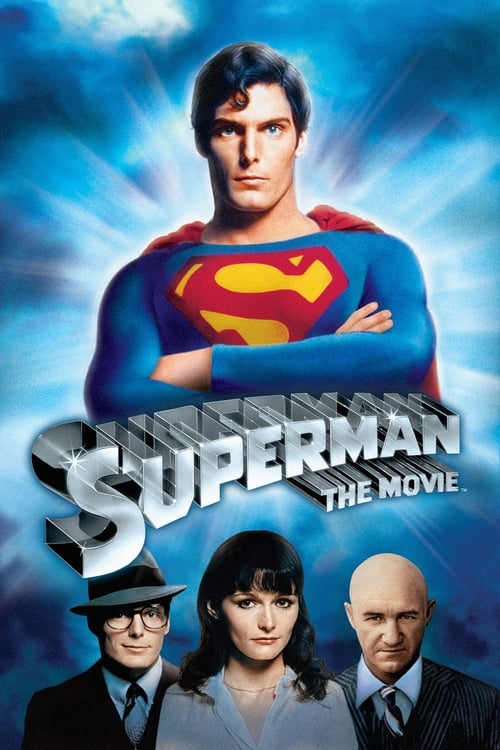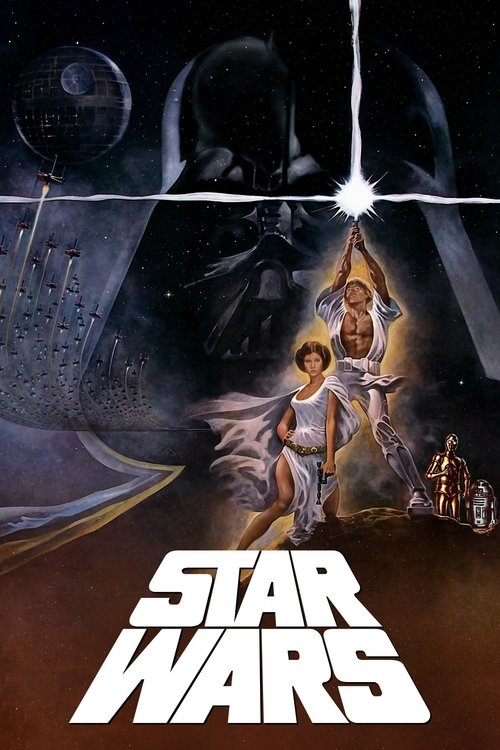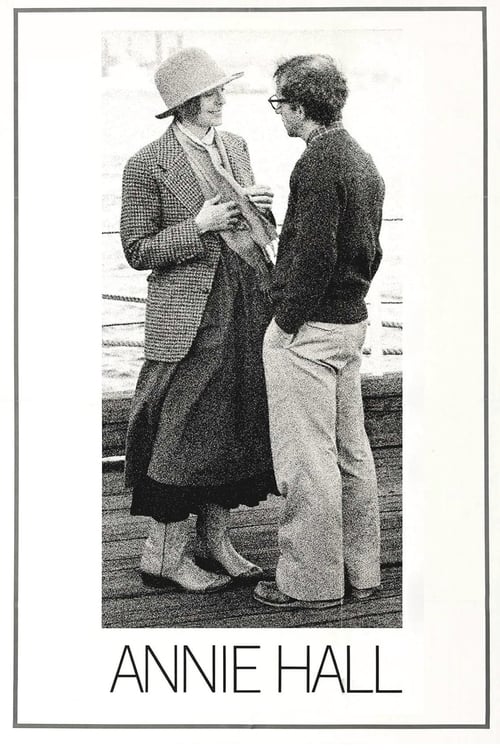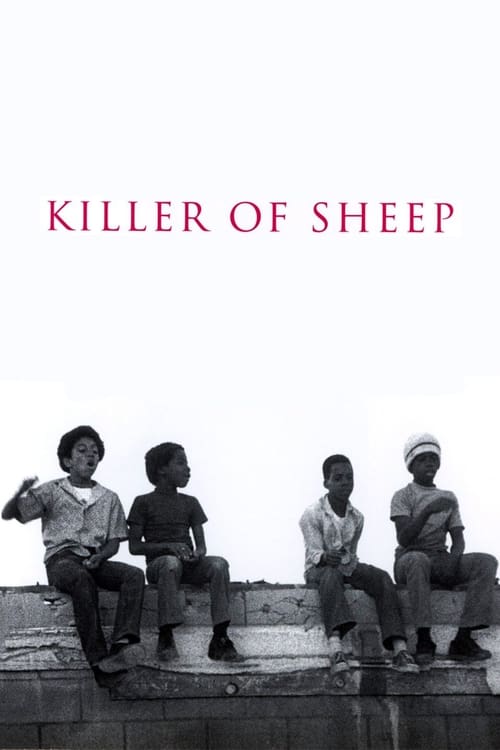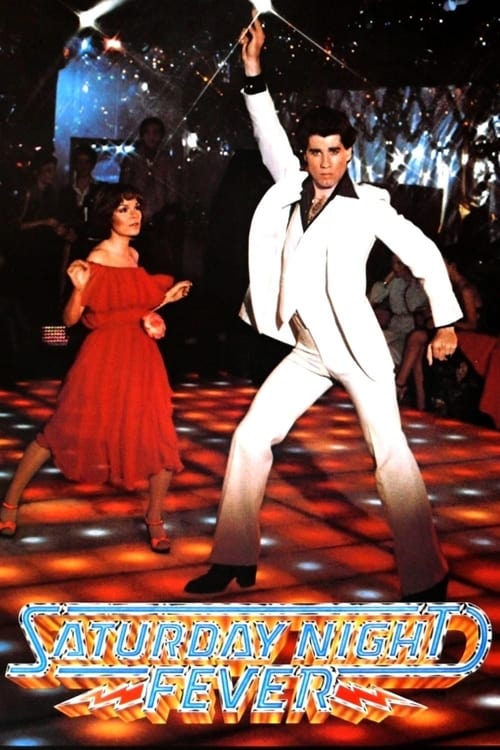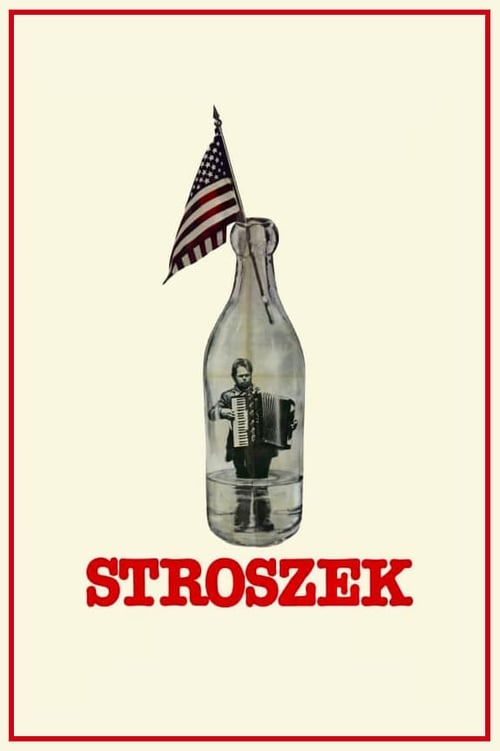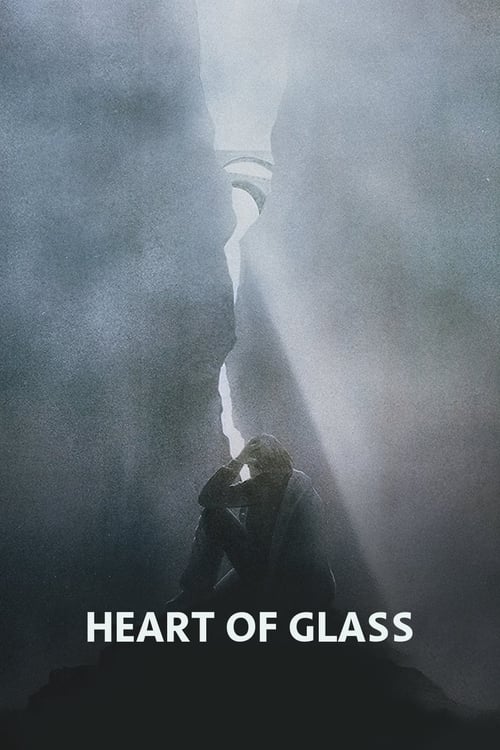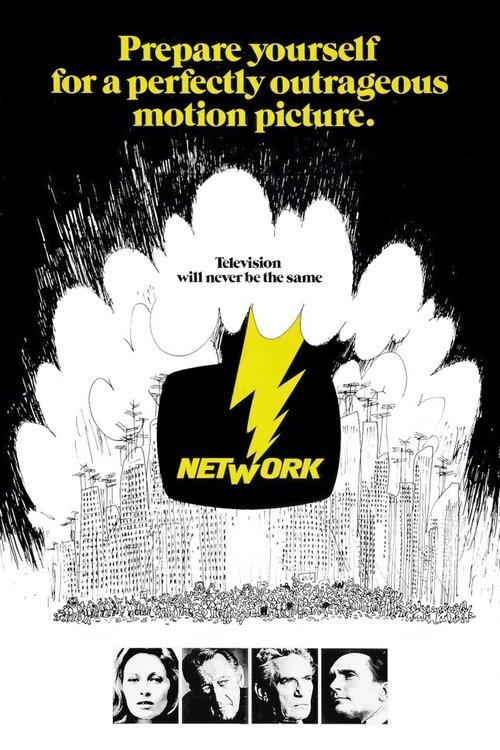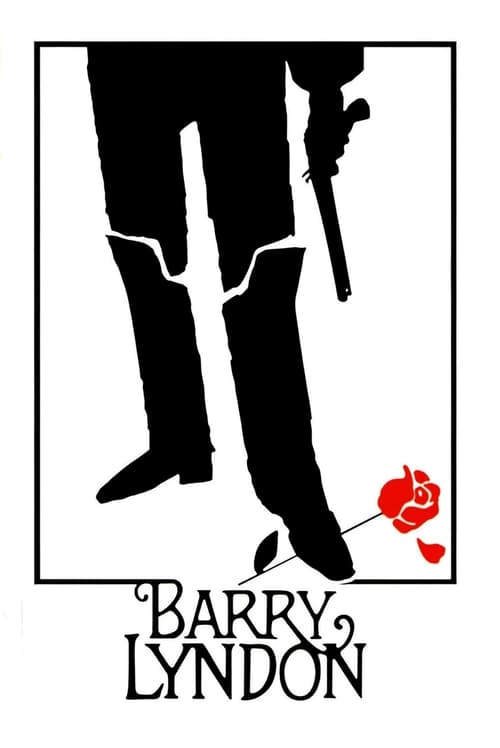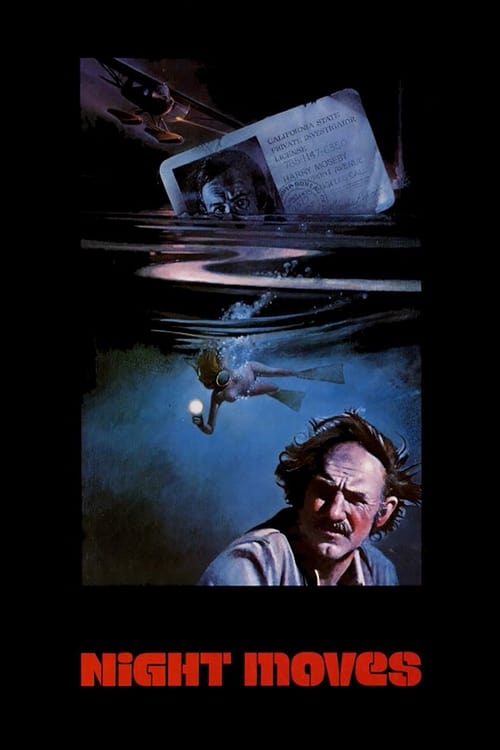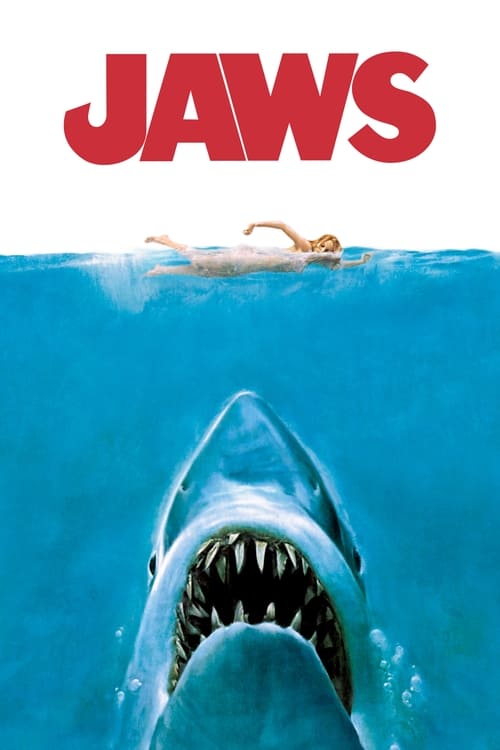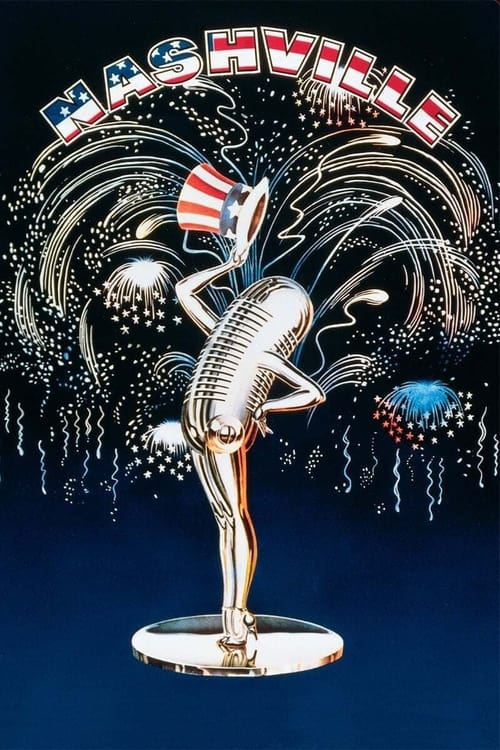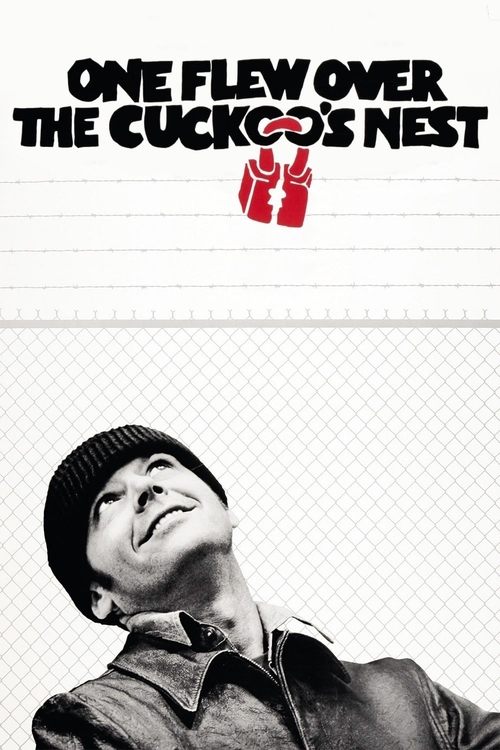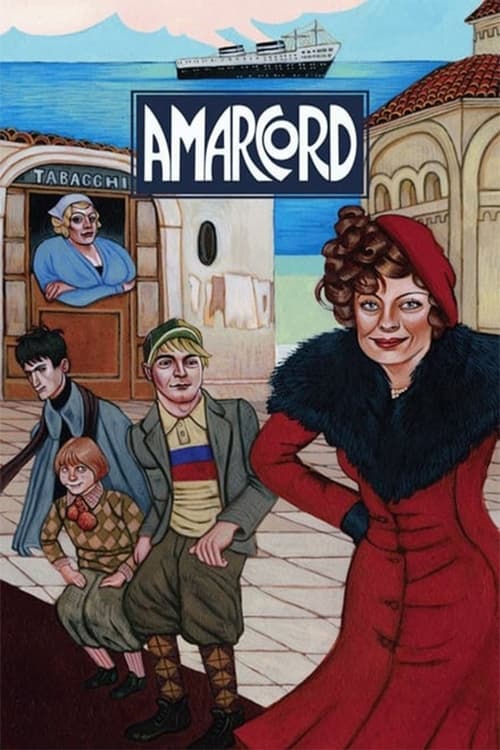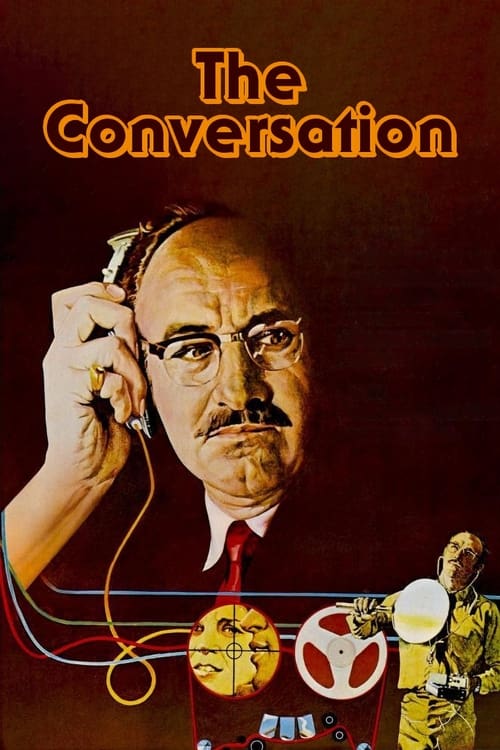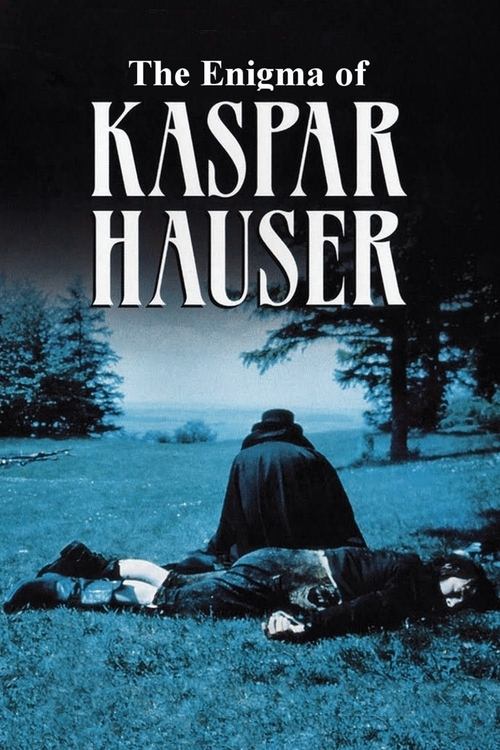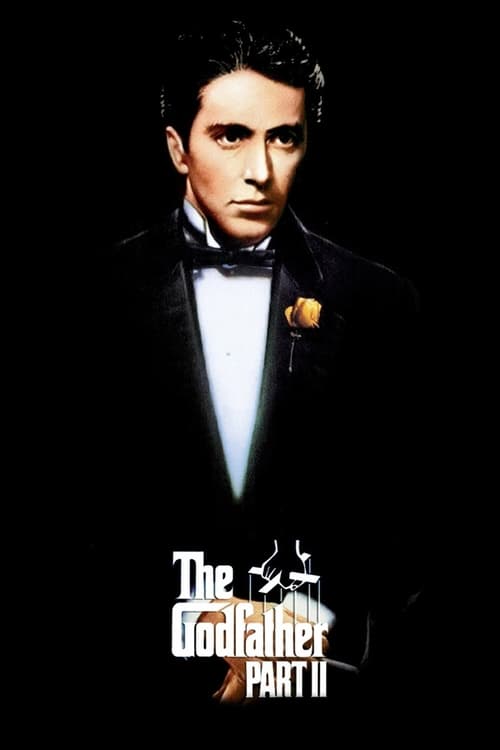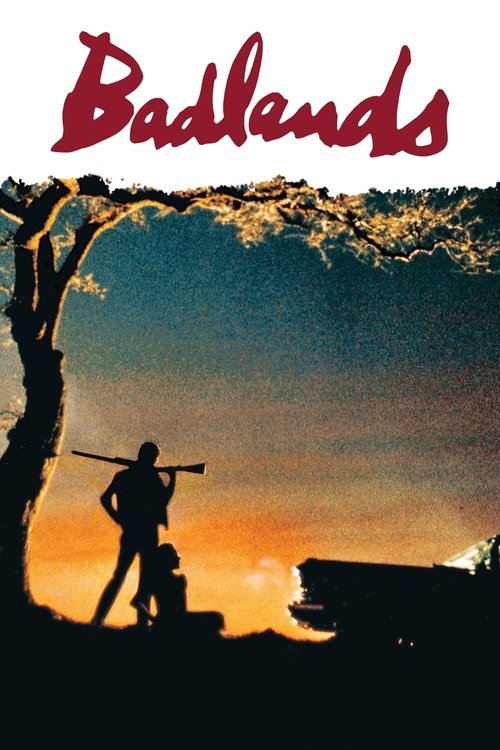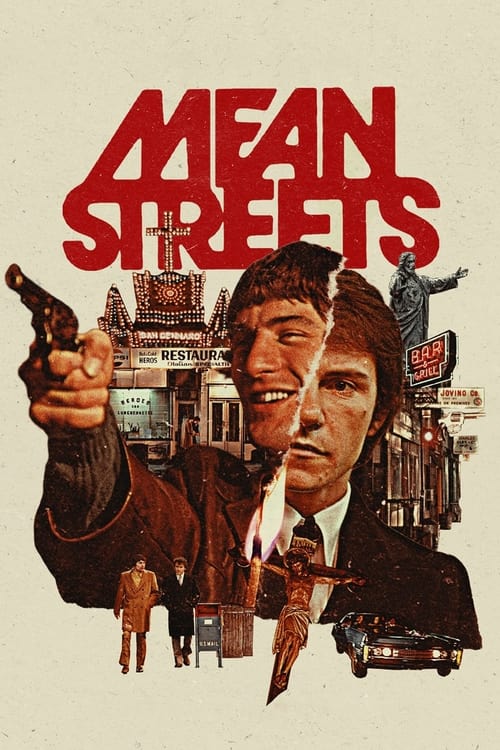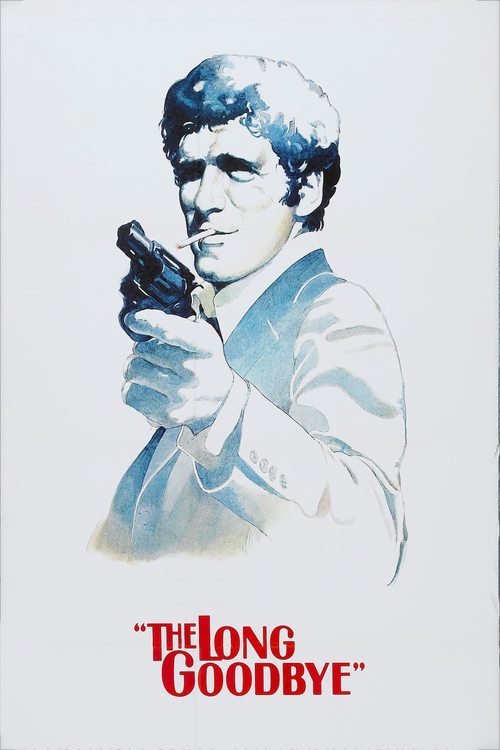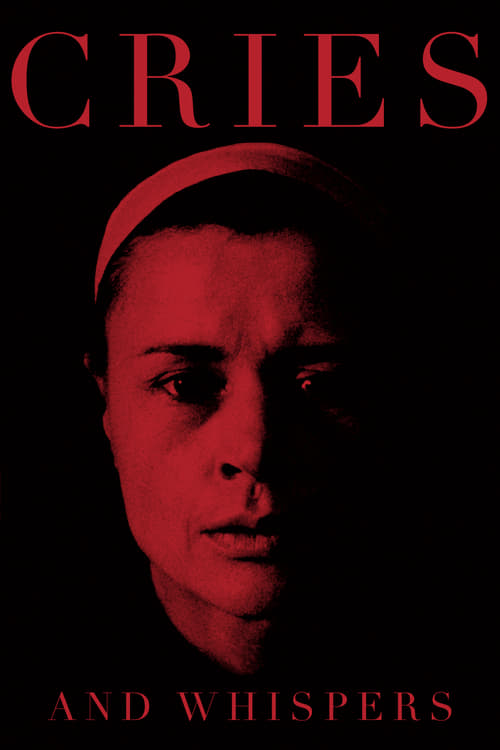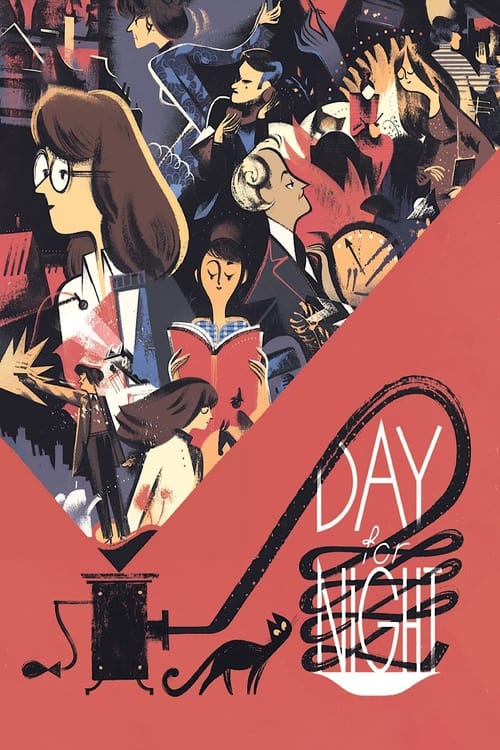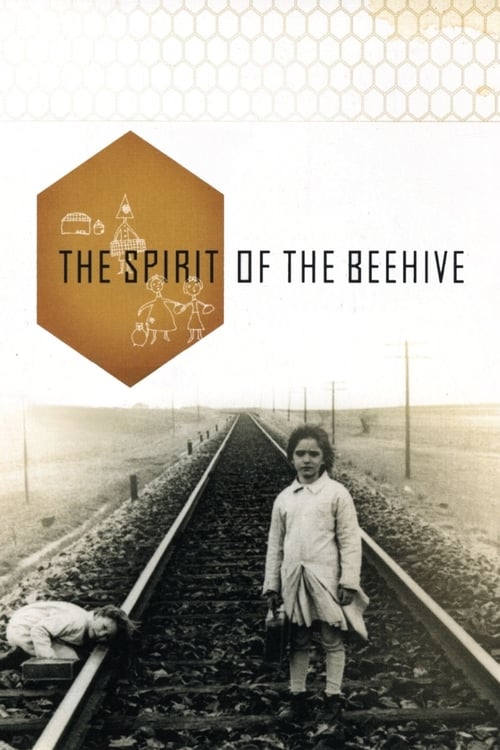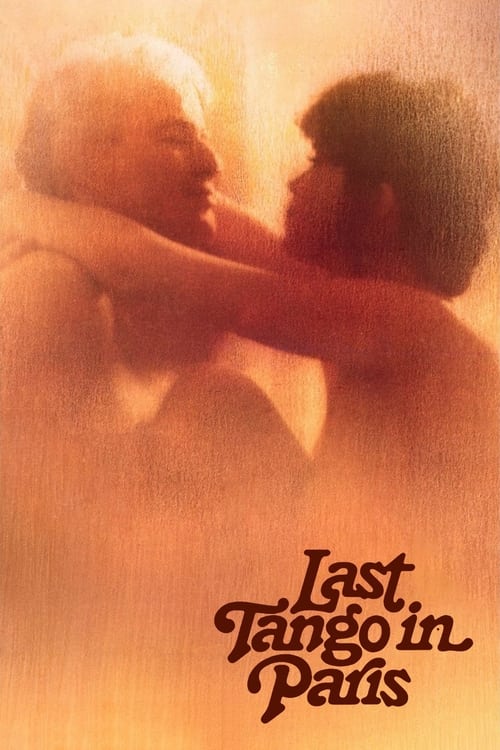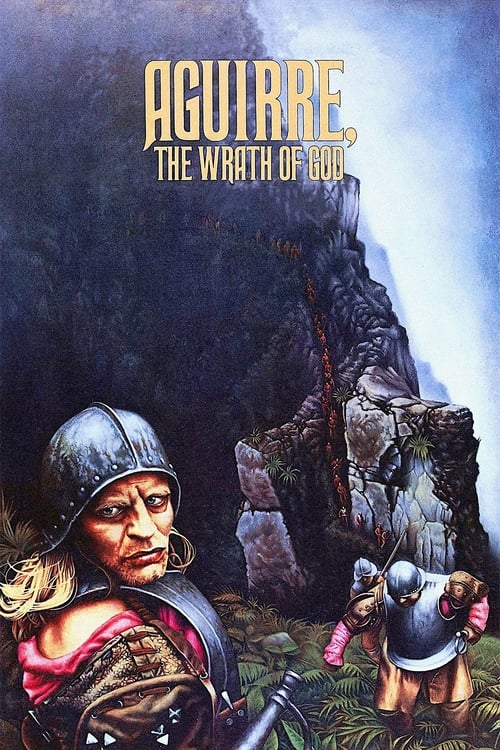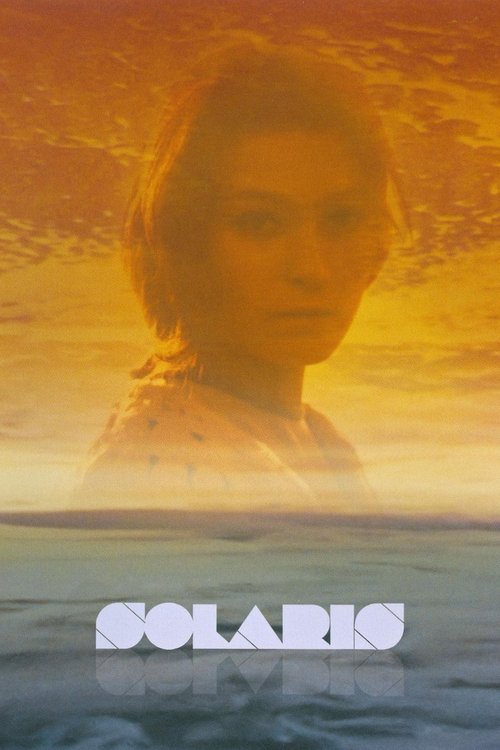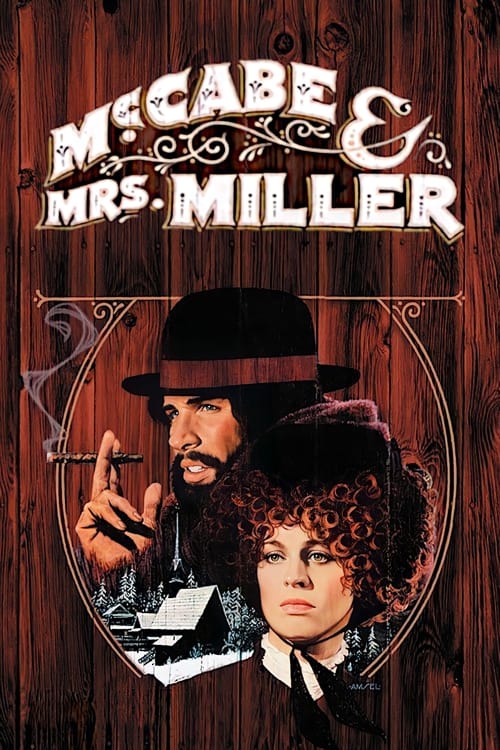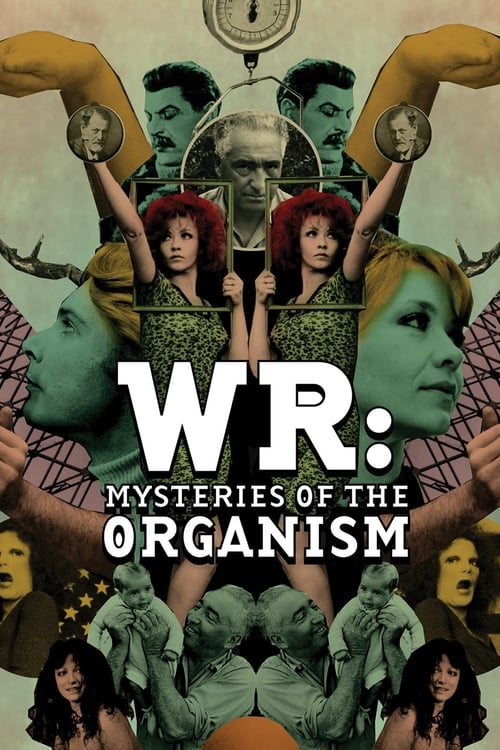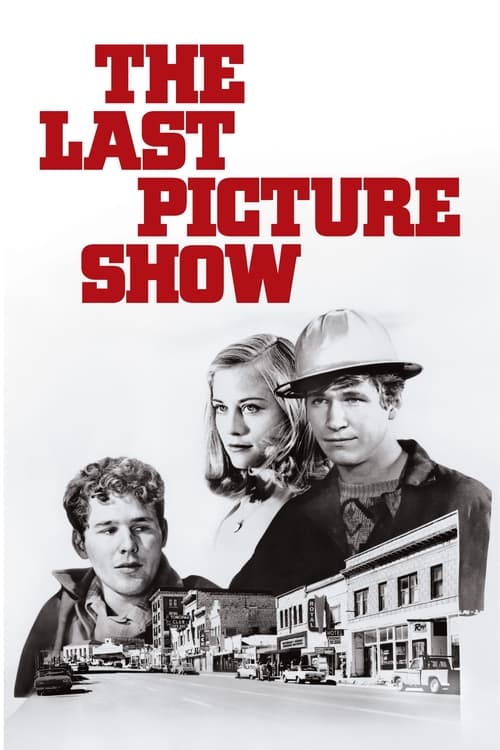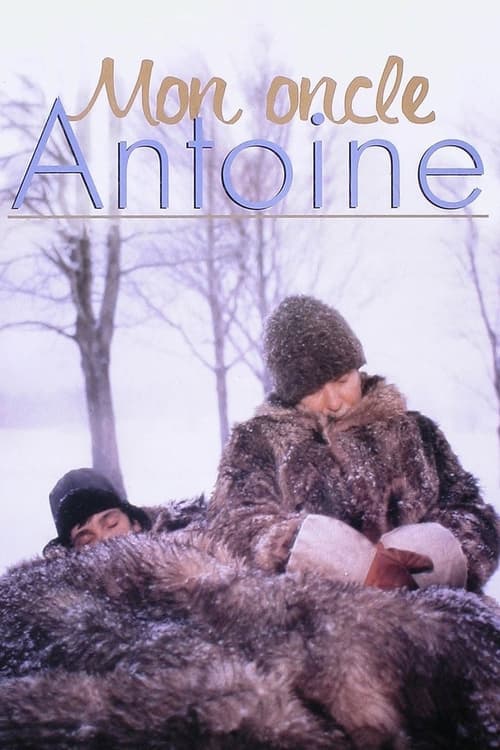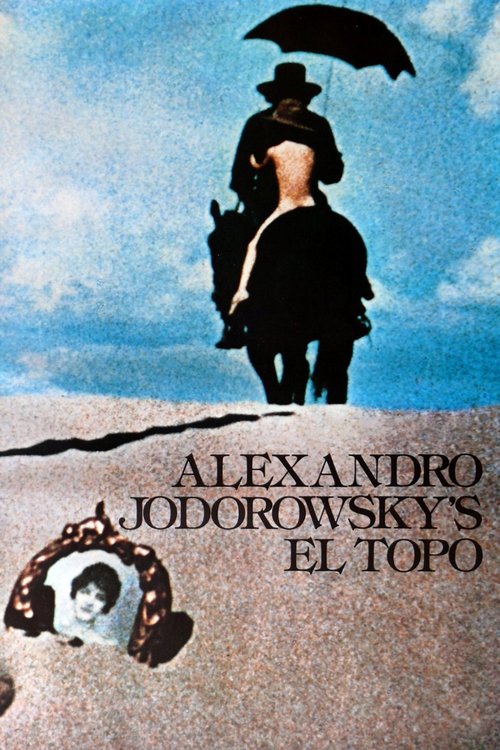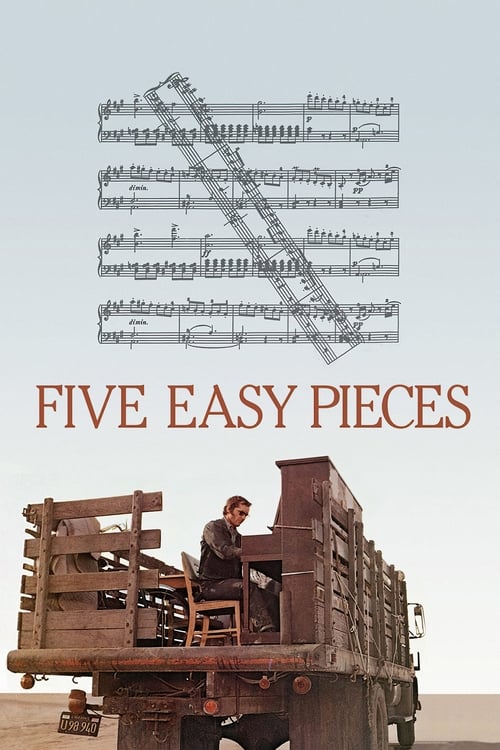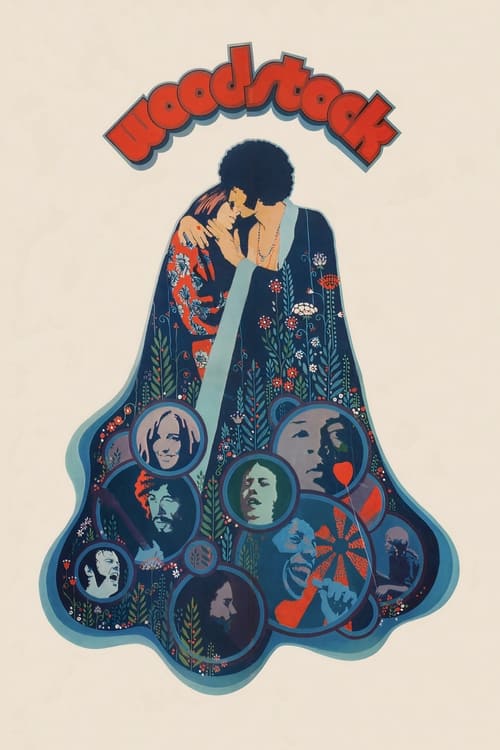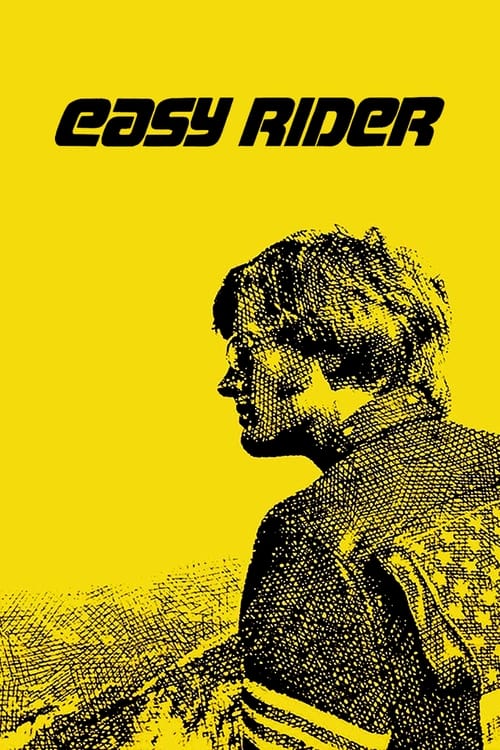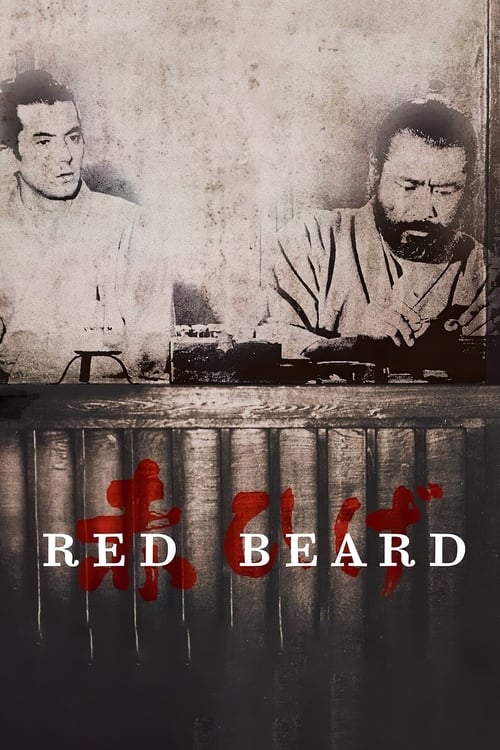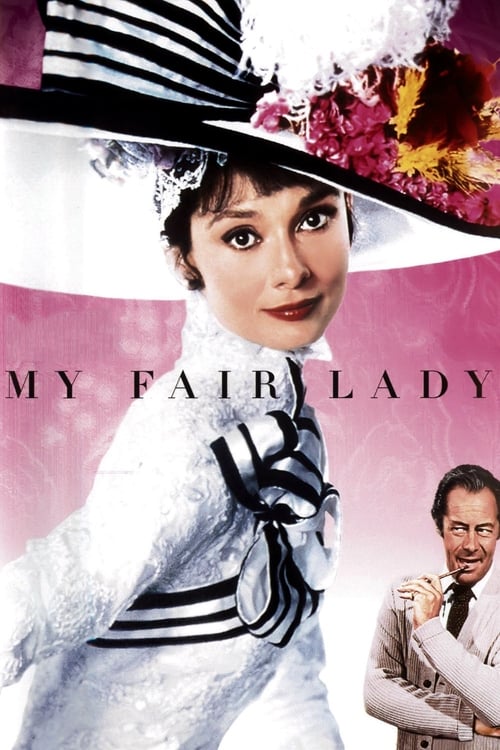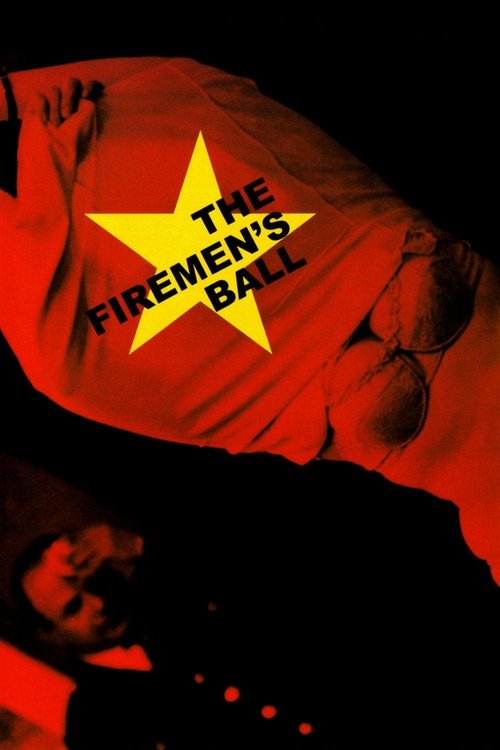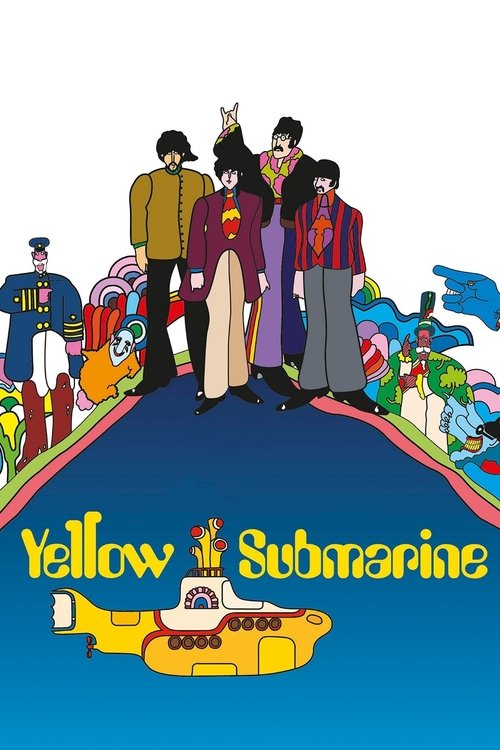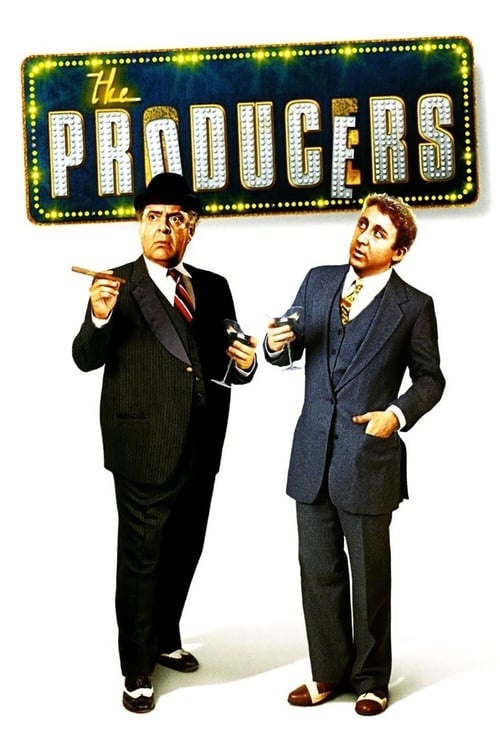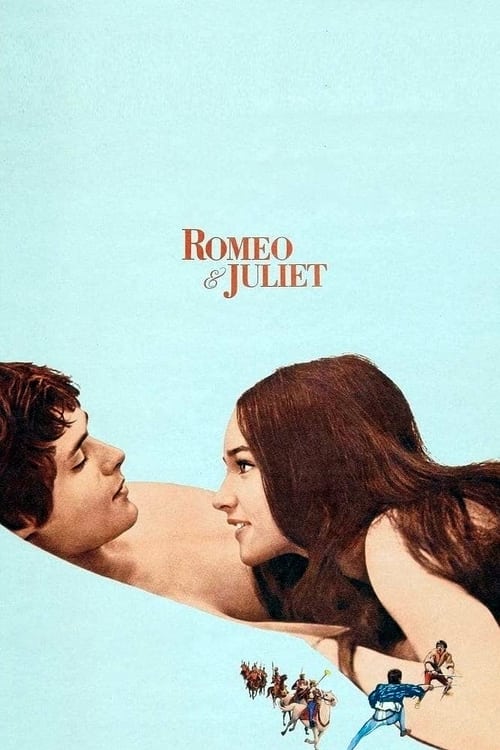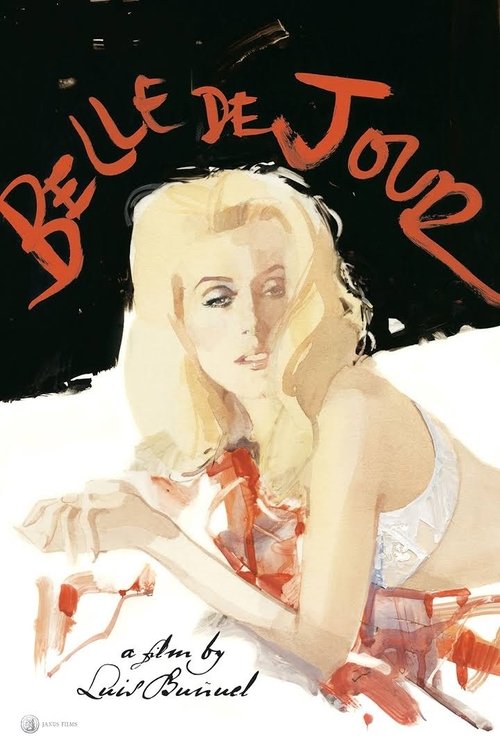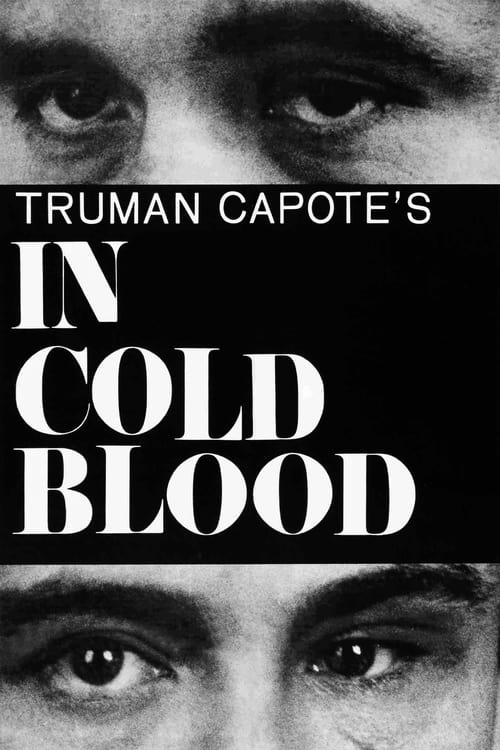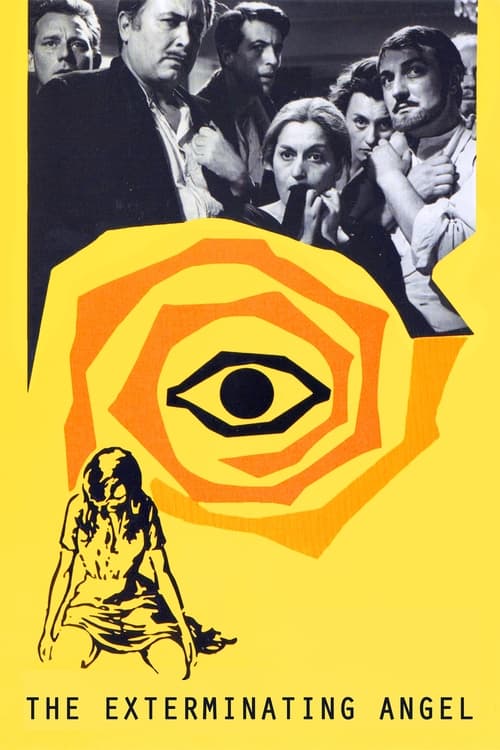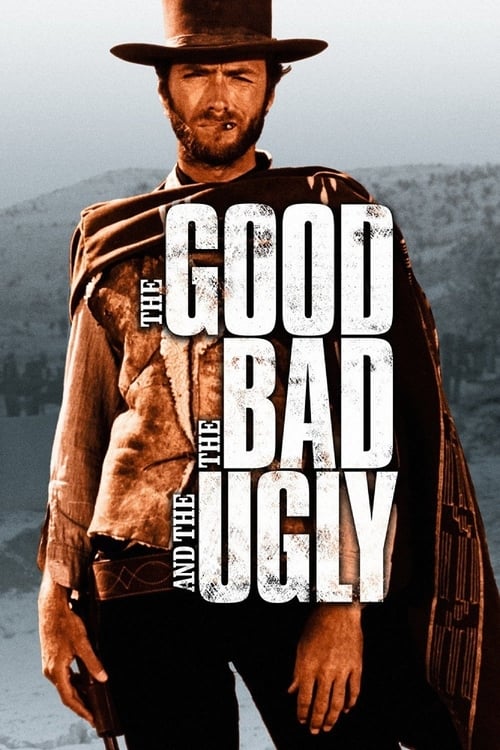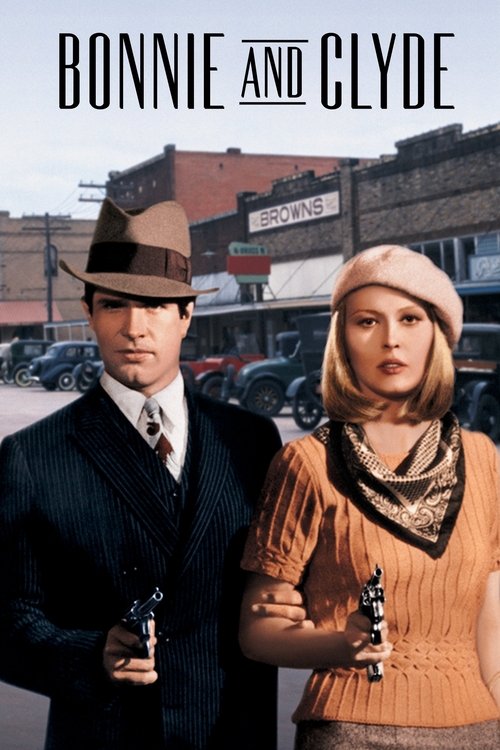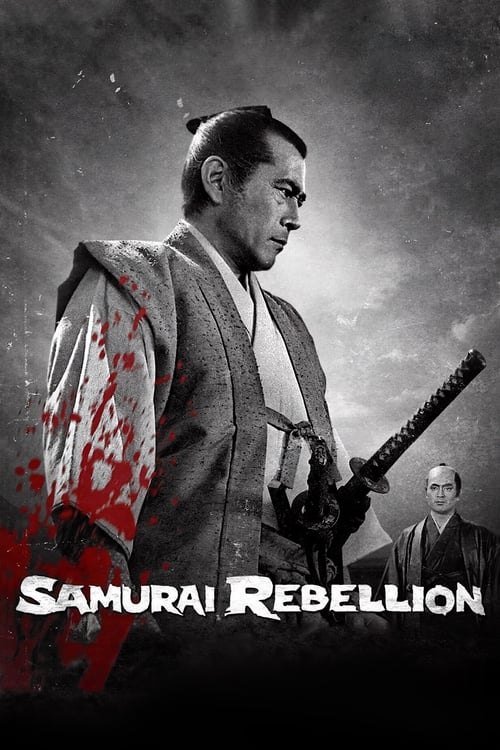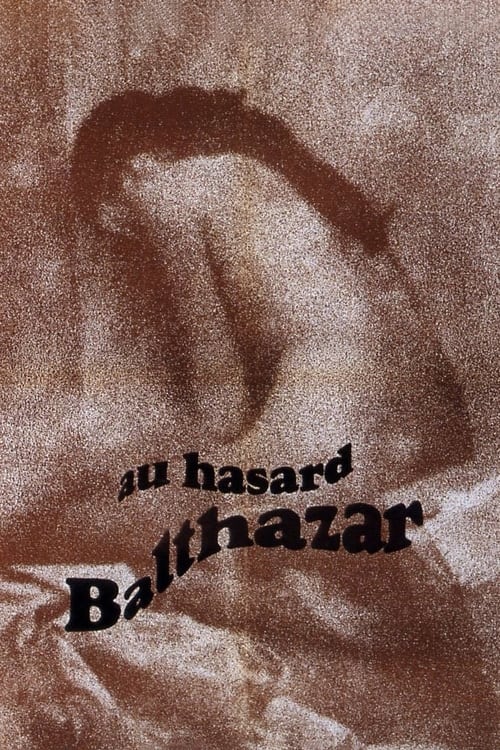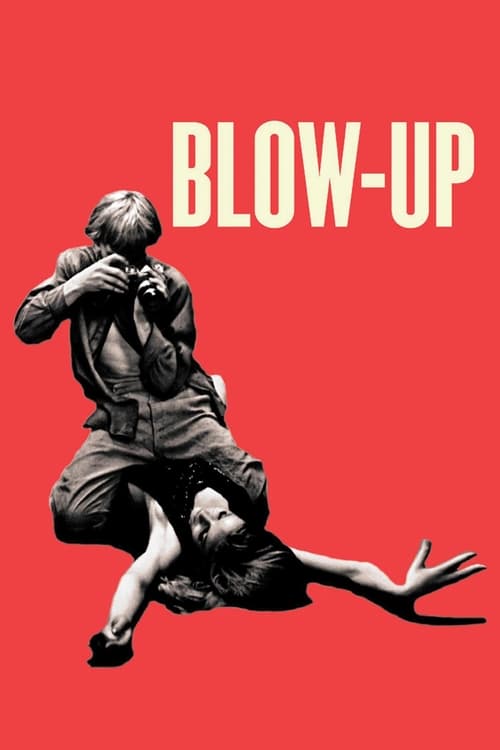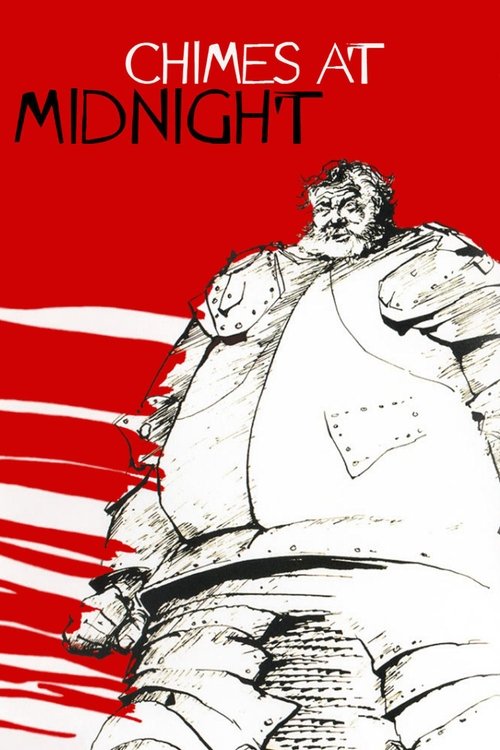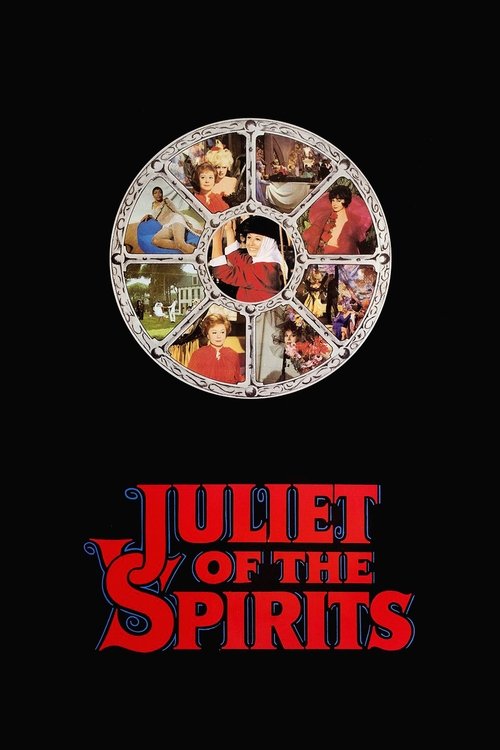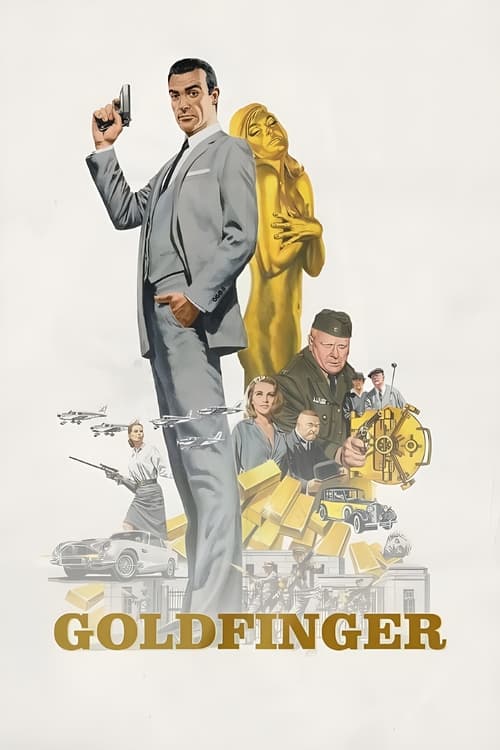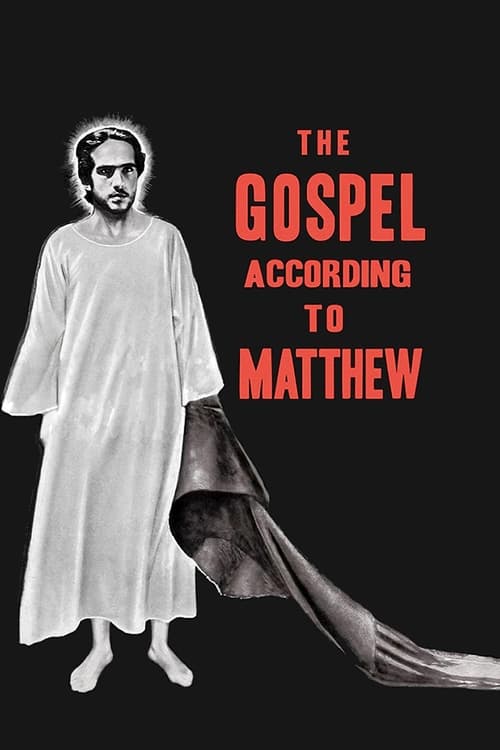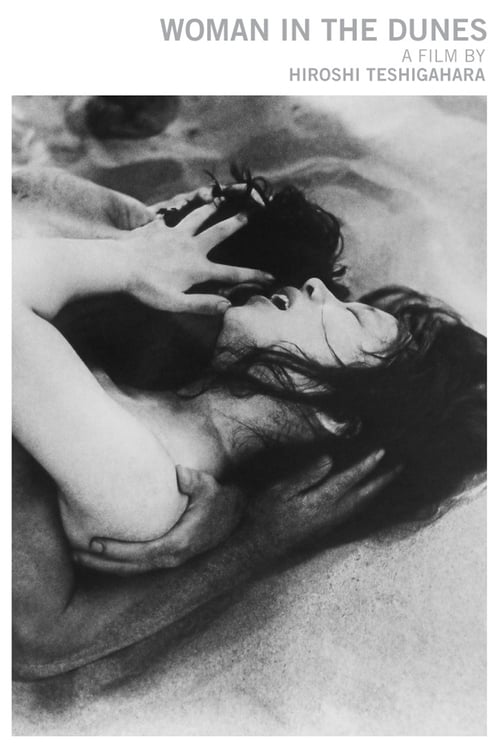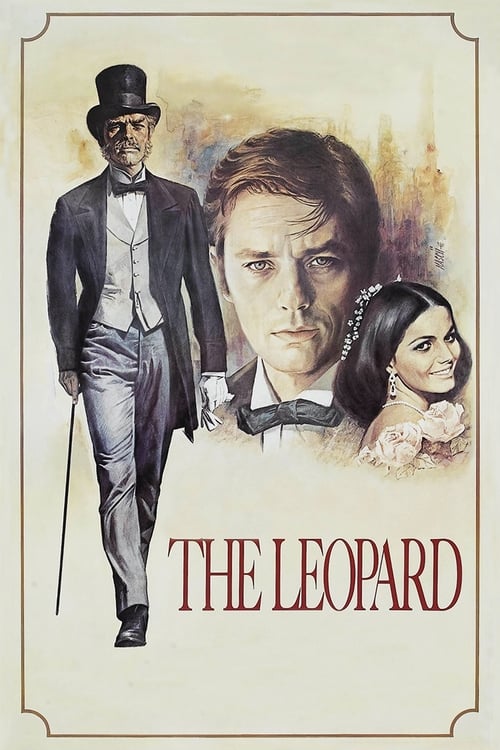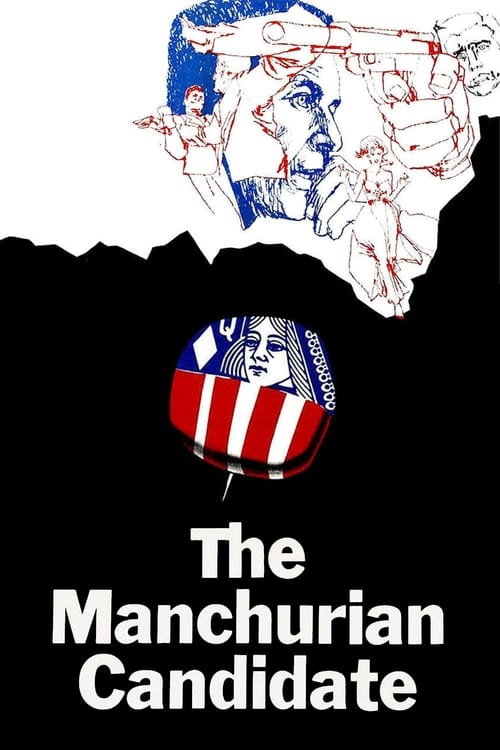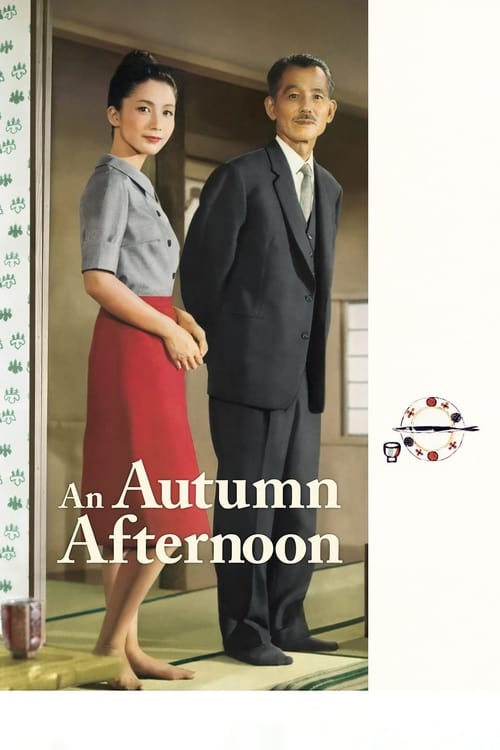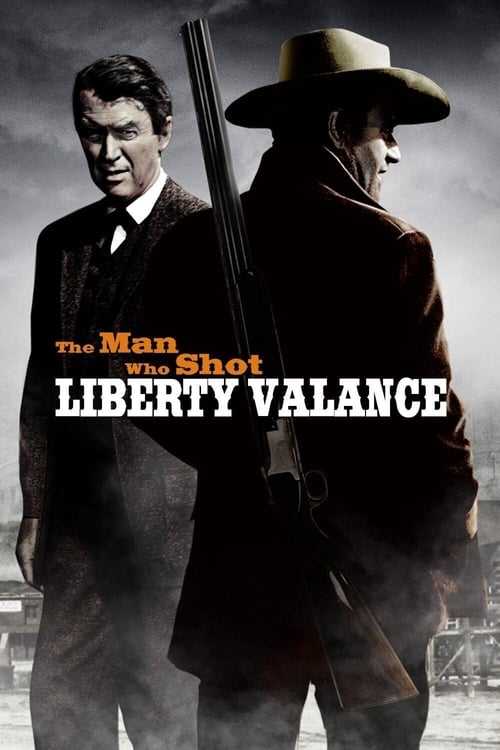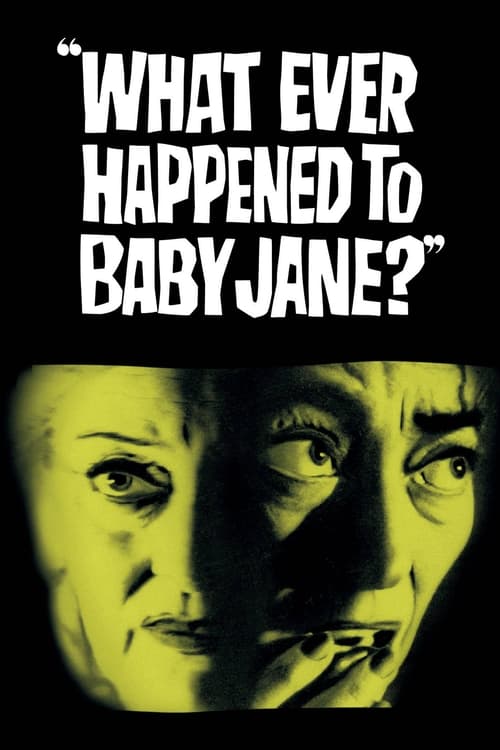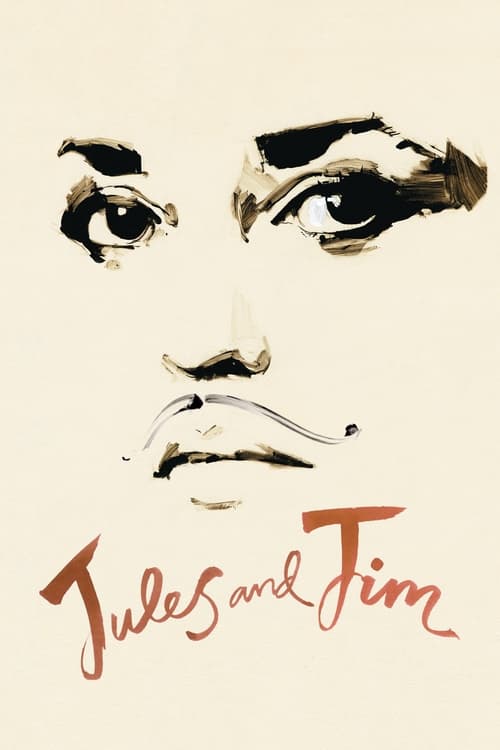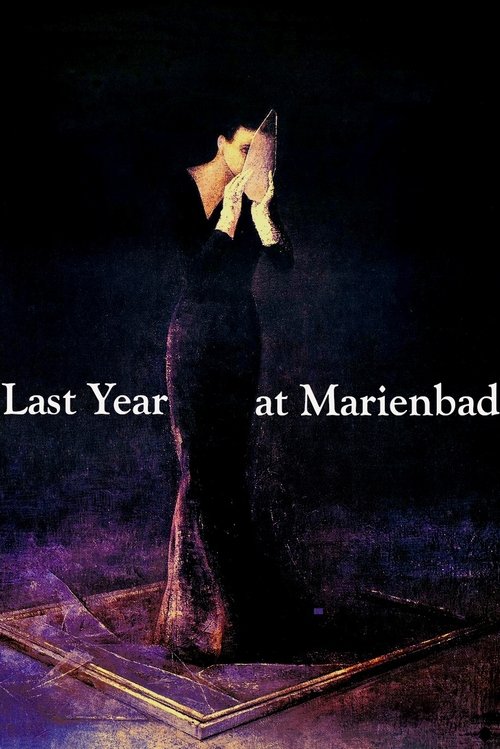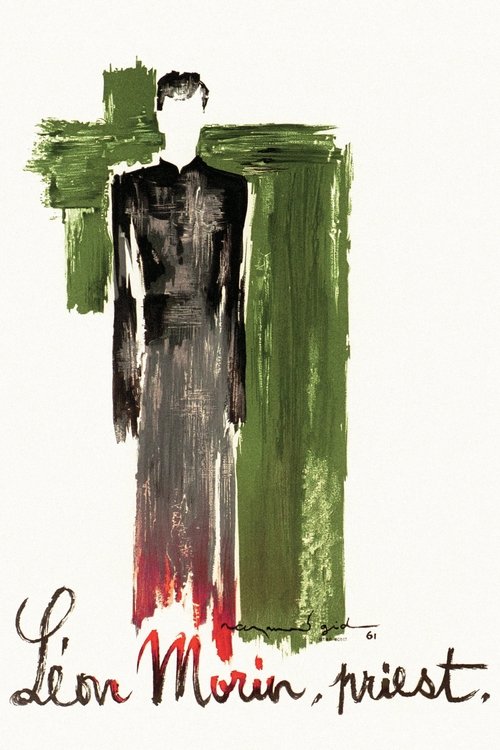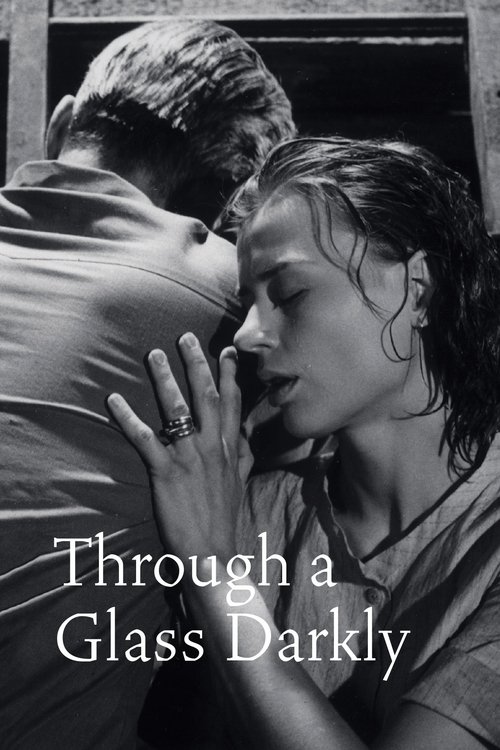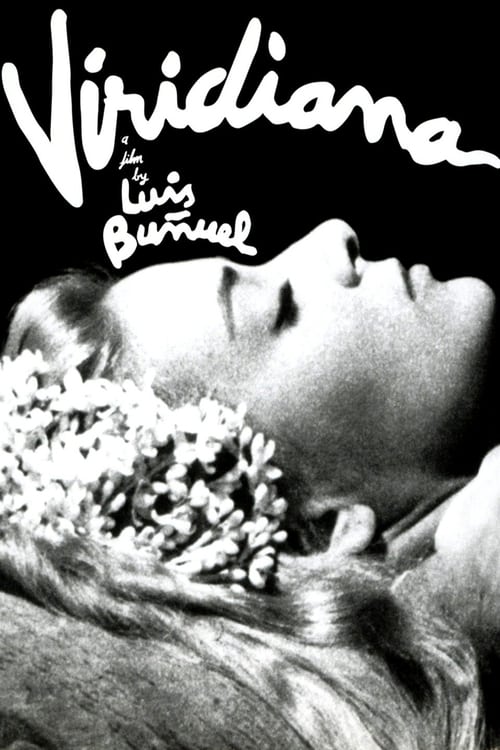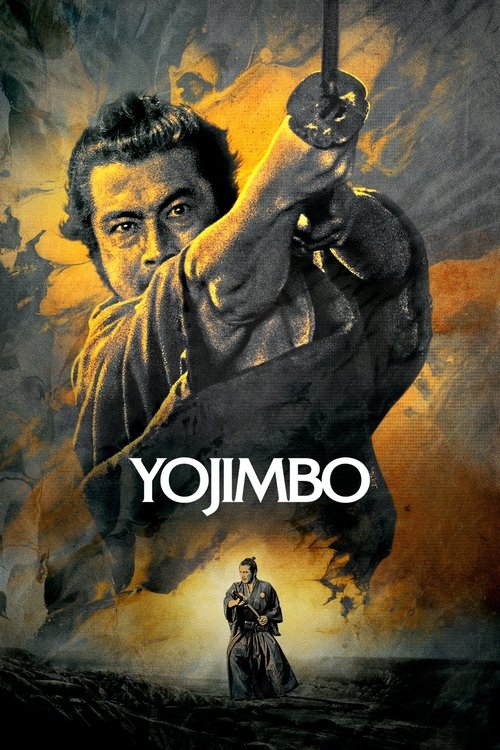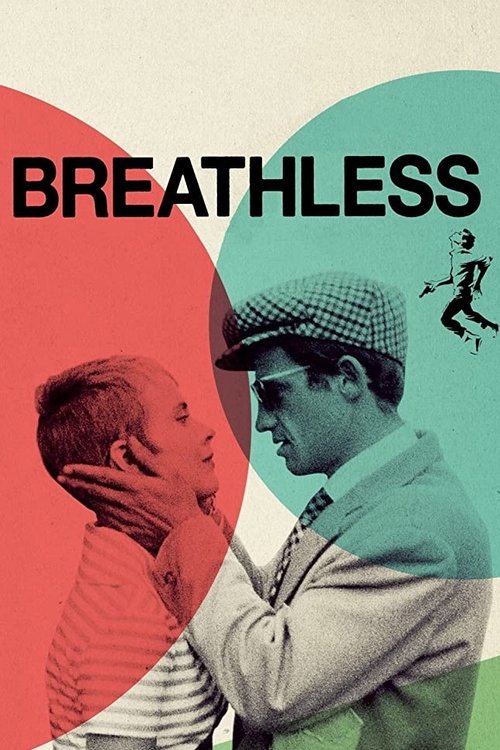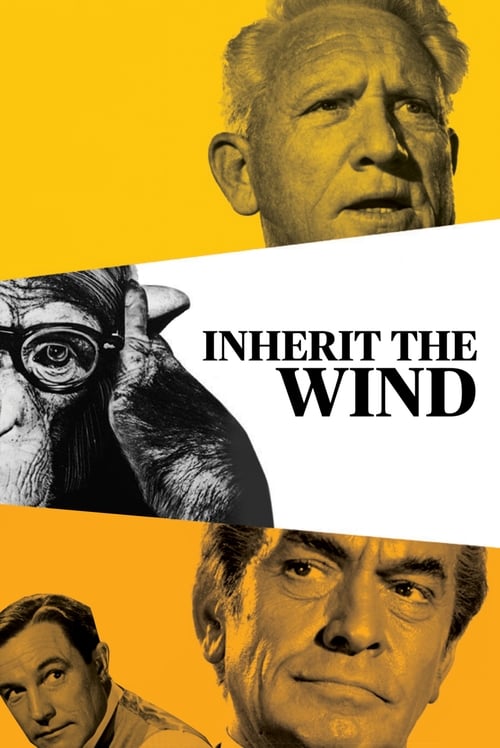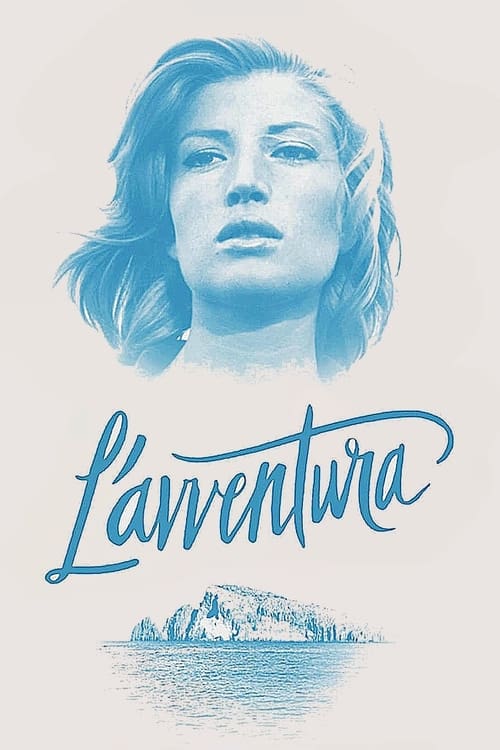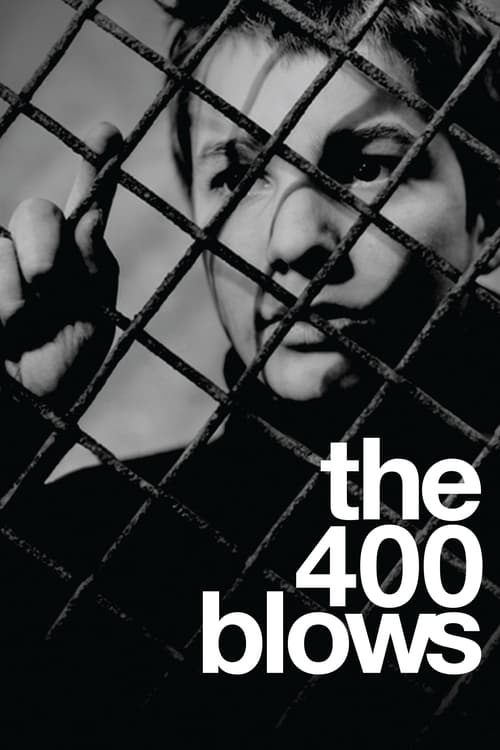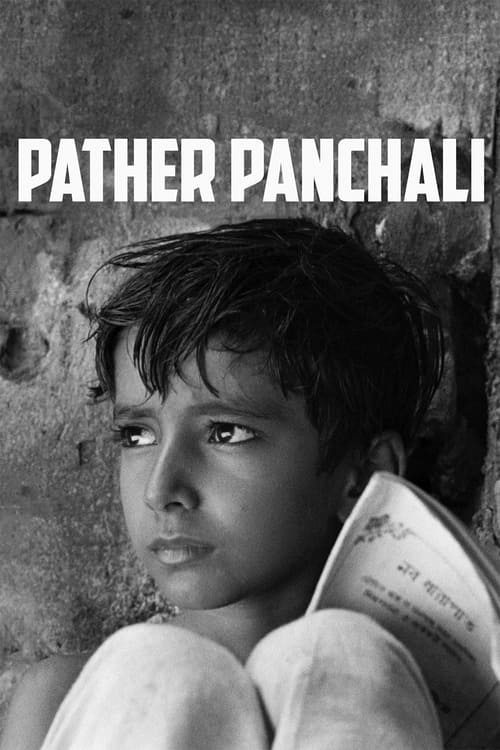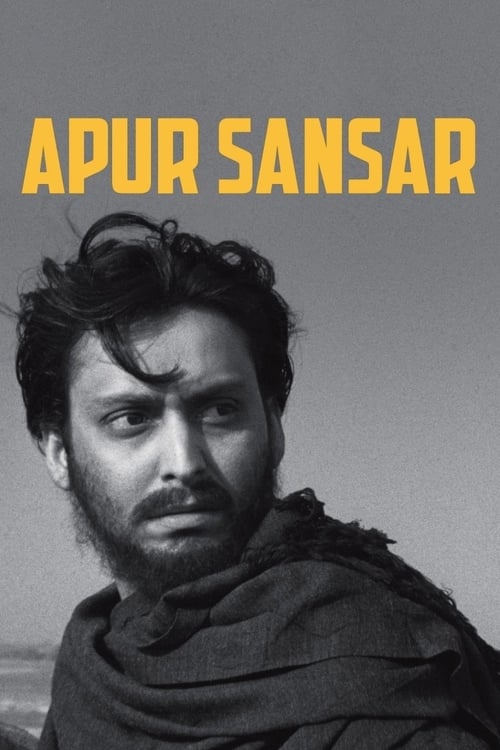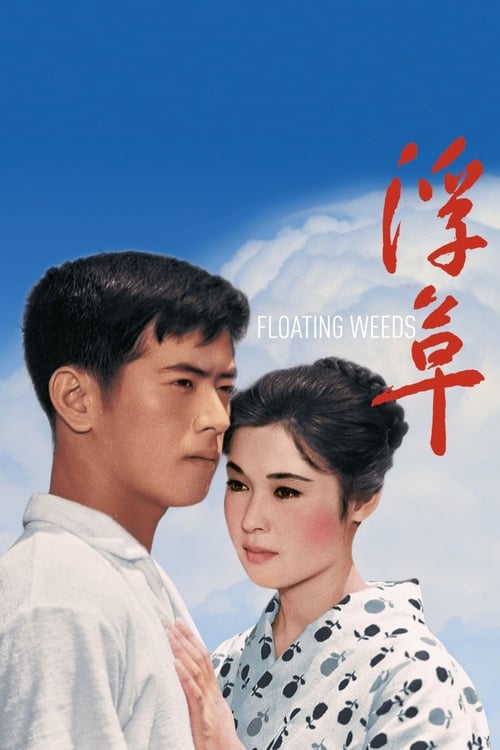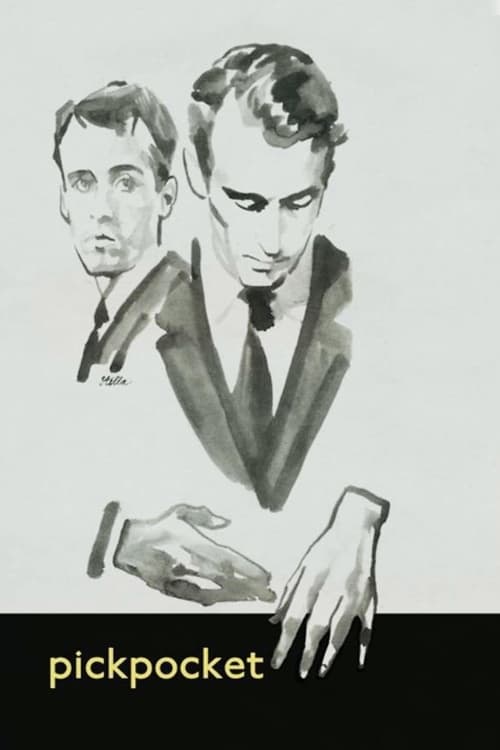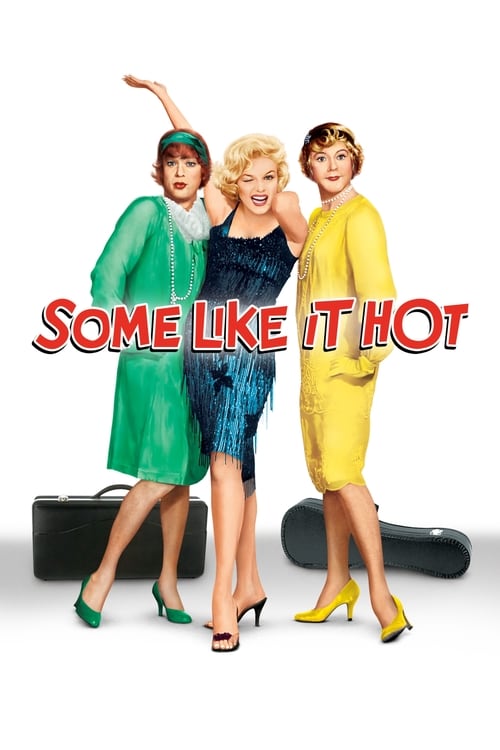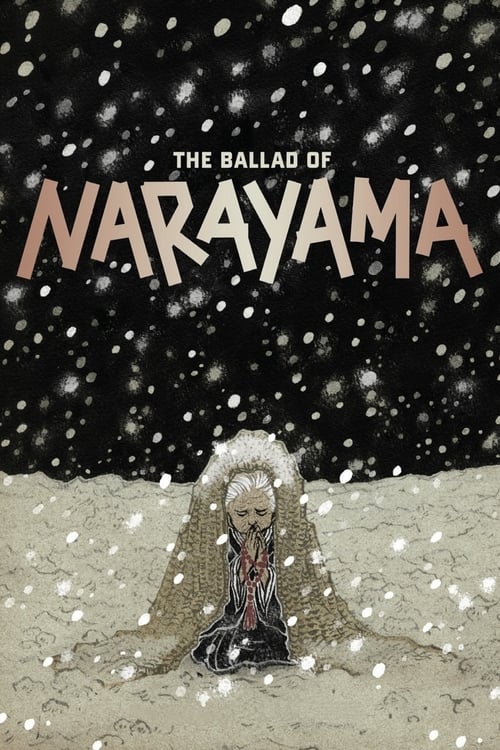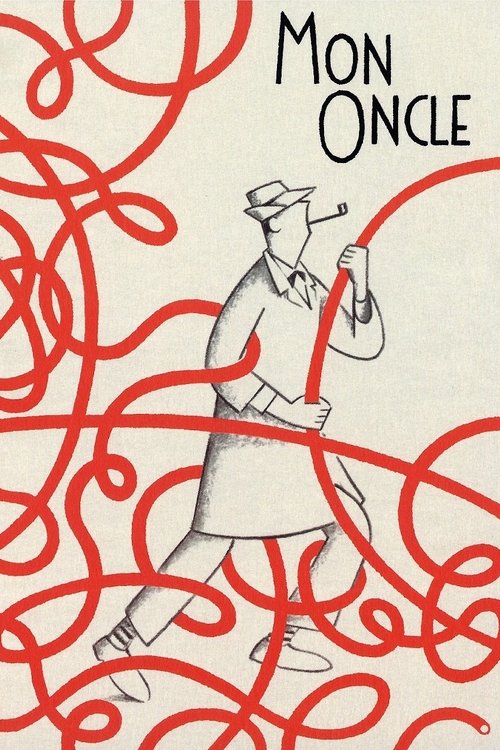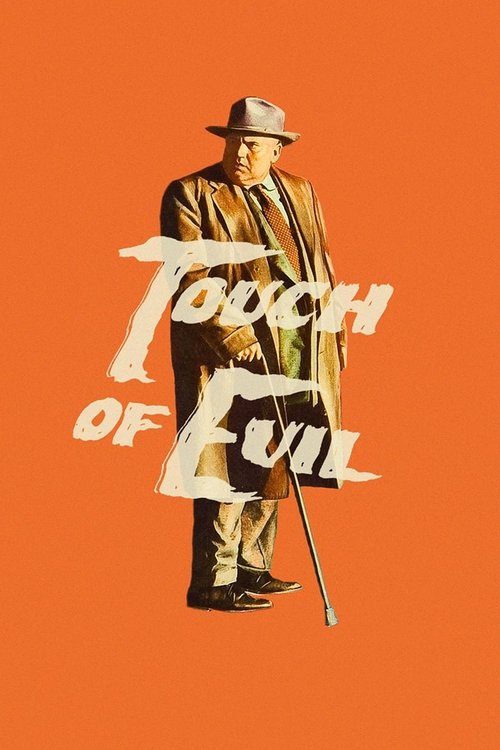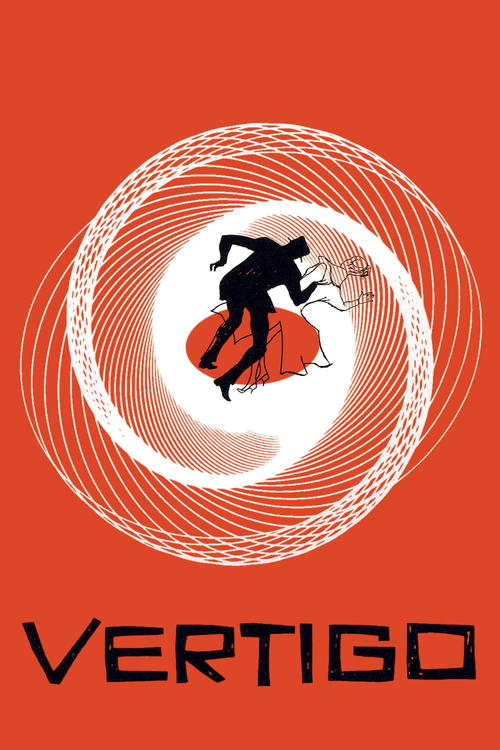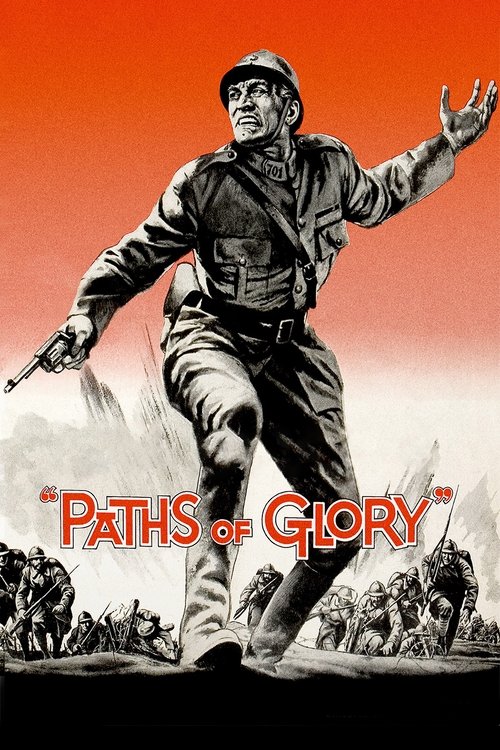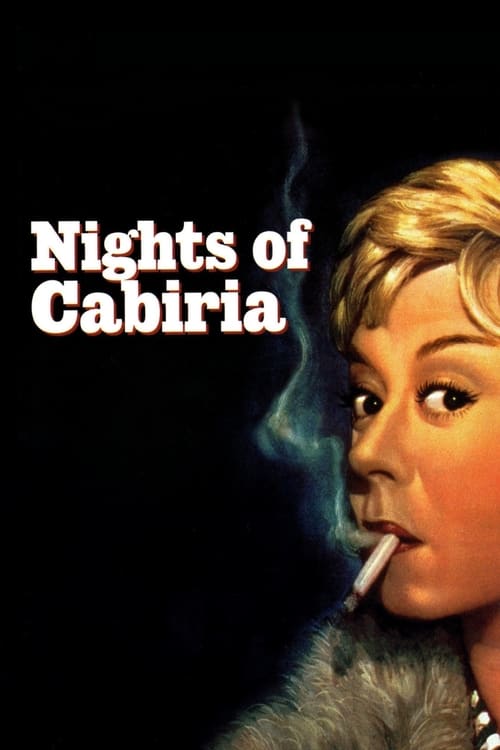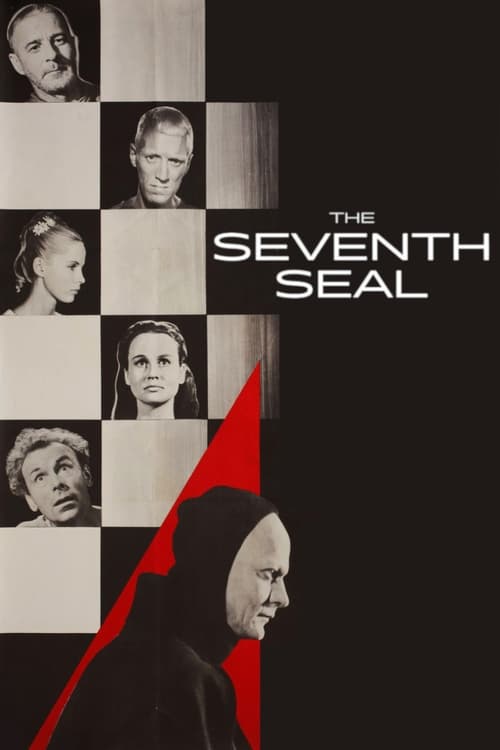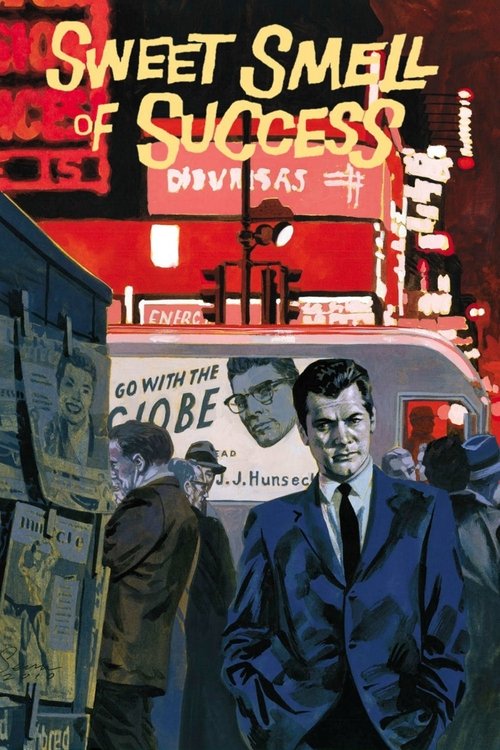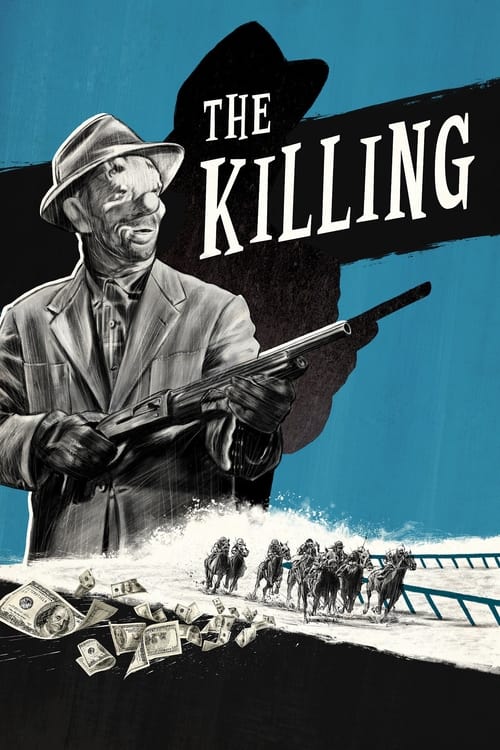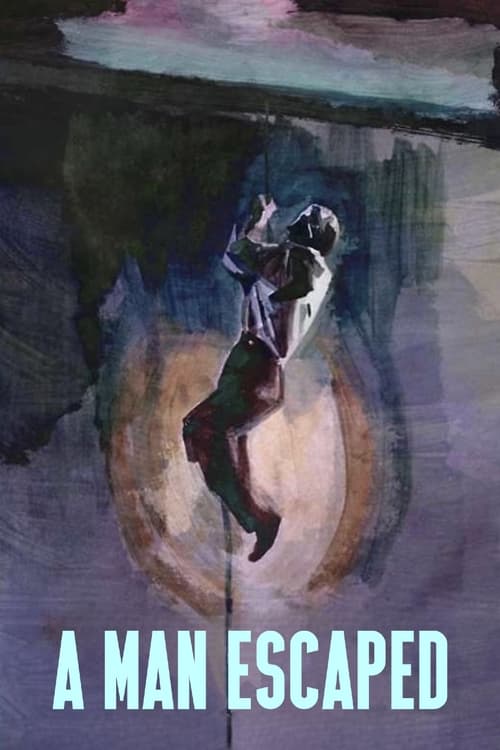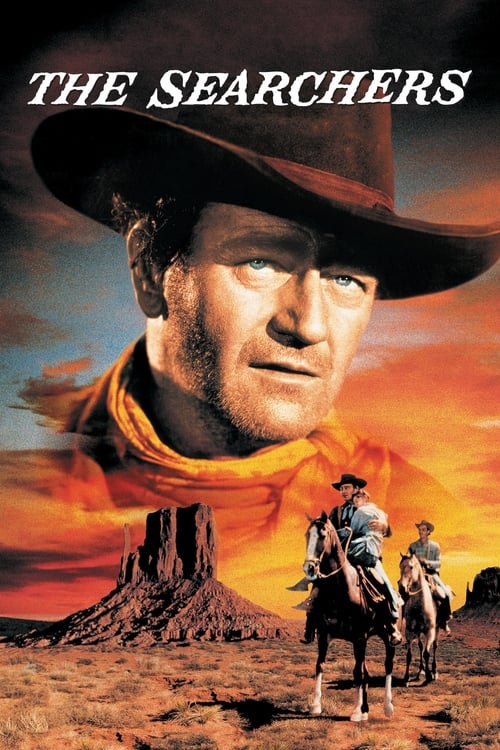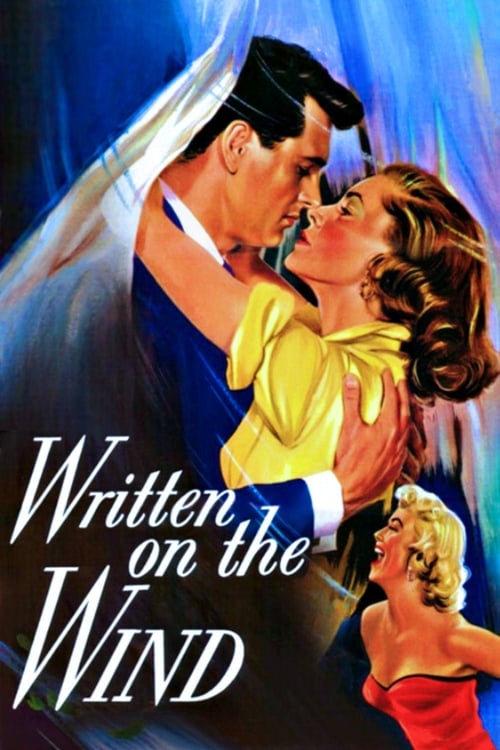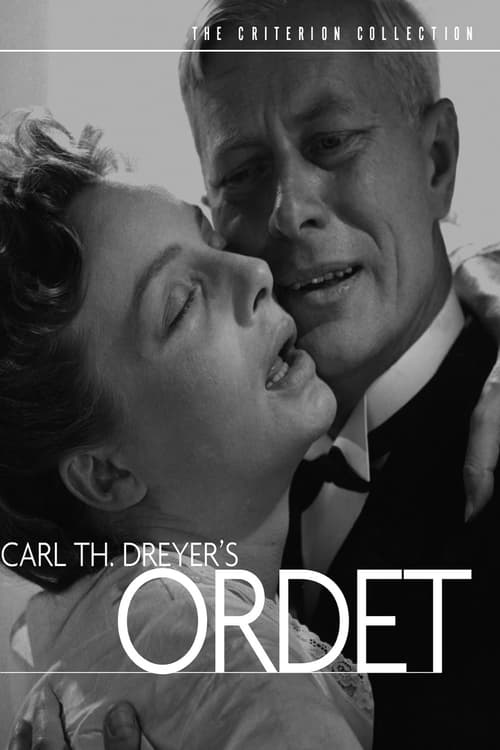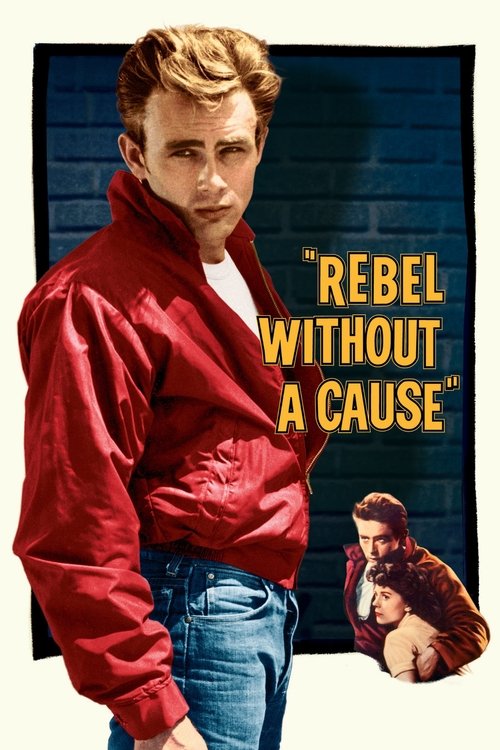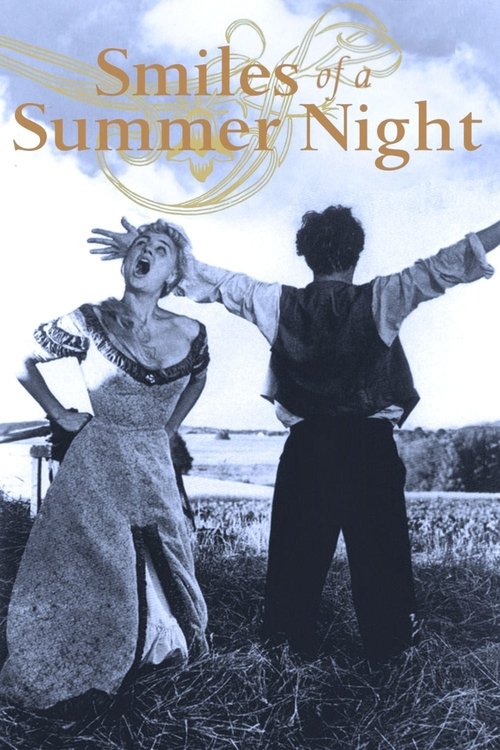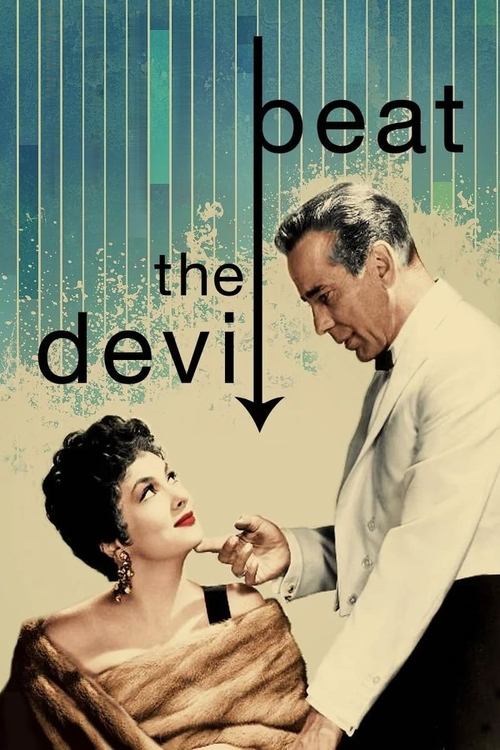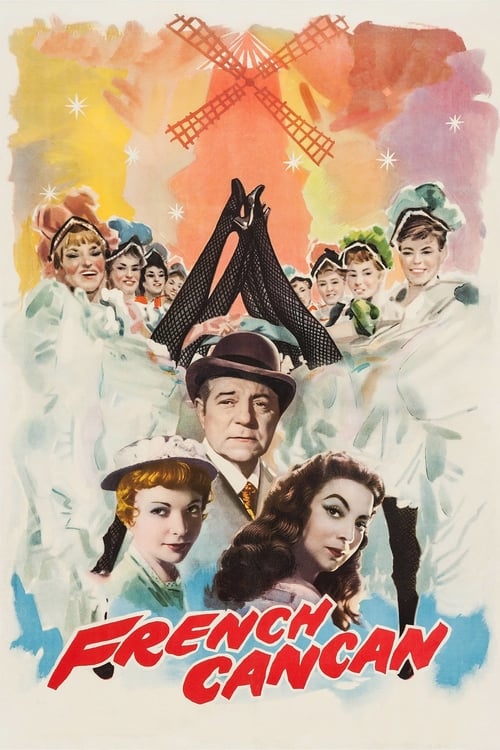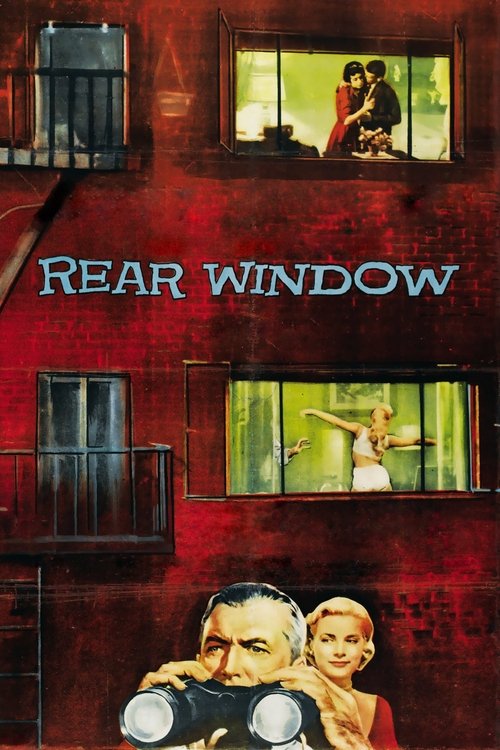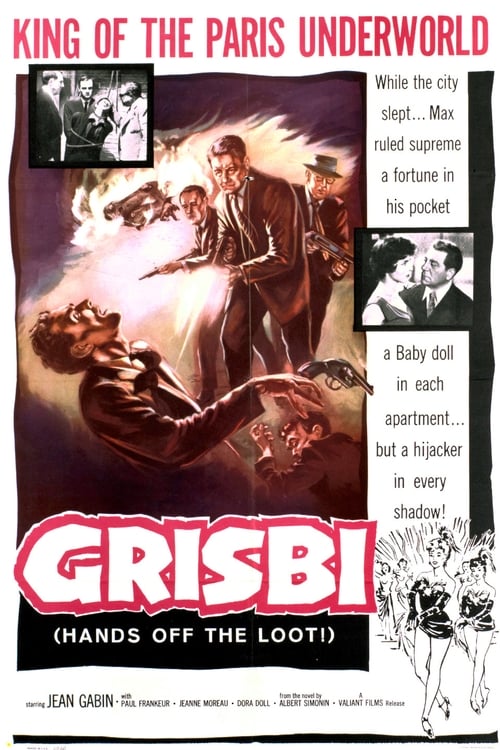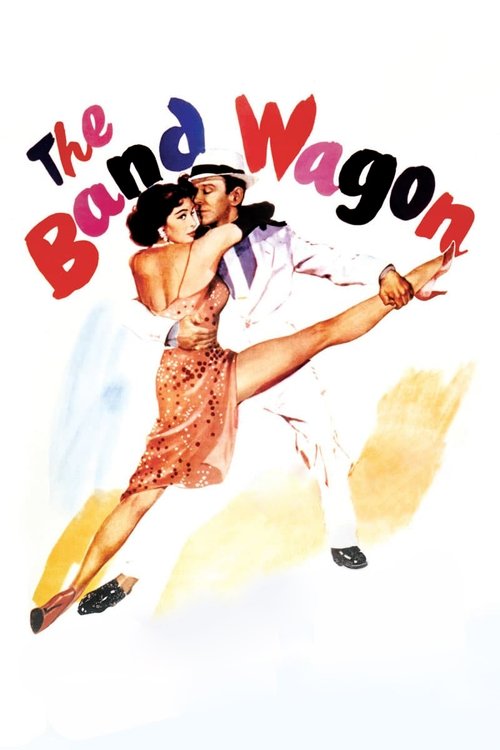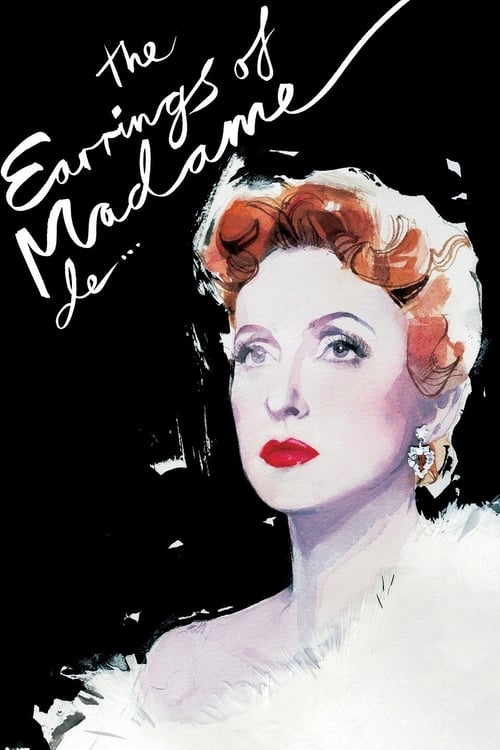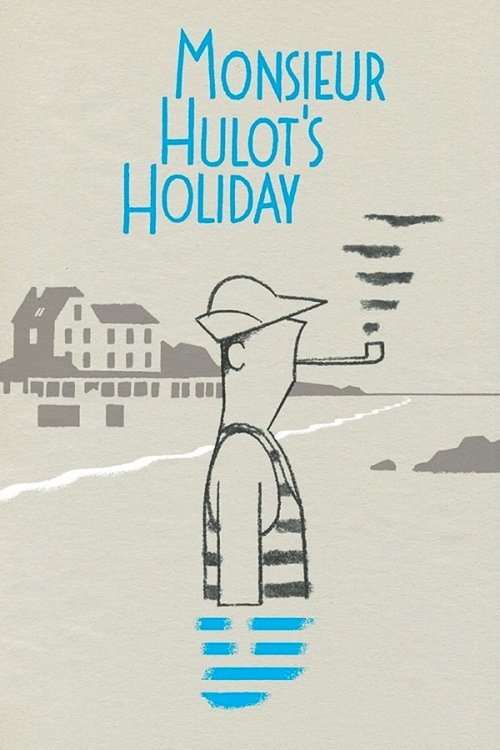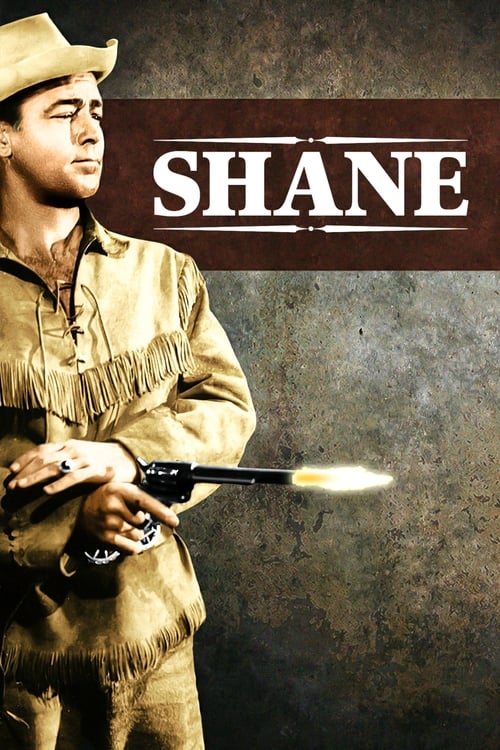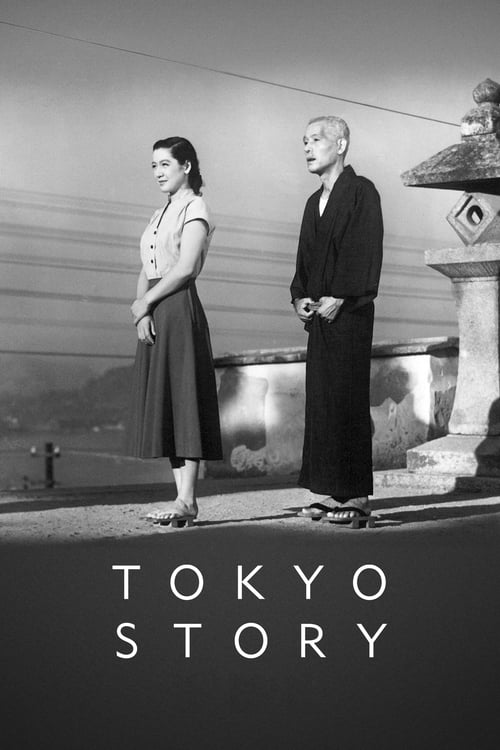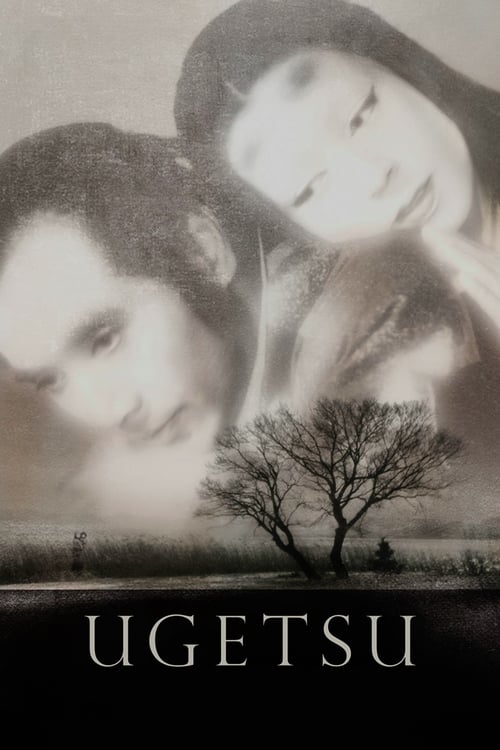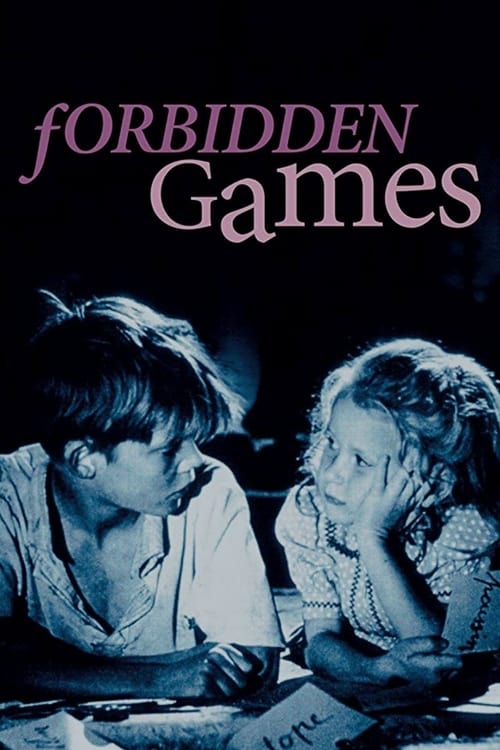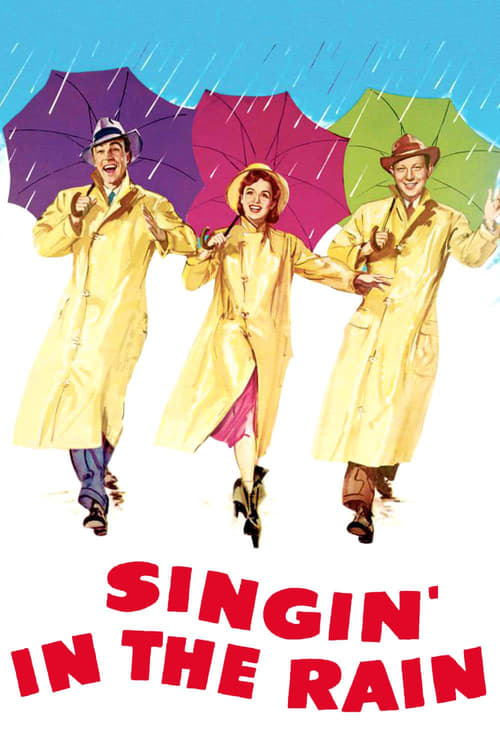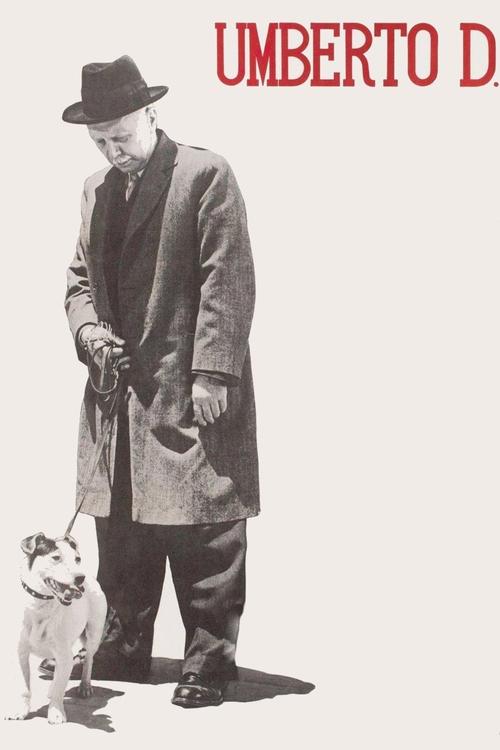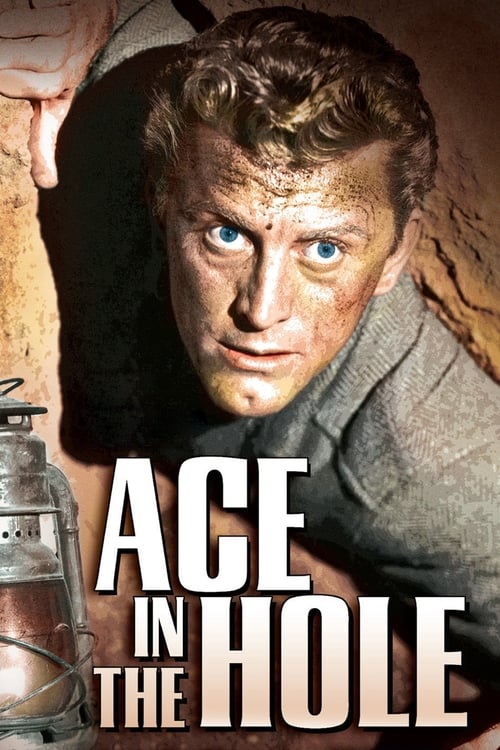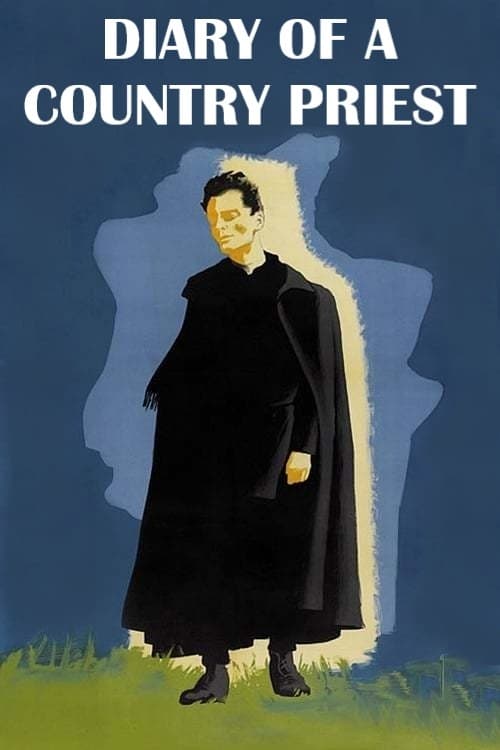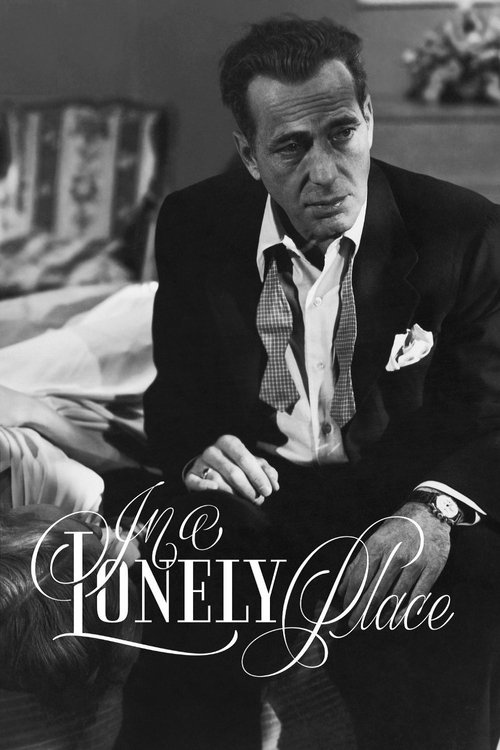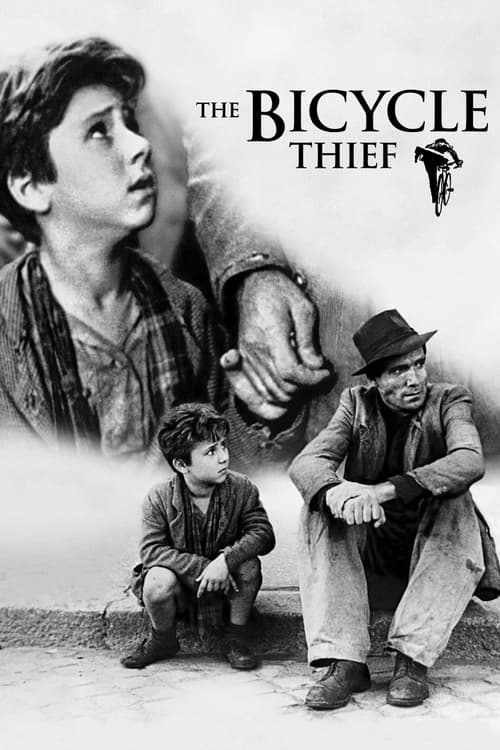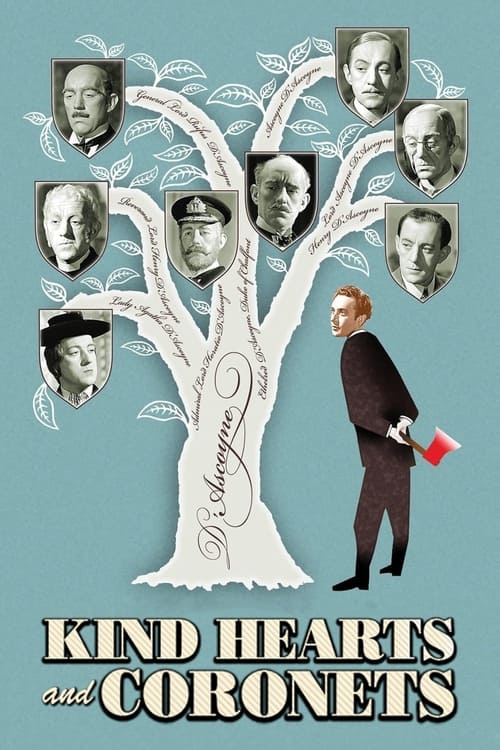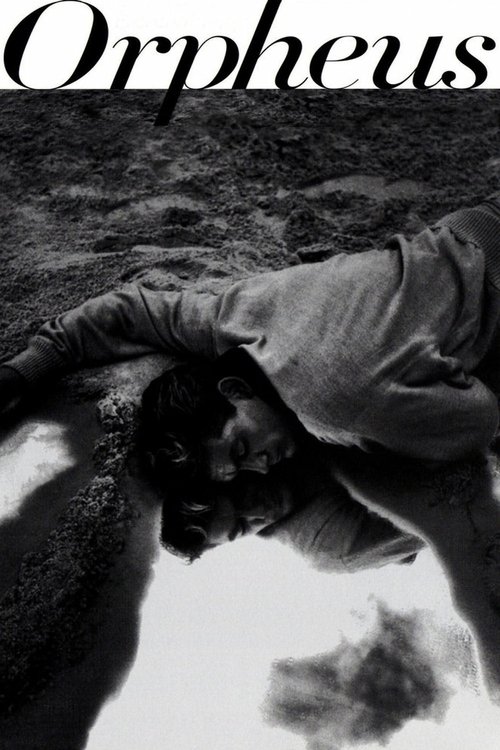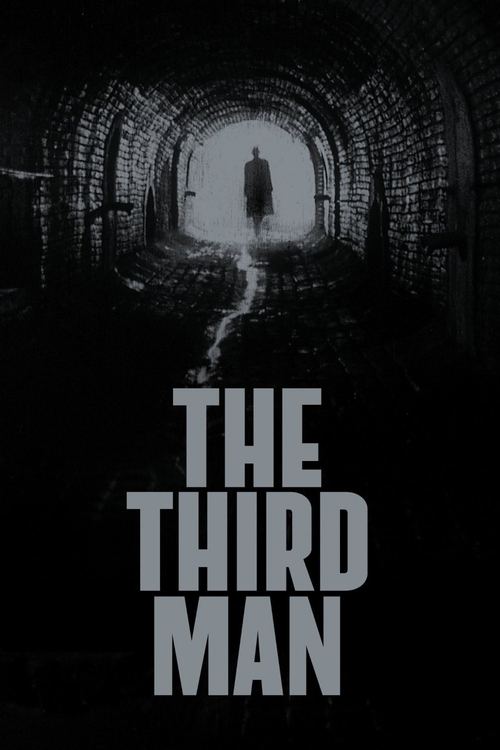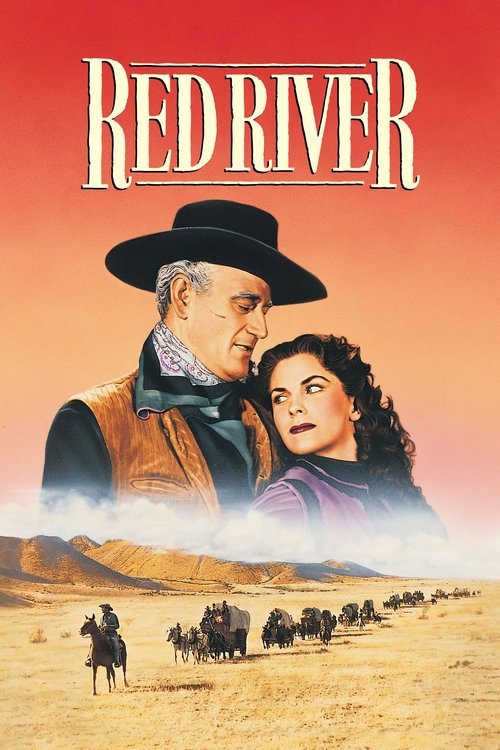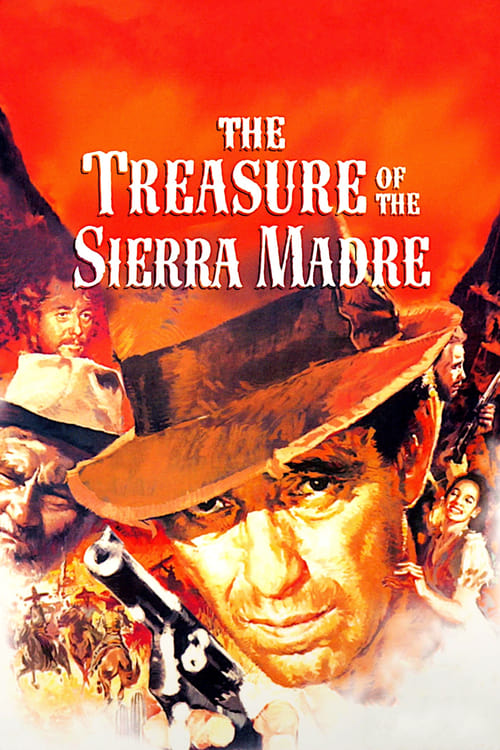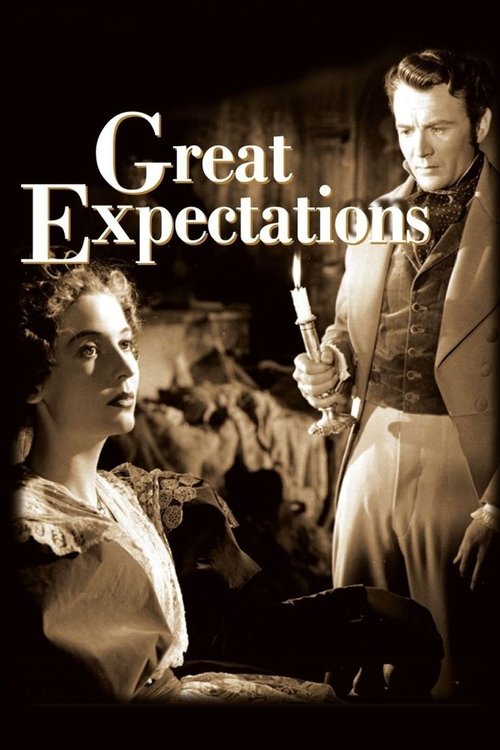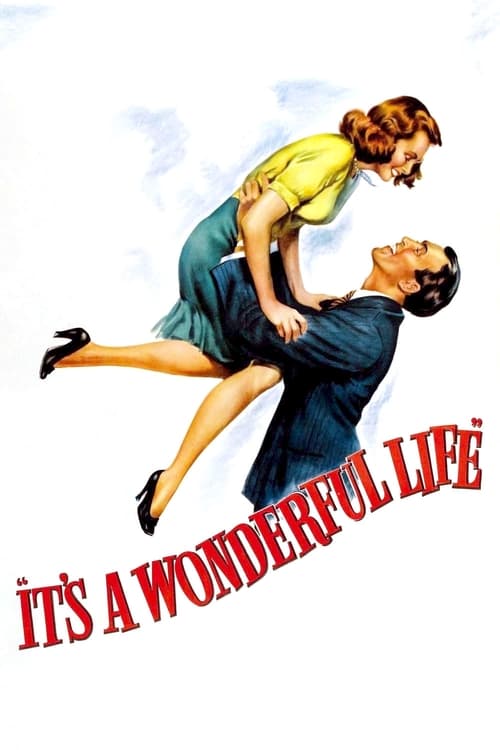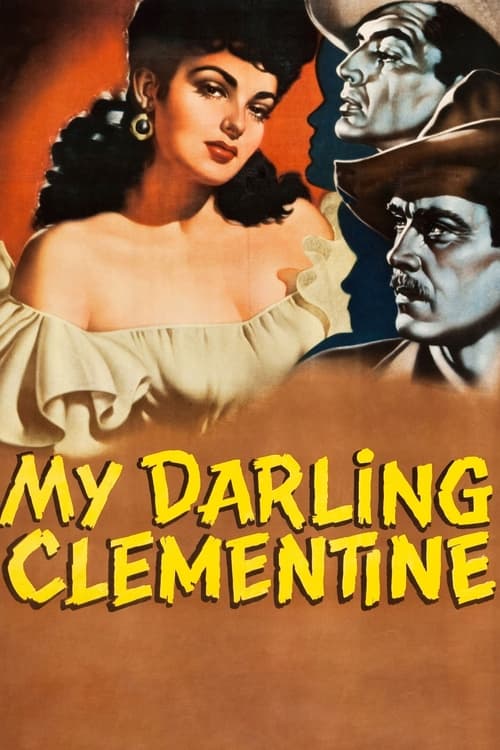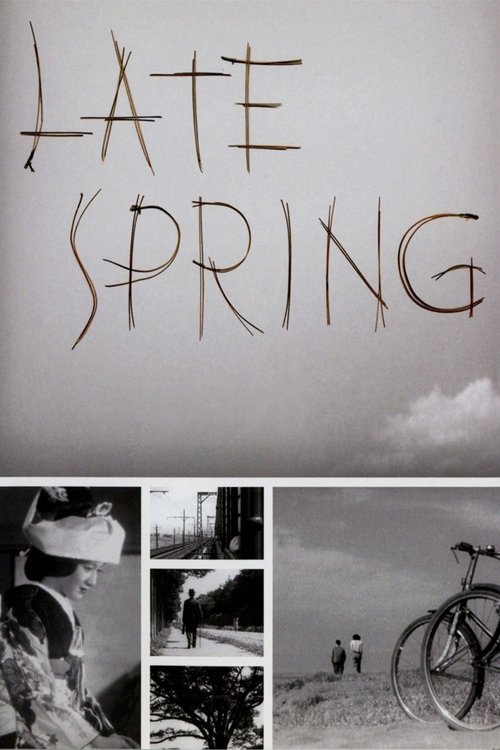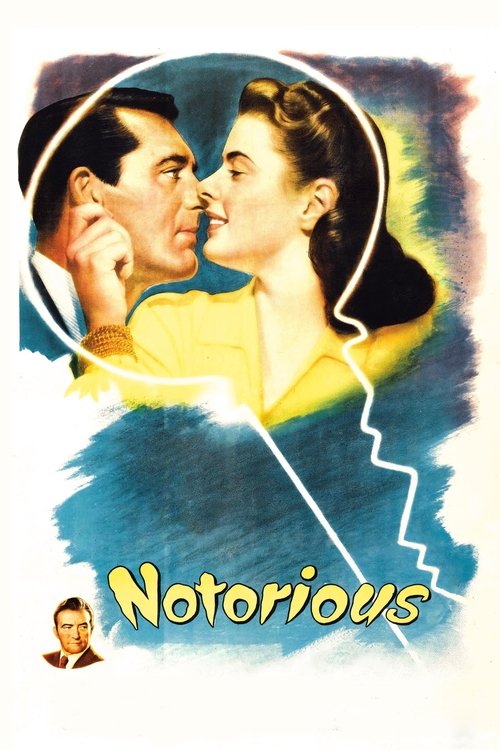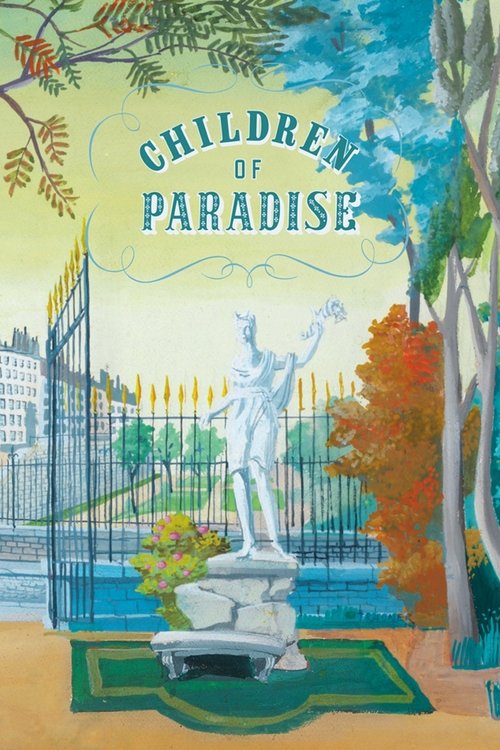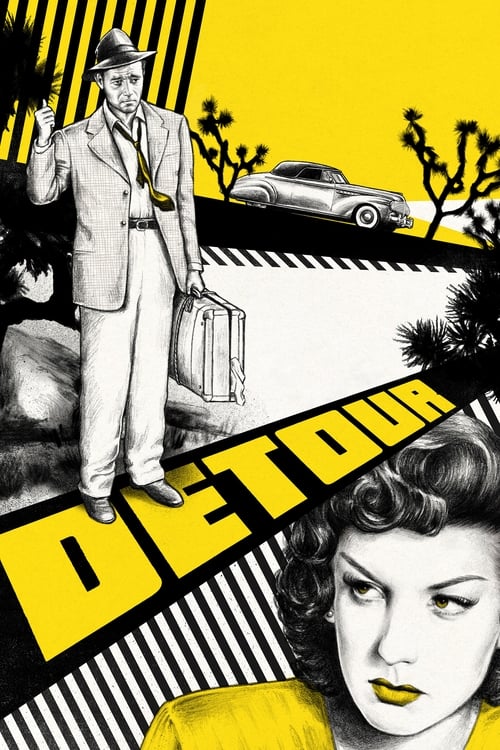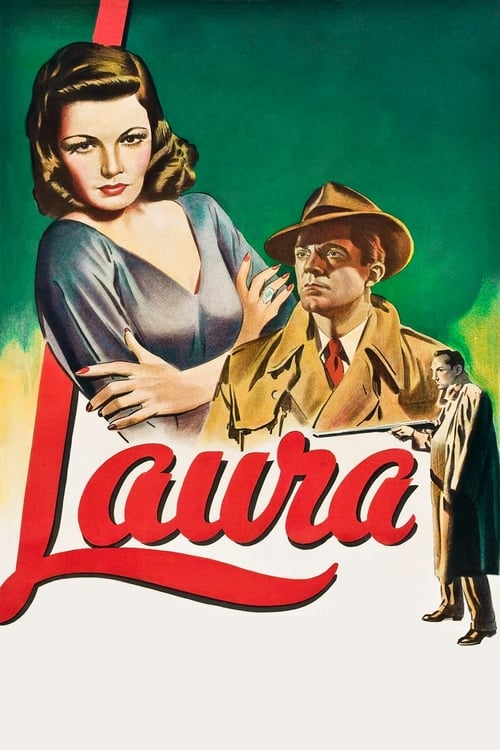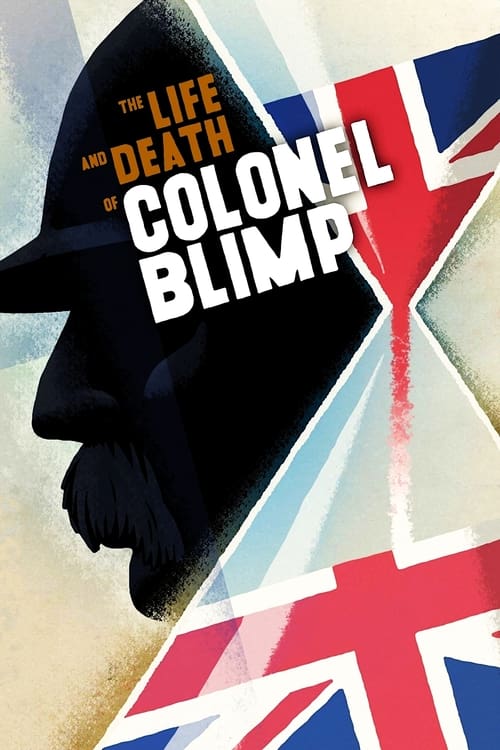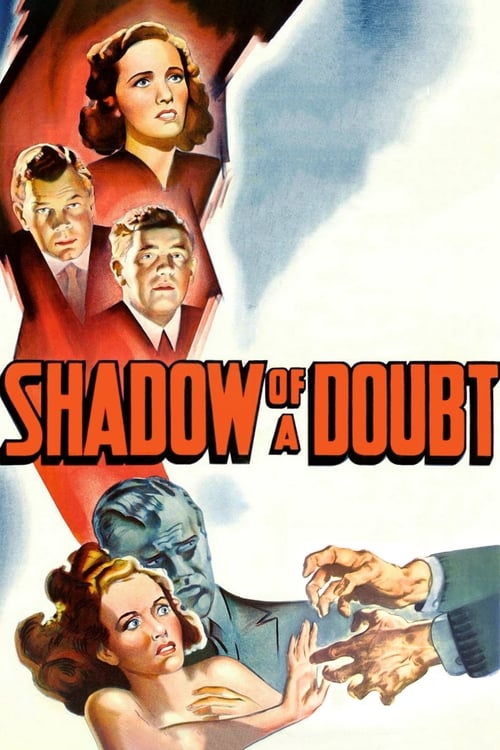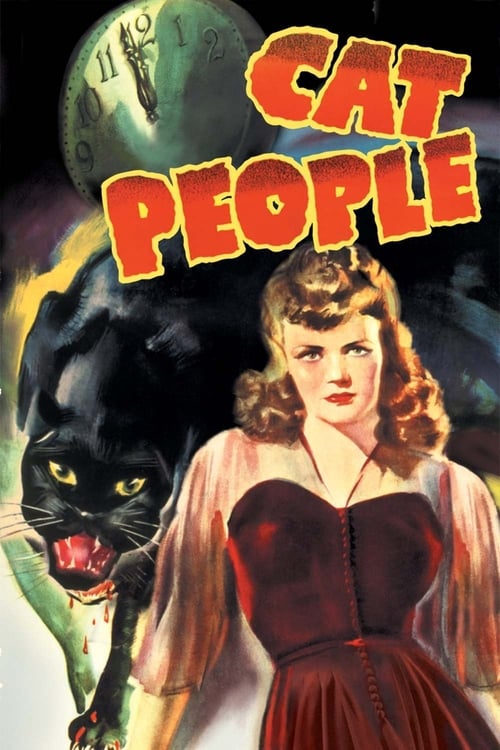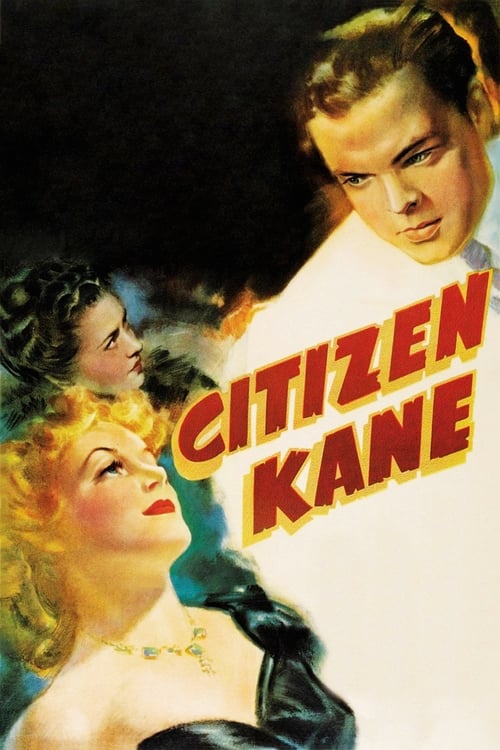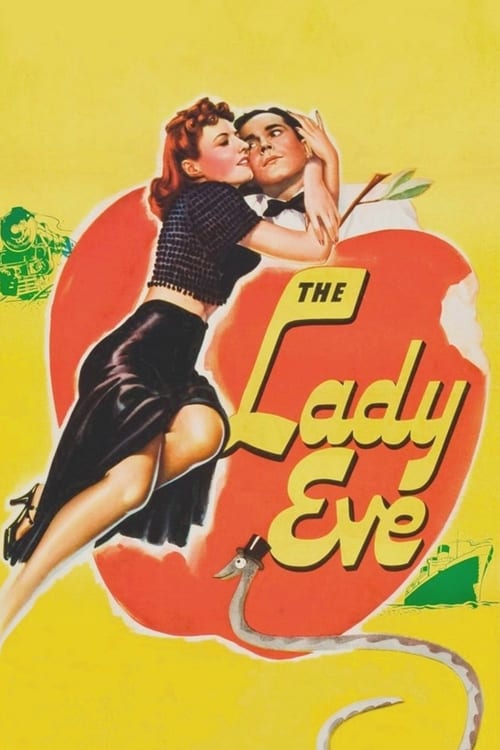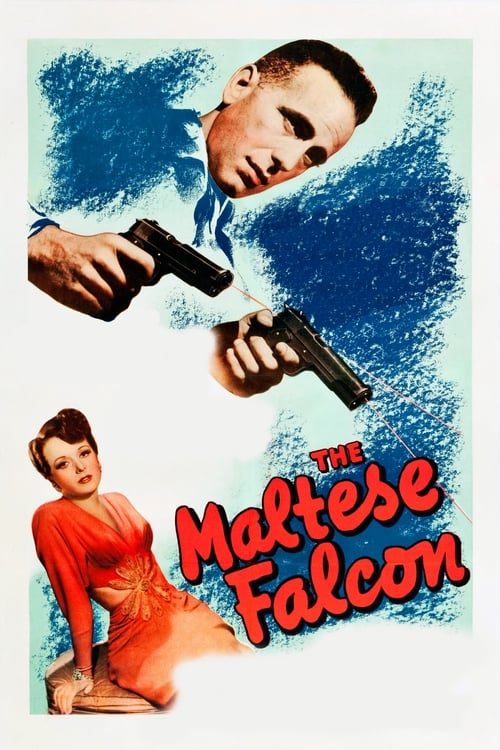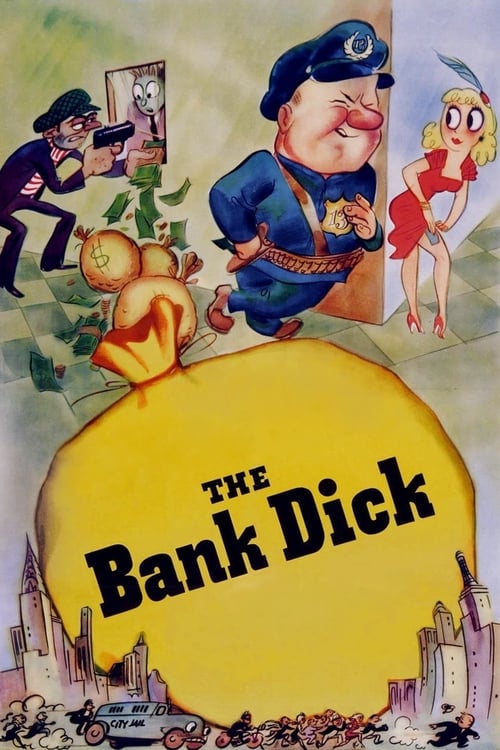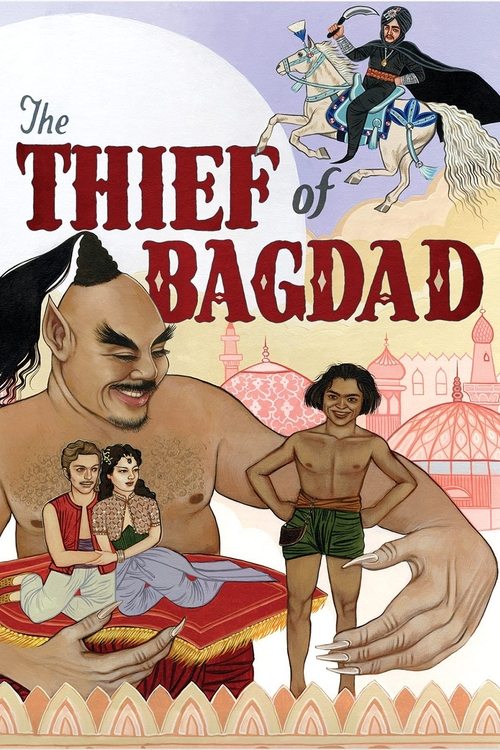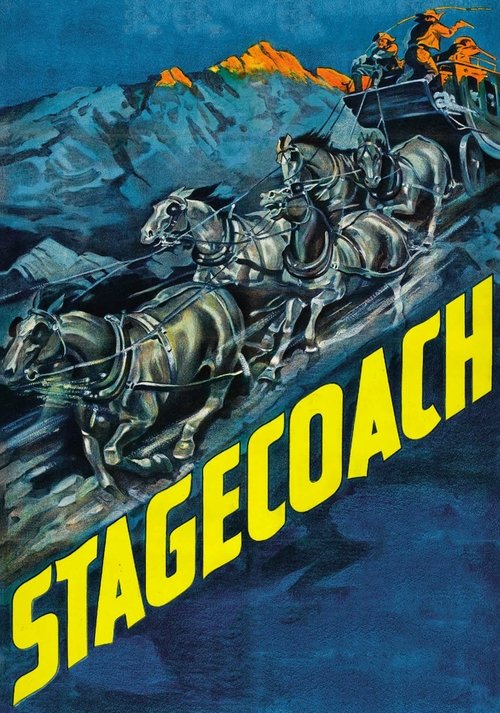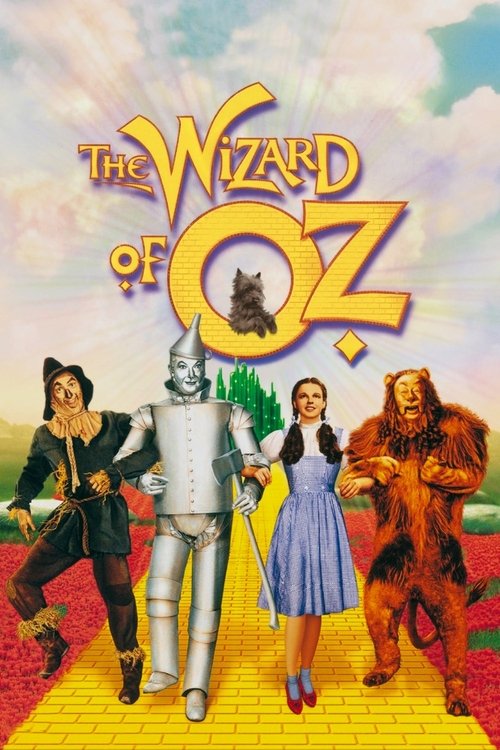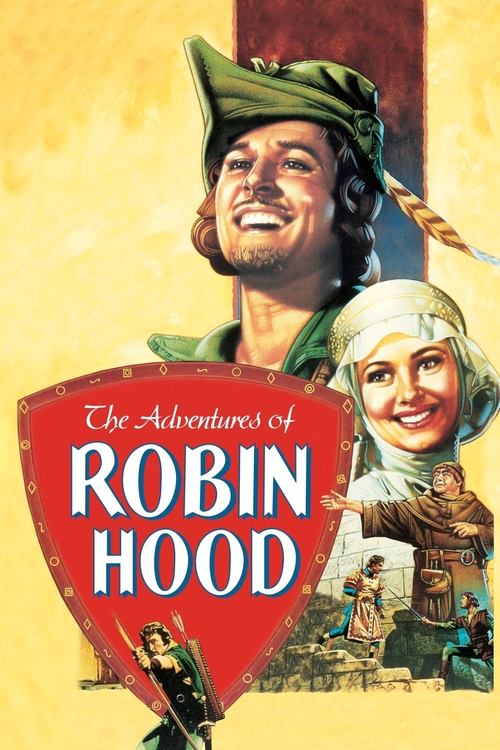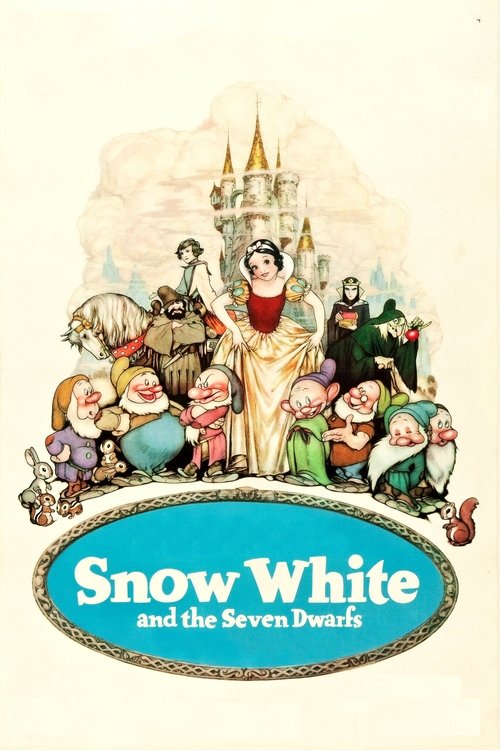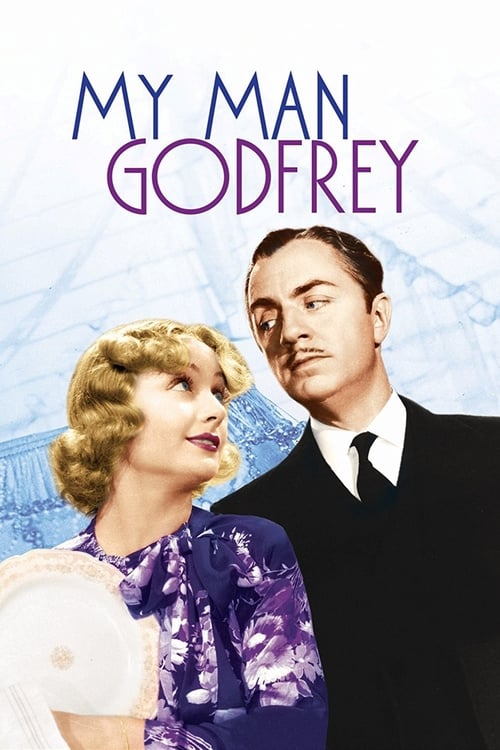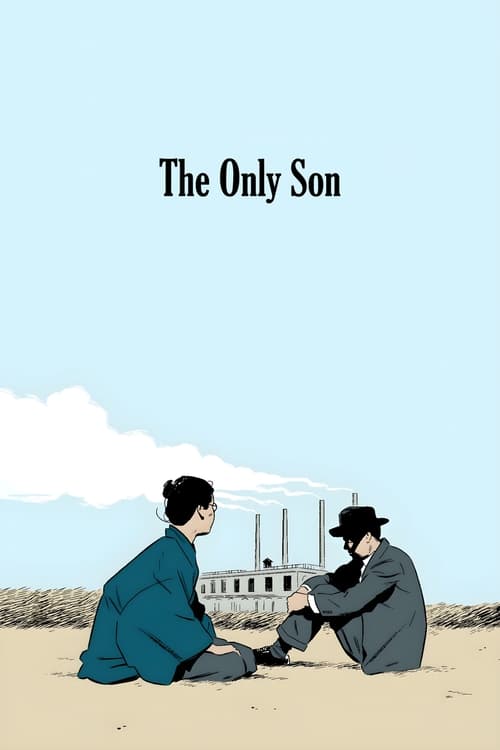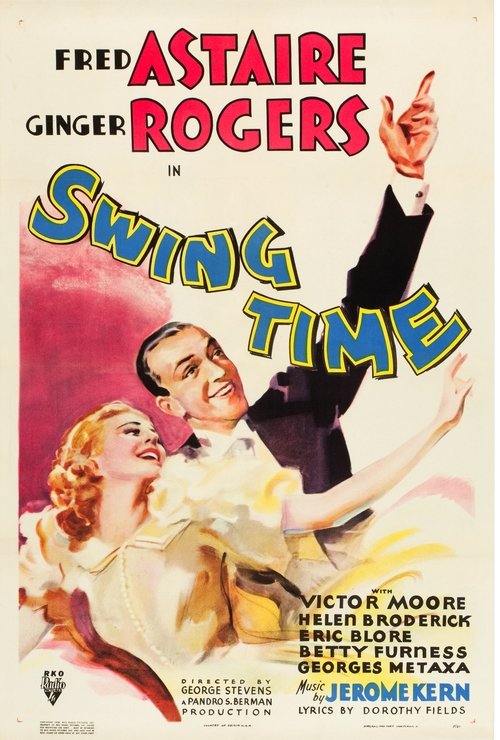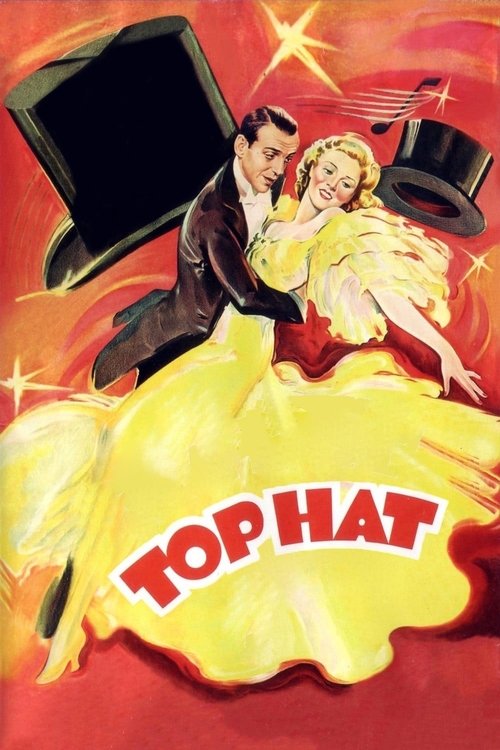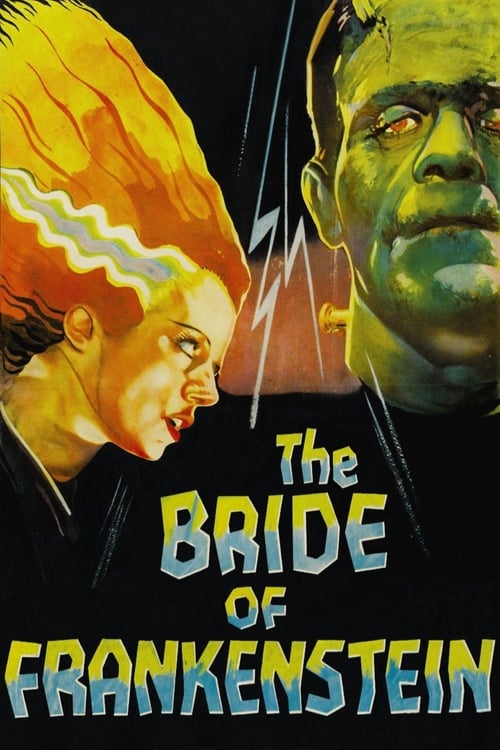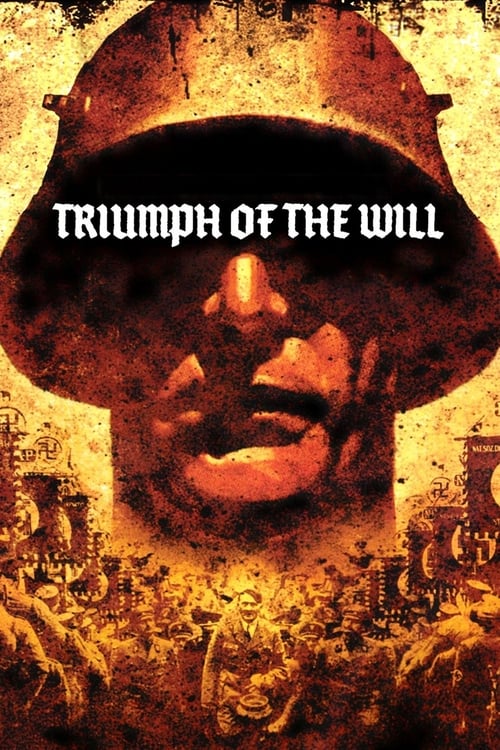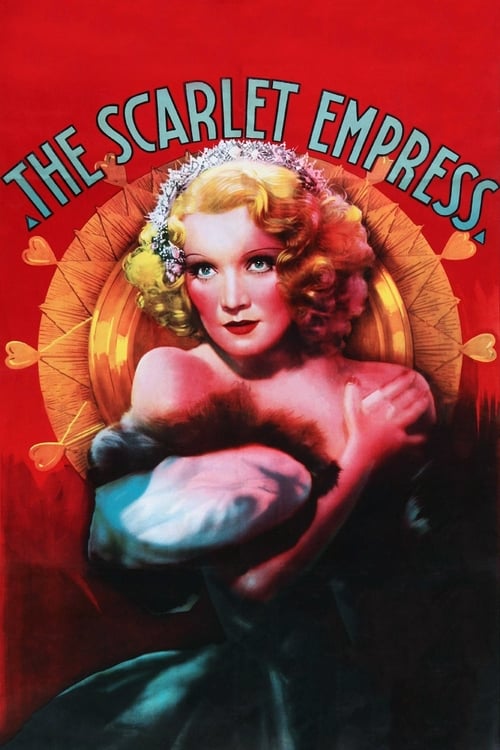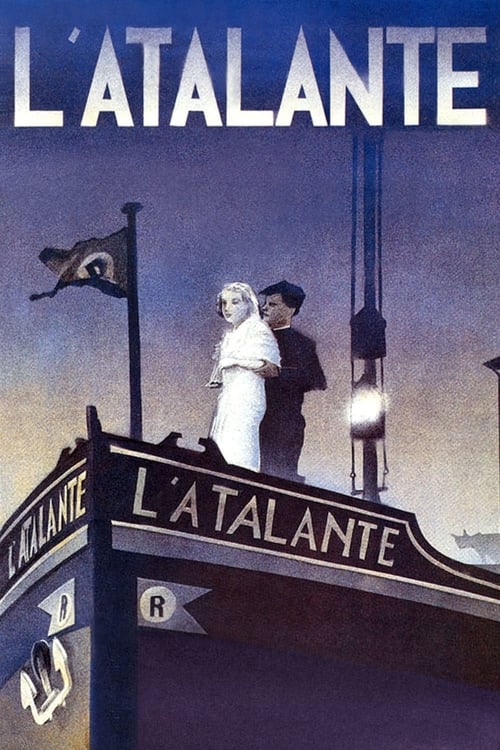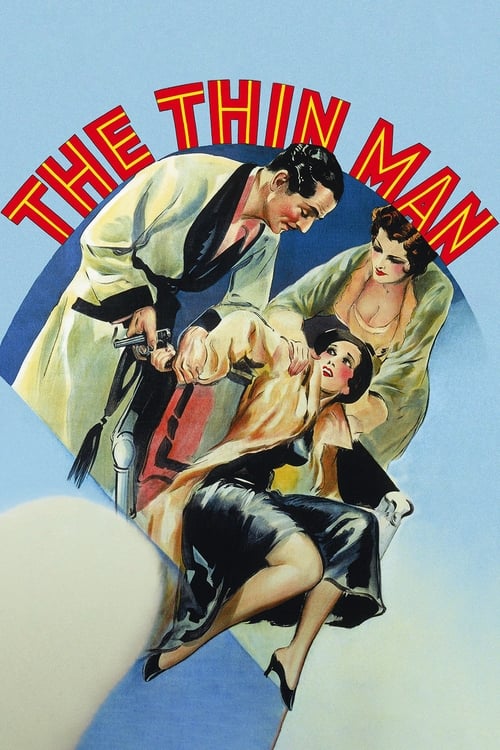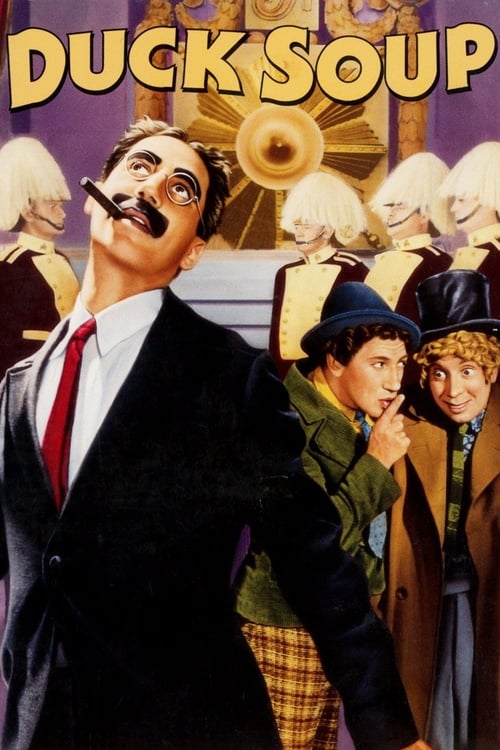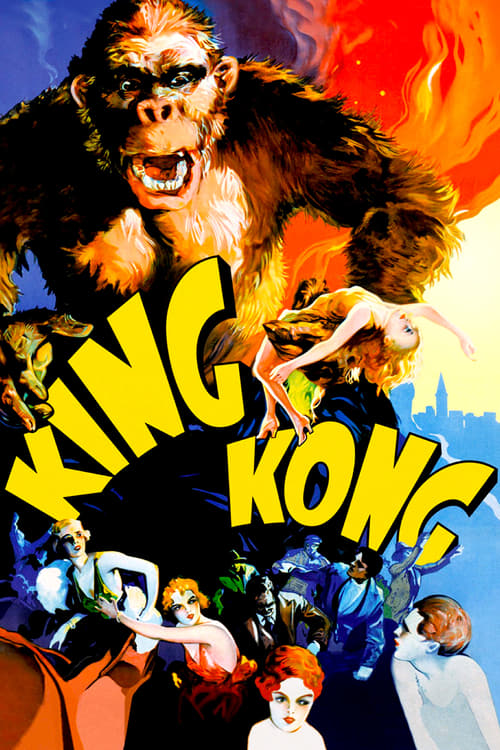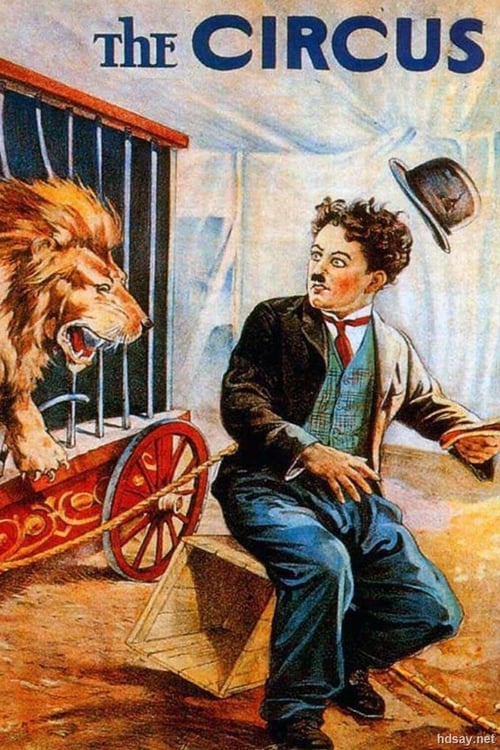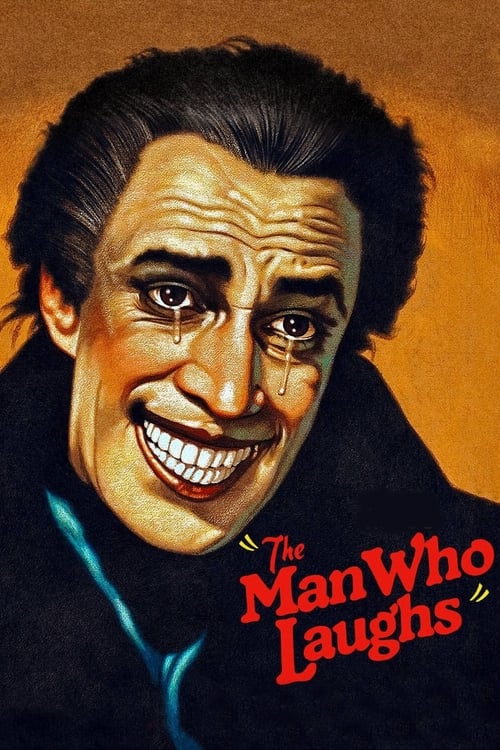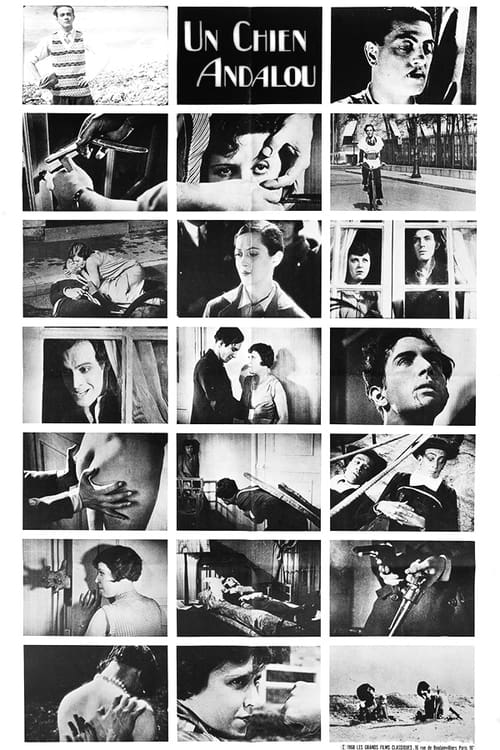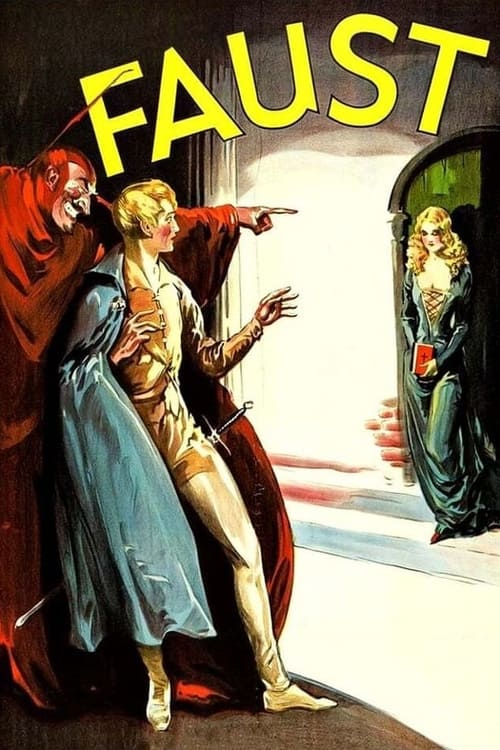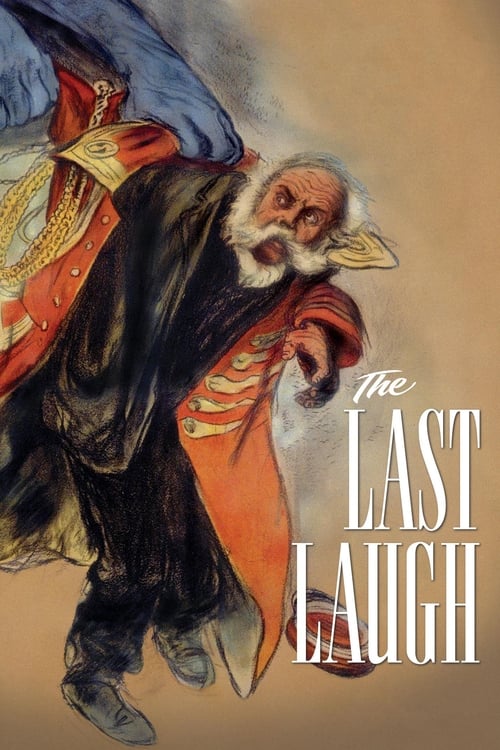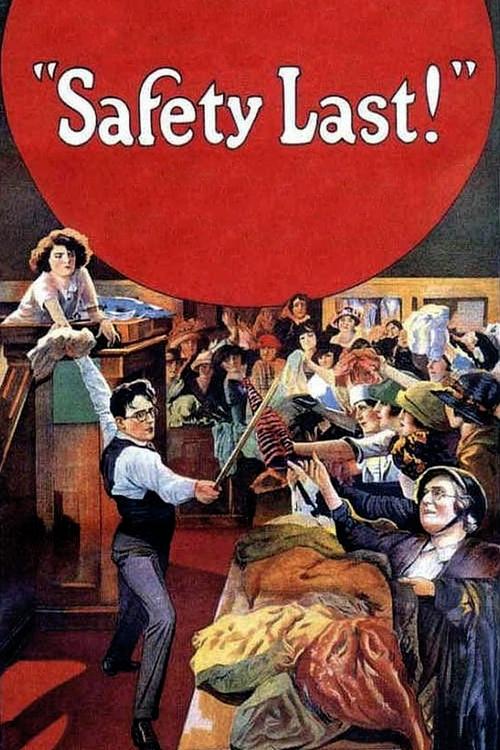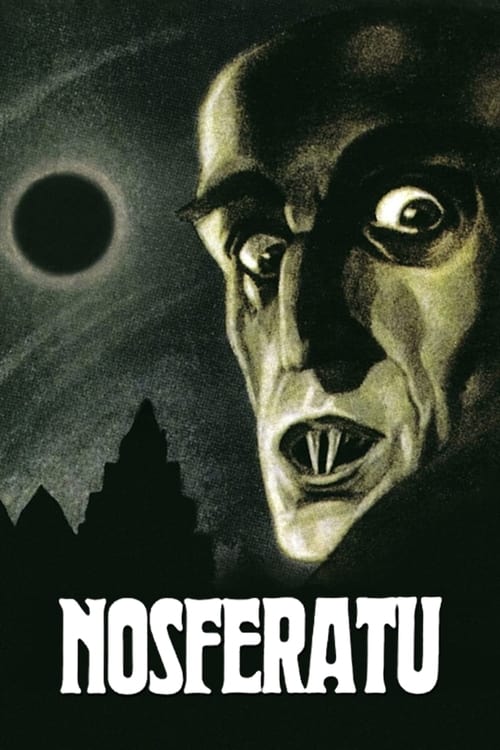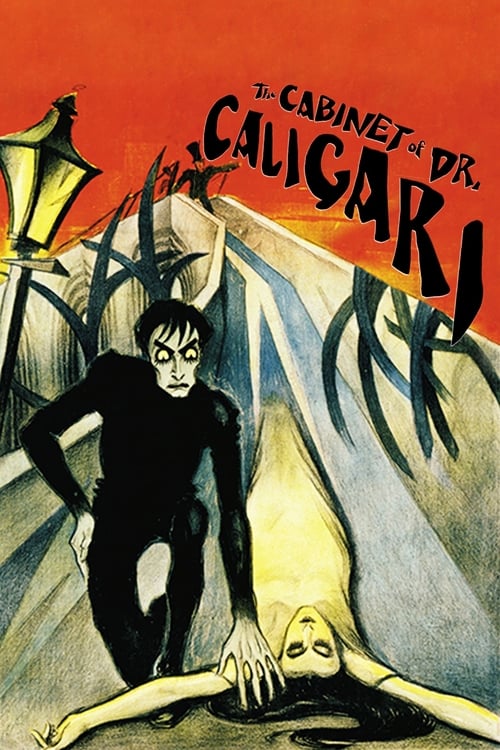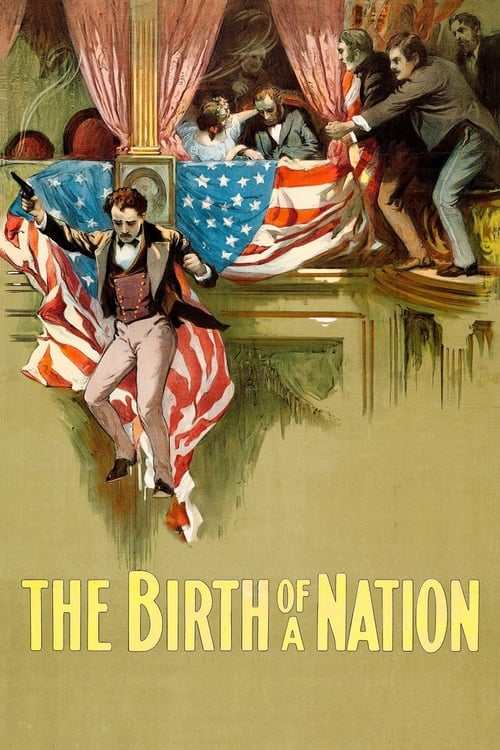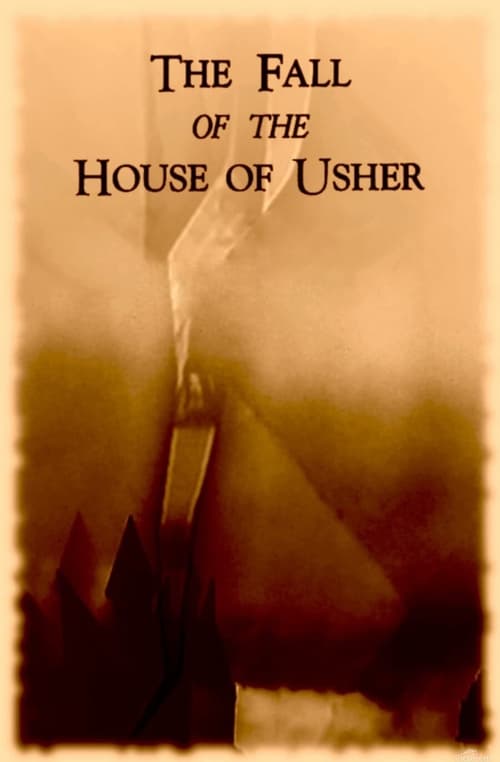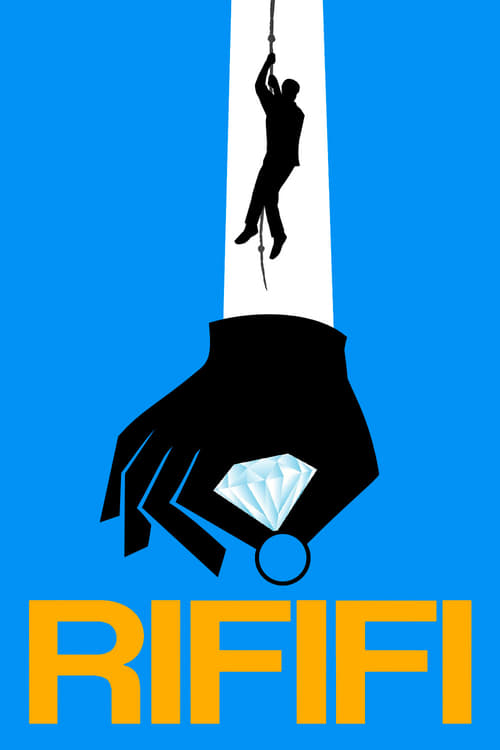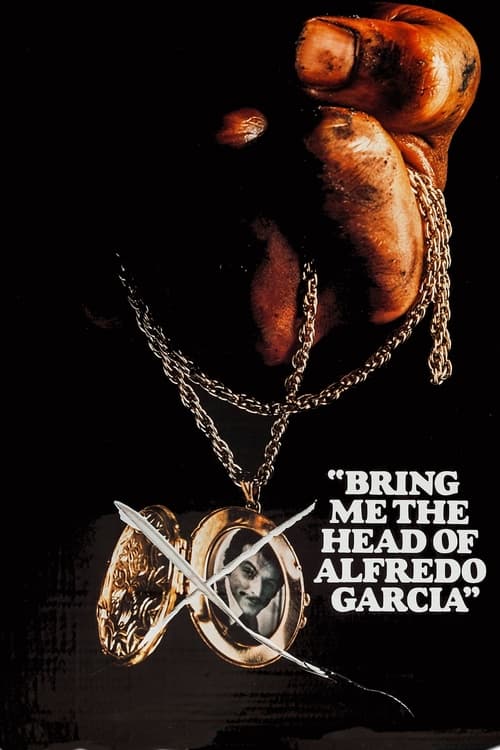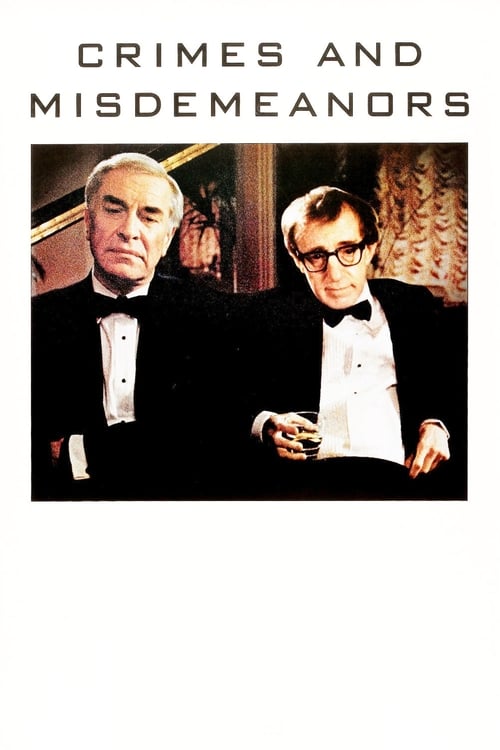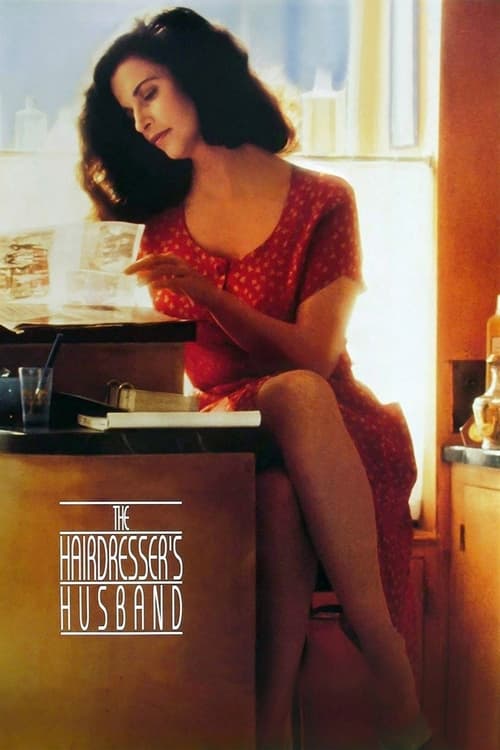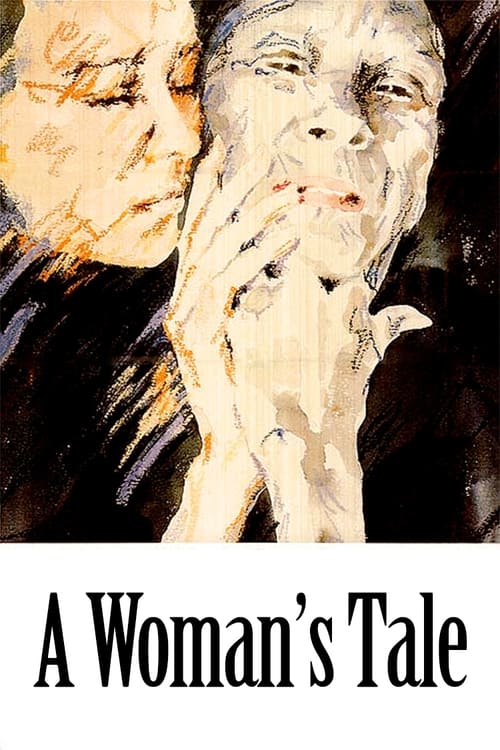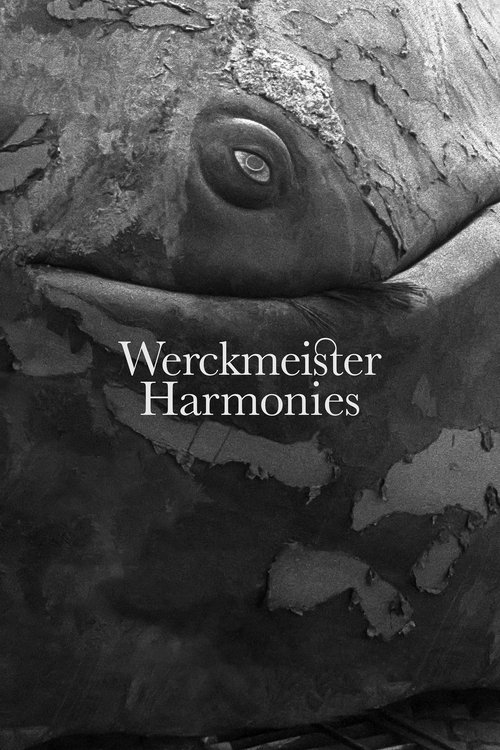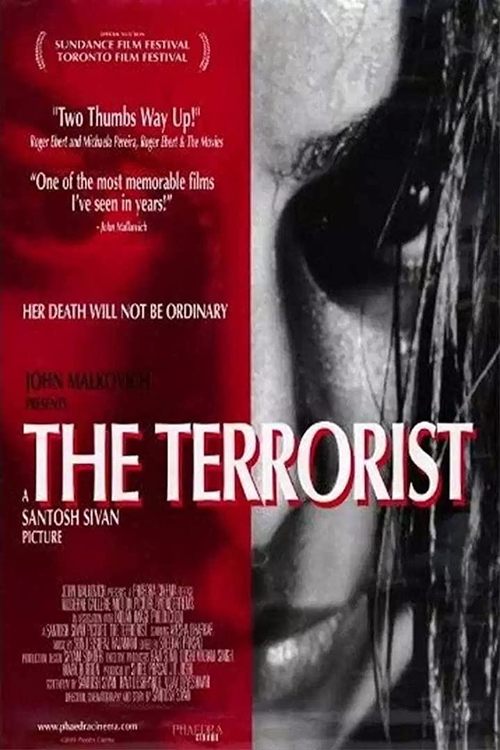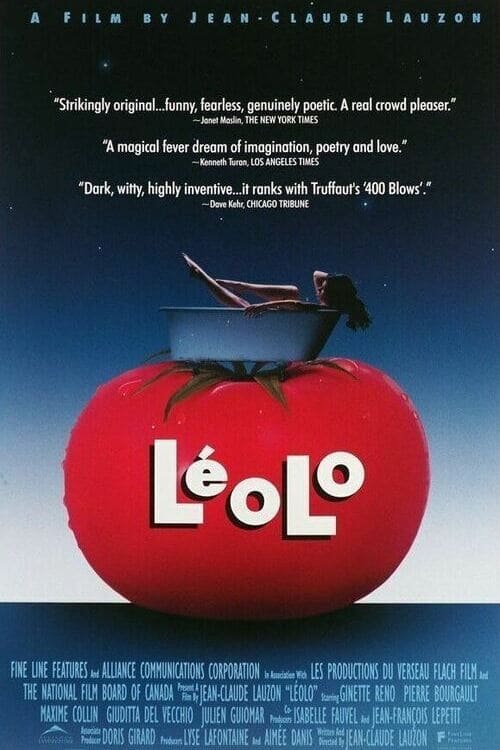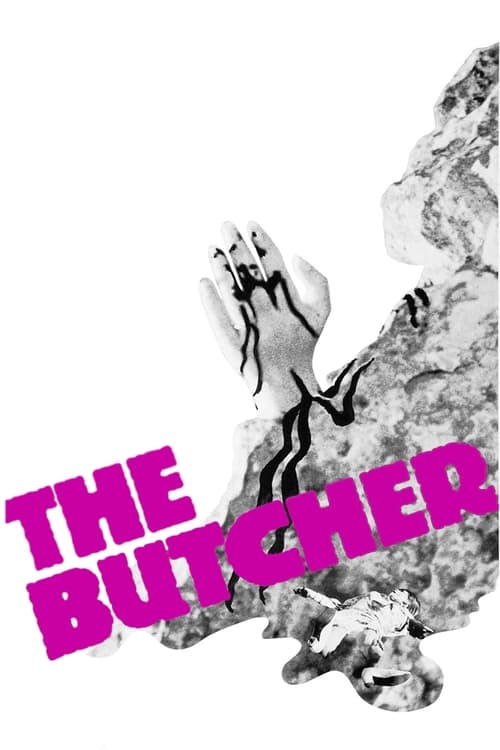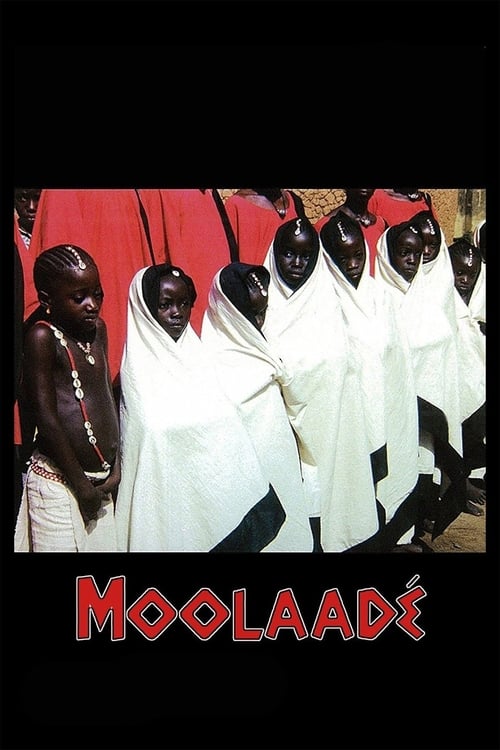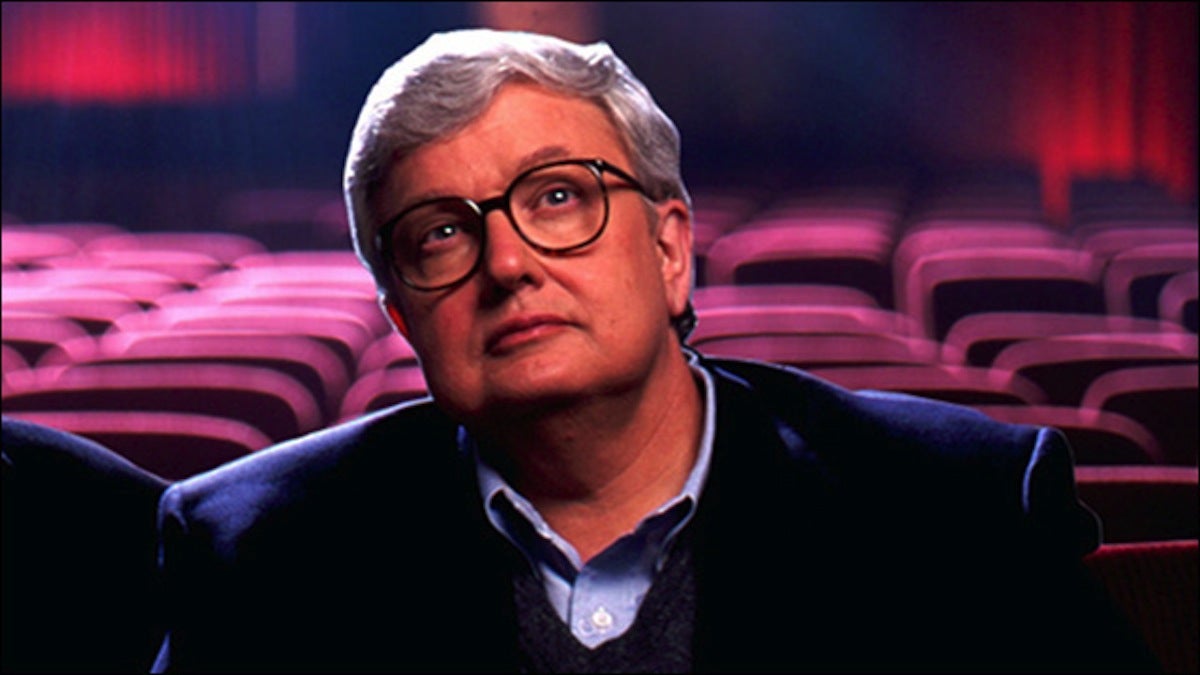
Movie critic Roger Ebert was a legend. Until his death in 2013, Ebert was a tireless champion for film, urging his audience to expand their horizons beyond blockbusters. On his website's “Great Movies” page, you’ll find films that Ebert singled out for special honors. If you’re tired of the same old movies, scroll through this list and choose any of them. You’re sure to find something amazing.
2000s
-
Eternal Sunshine of the Spotless Mind
March 19, 2004Joel Barish, heartbroken that his girlfriend underwent a procedure to erase him from her memory, decides to do the same. However, as he watches his memories of her fade away, he realizes that he still loves her, and may be too late to correct his mistake.
This is one of Jim Carrey’s best films. He pulls back his manic energy to reveal a fragile soul, broken by an ill-fated love. Kate Winslet is fantastic as a free spirit who simultaneously excites and torments her boyfriend. If you’ve ever had a broken heart, this movie will speak to you on several different levels.
The supporting cast is also great, with Elijah Wood, Mark Ruffalo, David Cross, Kirsten Dunst, and Tom Wilkinson.
The movie comes from Michel Gondry and Charlie Kaufman, the team behind other mind-bending classics like “Being John Malkovich” and “Adaptation.”
Loading… -
Departures
September 13, 2008Daigo, a cellist, is laid off from his orchestra and moves with his wife back to his small hometown where the living is cheaper. Thinking he’s applying for a job at a travel agency he finds he’s being interviewed for work with departures of a more permanent nature – as an undertaker’s assistant.
Loading… -
Lost in Translation
September 18, 2003Two lost souls visiting Tokyo — the young, neglected wife of a photographer and a washed-up movie star shooting a TV commercial — find an odd solace and pensive freedom to be real in each other’s company, away from their lives in America.
Loading… -
25th Hour
December 19, 2002In New York City in the days following the events of 9/11, Monty Brogan is a convicted drug dealer about to start a seven-year prison sentence, and his final hours of freedom are devoted to hanging out with his closest buddies and trying to prepare his girlfriend for his extended absence.
Loading… -
Spring, Summer, Fall, Winter… and Spring
September 19, 2003An isolated lake, where an old monk lives in a small floating temple. The monk has a young boy living with him, learning to become a monk. We watch as seasons and years pass by.
Loading… -
The Grey Zone
September 13, 2001The story of Auschwitz’s twelfth Sonderkommando — one of the thirteen consecutive “Special Squads” of Jewish prisoners placed by the Nazis in the excruciating moral dilemma of assisting in the extermination of fellow Jews in exchange for a few more months of life.
Loading… -
Chop Shop
February 27, 2008Alejandro, a tough and ambitious Latino street orphan on the verge of adolescence, lives and works in an auto-body repair shop in a sprawling junkyard on the outskirts of Queens, New York. In this chaotic world of adults, young Alejandro struggles to make a better life for himself and his 16-year-old sister, Isamar.
Loading… -
A.I. Artificial Intelligence
June 29, 2001David, a robotic boy—the first of his kind programmed to love—is adopted as a test case by a Cybertronics employee and his wife. Though he gradually becomes their child, a series of unexpected circumstances make this life impossible for David.
This dark Spielberg tale is a movie Stanley Kubrick had intended to film. The movie is anchored by a great performance by a young Haley Joel Osment.
Loading… -
Spirited Away
July 20, 2001A young girl, Chihiro, becomes trapped in a strange new world of spirits. When her parents undergo a mysterious transformation, she must call upon the courage she never knew she had to free her family.
Loading… -
Mulholland Drive
June 6, 2001Blonde Betty Elms has only just arrived in Hollywood to become a movie star when she meets an enigmatic brunette with amnesia. Meanwhile, as the two set off to solve the second woman’s identity, filmmaker Adam Kesher runs into ominous trouble while casting his latest project.
Loading… -
Adaptation.
December 6, 2002Nicolas Cage is Charlie Kaufman, a confused L.A. screenwriter overwhelmed by feelings of inadequacy, sexual frustration, self-loathing, and by the screenwriting ambitions of his freeloading twin brother Donald. While struggling to adapt “The Orchid Thief,” by Susan Orlean, Kaufman’s life spins from pathetic to bizarre. The lives of Kaufman, Orlean’s book, become strangely intertwined as each one’s search for passion collides with the others’.
Loading… -
Babel
October 26, 2006In Babel, a tragic incident involving an American couple in Morocco sparks a chain of events for four families in different countries throughout the world.
Loading… -
The Pledge
January 19, 2001A police chief about to retire pledges to help a woman find her daughter’s killer.
Loading… -
Ripley's Game
September 2, 2002Tom Ripley - cool, urbane, wealthy, and murderous - lives in a villa in the Veneto with Luisa, his harpsichord-playing girlfriend. A former business associate from Berlin’s underworld pays a call asking Ripley’s help in killing a rival. Ripley - ever a student of human nature - initiates a game to turn a mild and innocent local picture framer into a hit man. The artisan, Jonathan Trevanny, who’s dying of cancer, has a wife, young son, and little to leave them. If Ripley draws Jonathan into the game, can Ripley maintain control? Does it stop at one killing? What if Ripley develops a conscience?
Loading… -
Waking Life
October 19, 2001Waking Life is about a young man in a persistent lucid dream-like state. The film follows its protagonist as he initially observes and later participates in philosophical discussions that weave together issues like reality, free will, our relationships with others, and the meaning of life.
Loading… -
Pan's Labyrinth
October 10, 2006Living with her tyrannical stepfather in a new home with her pregnant mother, 10-year-old Ofelia feels alone until she explores a decaying labyrinth guarded by a mysterious faun who claims to know her destiny. If she wishes to return to her real father, Ofelia must complete three terrifying tasks.
Loading… -
A Prairie Home Companion
June 1, 2006A look at what goes on backstage during the last broadcast of America’s most celebrated radio show, where singing cowboys Dusty and Lefty, a country music siren, and a host of others hold court.
Loading… -
Caché
October 5, 2005George, host of a television show focusing on literature, receives videos shot on the sly that feature his family, along with disturbing drawings that are difficult to interpret. He has no idea who has made and sent him the videos. Progressively, the contents of the videos become more personal, indicating that the sender has known George for a long time.
Loading…
1990s
-
The Match Factory Girl
January 12, 1990Iris is a shy and dowdy young woman stuck in a dead-end job at a match factory, who dreams of finding love at the local dancehall. Finding herself pregnant after a one-night stand and abandoned by the father, Iris finally decides the time has come to get even and she begins to plot her revenge.
Loading… -
Secrets & Lies
May 24, 1996After her adoptive mother dies, Hortense, a successful black optometrist, seeks out her birth mother. She’s shocked when her research leads her to Cynthia, a working class white woman.
Loading… -
Richard III
December 29, 1995A murderous lust for the British throne sees Richard III descend into madness. Though the setting is transposed to the 1930s, England is torn by civil war, split between the rivaling houses of York and Lancaster. Richard aspires to a fascist dictatorship, but must first remove the obstacles to his ascension—among them his brother, his nephews and his brother’s wife. When the Duke of Buckingham deserts him, Richard’s plans are compromised.
Loading… -
Magnolia
December 17, 1999“Magnolia” is a sprawling epic set in the San Fernando Valley. Director Paul Thomas Anderson weaves a story of loss, forgiveness, love, and generational trauma. It’s funny and sad and operatic and thought-provoking. It’s a one-of-a-kind
The top-notch cast includes Tom Cruise, Philip Baker Hall, Philip Seymour Hoffman, William H. Macy, Alfred Molina, Julianne Moore, John C. Reilly, and Jason Robards.
Loading… -
Pulp Fiction
September 10, 1994A burger-loving hit man, his philosophical partner, a drug-addled gangster’s moll and a washed-up boxer converge in this sprawling, comedic crime caper. Their adventures unfurl in three stories that ingeniously trip back and forth in time.
Loading… -
Groundhog Day
February 11, 1993A narcissistic TV weatherman, along with his attractive-but-distant producer, and his mawkish cameraman, is sent to report on Groundhog Day in the small town of Punxsutawney, where he finds himself repeating the same day over and over.
Loading… -
Unforgiven
August 7, 1992William Munny is a retired, once-ruthless killer turned gentle widower and hog farmer. To help support his two motherless children, he accepts one last bounty-hunter mission to find the men who brutalized a prostitute. Joined by his former partner and a cocky greenhorn, he takes on a corrupt sheriff.
Loading… -
L.A. Confidential
September 19, 1997Three detectives in the corrupt and brutal L.A. police force of the 1950s use differing methods to uncover a conspiracy behind the shotgun slayings of the patrons at an all-night diner.
This top-notch crime thriller includes a brilliant cast with Kevin Spacey, Russell Crowe, Guy Pearce, James Cromwell, David Strathairn, Danny DeVito, and an Oscar-winning performance by Kim Basinger.
Loading… -
The Big Lebowski
March 6, 1998Jeffrey ‘The Dude’ Lebowski, a Los Angeles slacker who only wants to bowl and drink White Russians, is mistaken for another Jeffrey Lebowski, a wheelchair-bound millionaire, and finds himself dragged into a strange series of events involving nihilists, adult film producers, ferrets, errant toes, and large sums of money.
Loading… -
GoodFellas
September 12, 1990The true story of Henry Hill, a half-Irish, half-Sicilian Brooklyn kid who is adopted by neighbourhood gangsters at an early age and climbs the ranks of a Mafia family under the guidance of Jimmy Conway.
Loading… -
The Age of Innocence
September 10, 1993In 19th century New York high society, a young lawyer falls in love with a woman separated from her husband, while he is engaged to the woman’s cousin.
Loading… -
La Ceremonie
August 30, 1995Sophie, a quiet and shy maid working for an upper-class French family, finds a friend in the energetic and uncompromising postmaster Jeanne, who encourages her to stand up against her bourgeois employers.
Loading… -
Crumb
September 10, 1994This movie chronicles the life and times of R. Crumb. Robert Crumb is the cartoonist/artist who drew Keep On Truckin’, Fritz the Cat, and played a major pioneering role in the genesis of underground comix. Through interviews with his mother, two brothers, wife, and ex-girlfriends, as well as selections from his vast quantity of graphic art, we are treated to a darkly comic ride through one man’s subconscious mind.
Loading… -
The Blue Kite
February 2, 1994A young man recalls his childhood growing up in a poor alley in Beijing during the 1950s and 1960s.
Loading… -
A Tale of Winter
January 29, 1992Felicie and Charles have a whirlwind holiday romance. Due to a mix-up on addresses they lose contact, and five years later at Christmas-time Felicie is living with her mother in a cold Paris with a daughter as a reminder of that long-ago summer. For male companionship she oscillates between hairdresser Maxence and the intellectual Loic, but seems unable to commit to either as the memory of Charles and what might have been hangs over everything.
Loading… -
After Dark, My Sweet
August 24, 1990The intriguing relationship between three desperados, who try to kidnap a wealthy child in hope of turning their lives around.
Loading… -
Hoop Dreams
September 12, 1994Every school day, African-American teenagers William Gates and Arthur Agee travel 90 minutes each way from inner-city Chicago to St. Joseph High School in Westchester, Illinois, a predominately white suburban school well-known for the excellence of its basketball program. Gates and Agee dream of NBA stardom, and with the support of their close-knit families, they battle the social and physical obstacles that stand in their way. This acclaimed documentary was shot over the course of five years.
Loading… -
Howards End
March 13, 1992A saga of class relations and changing times in an Edwardian England on the brink of modernity, the film centers on liberal Margaret Schlegel, who, along with her sister Helen, becomes involved with two couples: wealthy, conservative industrialist Henry Wilcox and his wife Ruth, and the downwardly mobile working-class Leonard Bast and his mistress Jackie.
Loading… -
Se7en
September 22, 1995Two homicide detectives are on a desperate hunt for a serial killer whose crimes are based on the “seven deadly sins” in this dark and haunting film that takes viewers from the tortured remains of one victim to the next. The seasoned Det. Sommerset researches each sin in an effort to get inside the killer’s mind, while his novice partner, Mills, scoffs at his efforts to unravel the case.
Loading… -
The Shawshank Redemption
September 23, 1994Imprisoned in the 1940s for the double murder of his wife and her lover, upstanding banker Andy Dufresne begins a new life at the Shawshank prison, where he puts his accounting skills to work for an amoral warden. During his long stretch in prison, Dufresne comes to be admired by the other inmates — including an older prisoner named Red — for his integrity and unquenchable sense of hope.
Loading… -
Schindler's List
December 15, 1993The true story of how businessman Oskar Schindler saved over a thousand Jewish lives from the Nazis while they worked as slaves in his factory during World War II.
Perhaps the most devastating movie ever made. Steven Spielberg created an immortal piece of art with this sobering Holocaust story. It rightly swept the 1994 Academy Awards, winning Best Picture, Best Director (Spielberg), Best Adapted Screenplay, Best Cinematography (Janusz Kaminski), Best Art Direction, Best Film Editing, and Best Original Score. Liam Neeson and Ralph Fiennes were nominated for their excellent acting work.
It’s difficult to watch, but you must see this at least once.
Loading… -
The Silence of the Lambs
February 14, 1991Clarice Starling is a top student at the FBI’s training academy. Jack Crawford wants Clarice to interview Dr. Hannibal Lecter, a brilliant psychiatrist who is also a violent psychopath, serving life behind bars for various acts of murder and cannibalism. Crawford believes that Lecter may have insight into a case and that Starling, as an attractive young woman, may be just the bait to draw him out.
Loading… -
Baraka
September 15, 1992A paralysingly beautiful documentary with a global vision—an odyssey through landscape and time—that attempts to capture the essence of life.
Loading… -
Contact
July 11, 1997A radio astronomer receives the first extraterrestrial radio signal ever picked up on Earth. As the world powers scramble to decipher the message and decide upon a course of action, she must make some difficult decisions between her beliefs, the truth, and reality.
Loading… -
Leaving Las Vegas
October 27, 1995Ben Sanderson, an alcoholic Hollywood screenwriter who lost everything because of his drinking, arrives in Las Vegas to drink himself to death. There, he meets and forms an uneasy friendship and non-interference pact with prostitute Sera.
Loading… -
Dark City
February 27, 1998A man struggles with memories of his past, including a wife he cannot remember, in a nightmarish world with no sun and run by beings with telekinetic powers who seek the souls of humans.
Loading… -
Fargo
March 8, 1996Jerry, a small-town Minnesota car salesman is bursting at the seams with debt… but he’s got a plan. He’s going to hire two thugs to kidnap his wife in a scheme to collect a hefty ransom from his wealthy father-in-law. It’s going to be a snap and nobody’s going to get hurt… until people start dying. Enter Police Chief Marge, a coffee-drinking, parka-wearing - and extremely pregnant - investigator who’ll stop at nothing to get her man. And if you think her small-time investigative skills will give the crooks a run for their ransom… you betcha!
Loading… -
JFK
December 20, 1991Follows the investigation into the assassination of President John F. Kennedy led by New Orleans district attorney Jim Garrison.
Loading… -
The Double Life of Véronique
May 15, 1991Véronique is a beautiful young French woman who aspires to be a renowned singer; Weronika lives in Poland, has a similar career goal and looks identical to Véronique, though the two are not related. The film follows both women as they contend with the ups and downs of their individual lives, with Véronique embarking on an unusual romance with Alexandre Fabbri, a puppeteer who may be able to help her with her existential issues.
Loading… -
Exotica
November 30, 1994In the upscale Toronto strip club Exotica, dancer Christina is visited nightly by the obsessive Francis, a depressed tax auditor. Her ex-boyfriend, the club’s MC, Eric, still jealously pines for her even as he introduces her onstage, but Eric is having his own relationship problems with the club’s female owner. Thomas, a mysterious pet-shop owner, is about to become unexpectedly involved in their lives.
Loading… -
Raise the Red Lantern
December 18, 1991In 1920s China, nineteen-year-old Songlian becomes a concubine of a powerful lord and is forced to compete with his three wives for the privileges gained.
Loading… -
La Belle Noiseuse
September 4, 1991The former famous painter Frenhofer lives quietly with his wife on a countryside residence in the French Provence. When the young artist Nicolas visits him with his girlfriend Marianne, Frenhofer decides to start again the work on a painting he long ago stopped: La Belle Noiseuse. And he wants Marianne as model.
Loading…
1980s
-
Moonstruck
December 16, 198737-year-old Italian-American widow Loretta Castorini believes she is unlucky in love, and so accepts a marriage proposal from her boyfriend Johnny, even though she doesn’t love him. When she meets his estranged younger brother Ronny, an emotional and passionate man, she finds herself drawn to him. She tries to resist, but Ronny, who blames his brother for the loss of his hand, has no scruples about aggressively pursuing her while Johnny is out of the country. As Loretta falls for Ronny, she learns that she’s not the only one in her family with a secret romance.
Loading… -
Diva
March 11, 1981Jules, a young Parisian postman, secretly records a concert performance given by the opera singer Cynthia Hawkins, whom he idolises. The following day, Jules runs into a woman who is being pursued by armed thugs. Before she is killed, the woman slips an audio cassette into his mail bag…
Loading… -
My Neighbor Totoro
April 16, 1988Two sisters move to the country with their father in order to be closer to their hospitalized mother, and discover the surrounding trees are inhabited by Totoros, magical spirits of the forest. When the youngest runs away from home, the older sister seeks help from the spirits to find her.
Loading… -
Say Anything…
April 14, 1989Lloyd, an eternal optimist, seeks to capture the heart of Diane, an unattainable high school beauty and straight-A student. He surprises just about everyone-including himself-when she returns the sentiment. But Diane’s over-possessive, divorced Dad disapproves and it’s going to take more than just the power of love to conquer all.
Loading… -
Do the Right Thing
June 14, 1989Salvatore “Sal” Fragione is the Italian owner of a pizzeria in Brooklyn. A neighborhood local, Buggin’ Out, becomes upset when he sees that the pizzeria’s Wall of Fame exhibits only Italian actors. Buggin’ Out believes a pizzeria in a black neighborhood should showcase black actors, but Sal disagrees. The wall becomes a symbol of racism and hate to Buggin’ Out and to other people in the neighborhood, and tensions rise.
Loading… -
Santa sangre
November 24, 1989A former circus artist escapes from a mental hospital to rejoin his mother - the leader of a strange religious cult - and is forced to enact brutal murders in her name.
Loading… -
E.T. the Extra-Terrestrial
June 11, 1982An alien is left behind on Earth and saved by the 10-year-old Elliot who decides to keep him hidden in his home. While a task force hunts for the extra-terrestrial, Elliot, his brother, and his little sister Gertie form an emotional bond with their new friend, and try to help him find his way home.
Loading… -
Planes, Trains and Automobiles
November 26, 1987An irritable marketing executive, Neal Page, is heading home to Chicago for Thanksgiving when a number of delays force him to travel with a well meaning but overbearing shower curtain ring salesman, Del Griffith.
Loading… -
This Is Spinal Tap
March 2, 1984“This Is Spinal Tap” shines a light on the self-contained universe of a metal band struggling to get back on the charts, including everything from its complicated history of ups and downs, gold albums, name changes and undersold concert dates, along with the full host of requisite groupies, promoters, hangers-on and historians, sessions, release events and those special behind-the-scenes moments that keep it all real.
Loading… -
Monsieur Hire
May 24, 1989A French man spies on a lovely younger woman across the way. When he’s spotted by the woman shortly after being questioned by the police about a local murder, the man’s simple life becomes more complicated.
Loading… -
Amadeus
September 19, 1984Wolfgang Amadeus Mozart is a remarkably talented young Viennese composer who unwittingly finds a fierce rival in the disciplined and determined Antonio Salieri. Resenting Mozart for both his hedonistic lifestyle and his undeniable talent, the highly religious Salieri is gradually consumed by his jealousy and becomes obsessed with Mozart’s downfall, leading to a devious scheme that has dire consequences for both men.
Loading… -
The Color Purple
December 18, 1985An epic tale spanning forty years in the life of Celie, an African-American woman living in the South who survives incredible abuse and bigotry. After Celie’s abusive father marries her off to the equally debasing ‘Mister’ Albert Johnson, things go from bad to worse, leaving Celie to find companionship anywhere she can. She perseveres, holding on to her dream of one day being reunited with her sister in Africa.
Loading… -
Mystery Train
September 6, 1989In Memphis, Tennessee, over the course of a single night, the Arcade Hotel, run by an eccentric night clerk and a clueless bellboy, is visited by a young Japanese couple traveling in search of the roots of rock; an Italian woman in mourning who stumbles upon a fleeing charlatan girl; and a comical trio of accidental thieves looking for a place to hide.
Loading… -
The Last Temptation of Christ
May 28, 1988Jesus, a humble Judean carpenter beginning to see that he is the son of God, is drawn into revolutionary action against the Roman occupiers by Judas — despite his protestations that love, not violence, is the path to salvation. The burden of being the savior of mankind torments Jesus throughout his life, leading him to doubt.
Loading… -
Wings of Desire
September 23, 1987Two angels, Damiel and Cassiel, glide through the streets of Berlin, observing the bustling population, providing invisible rays of hope to the distressed but never interacting with them. When Damiel falls in love with lonely trapeze artist Marion, the angel longs to experience life in the physical world, and finds — with some words of wisdom from actor Peter Falk — that it might be possible for him to take human form.
Loading… -
The Dead
September 3, 1987After a convivial holiday dinner party, things begin to unravel when a husband and wife address some prickly issues concerning their marriage.
Loading… -
House of Games
October 11, 1987A psychiatrist comes to the aid of a compulsive gambler and is led by a smooth-talking grifter into the shadowy but compelling world of stings, scams, and con men.
Loading… -
Au Revoir les Enfants
October 7, 1987Au revoir les enfants tells a heartbreaking story of friendship and devastating loss concerning two boys living in Nazi-occupied France. At a provincial Catholic boarding school, the precocious youths enjoy true camaraderie—until a secret is revealed. Based on events from writer-director Malle’s own childhood, the film is a subtle, precisely observed tale of courage, cowardice, and tragic awakening.
Loading… -
Withnail & I
June 19, 1987Two out-of-work actors — the anxious, luckless Marwood and his acerbic, alcoholic friend, Withnail — spend their days drifting between their squalid flat, the unemployment office and the pub. When they take a holiday “by mistake” at the country house of Withnail’s flamboyantly gay uncle, Monty, they encounter the unpleasant side of the English countryside: tedium, terrifying locals and torrential rain.
Loading… -
Ran
June 1, 1985With Ran, legendary director Akira Kurosawa reimagines Shakespeare’s King Lear as a singular historical epic set in sixteenth-century Japan. Majestic in scope, the film is Kurosawa’s late-life masterpiece, a profound examination of the folly of war and the crumbling of one family under the weight of betrayal, greed, and the insatiable thirst for power.
Loading… -
Paris, Texas
July 16, 1984A man wanders out of the desert not knowing who he is. His brother finds him, and helps to pull his memory back of the life he led before he walked out on his family and disappeared four years earlier.
Loading… -
Shoah
April 21, 1985Director Claude Lanzmann spent 11 years on this sprawling documentary about the Holocaust, conducting his own interviews and refusing to use a single frame of archival footage. Dividing Holocaust witnesses into three categories – survivors, bystanders, and perpetrators – Lanzmann presents testimonies from survivors of the Chelmno concentration camp, an Auschwitz escapee, and witnesses of the Warsaw Ghetto Uprising, as well as a chilling report of gas chambers from an SS officer at Treblinka.
Loading… -
After Hours
August 16, 1985Desperate to escape his mind-numbing routine, uptown Manhattan office worker Paul Hackett ventures downtown for a hookup with a mystery woman.
Loading… -
Mishima: A Life in Four Chapters
September 20, 1985A fictional account of the life of Japanese author Yukio Mishima, combining dramatizations of three of his novels and a depiction of the events of November 25th, 1970.
Loading… -
Come and See
October 17, 1985The invasion of a village in Byelorussia by German forces sends young Florya into the forest to join the weary Resistance fighters, against his family’s wishes. There he meets a girl, Glasha, who accompanies him back to his village. On returning home, Florya finds his family and fellow peasants massacred. His continued survival amidst the brutal debris of war becomes increasingly nightmarish, a battle between despair and hope.
Loading… -
A Sunday in the Country
April 11, 1984In France, before WWI. As every Sunday, an old painter living in the country is visited by his son Gonzague, coming with his wife and his three children. Then his daugther Irene arrives. She is always in a hurry, she lives alone and does not come so often… An intimist chronicle in which what is not shown, what is guessed, is more important than how it looks, dealing with what each character expects of life.
Loading… -
A Year of the Quiet Sun
September 9, 1984Shortly after World War II an American soldier (Norman) and a Polish refugee (Emilia) fall in love. Eventually he will return to the U.S. and both expect that she will soon follow him with her mother. Emilia’s mother is sick, but will recover with the right medicine. But the mother, and not Emilia, knows that there will only be one ticket…
Loading… -
El Norte
October 11, 1983Brother and sister Enrique and Rosa flee persecution at home in Guatemala and journey north, through Mexico and on to the United States, with the dream of starting a new life.
Loading… -
Scarface
December 9, 1983After getting a green card in exchange for assassinating a Cuban government official, Tony Montana stakes a claim on the drug trade in Miami. Viciously murdering anyone who stands in his way, Tony eventually becomes the biggest drug lord in the state, controlling nearly all the cocaine that comes through Miami. But increased pressure from the police, wars with Colombian drug cartels and his own drug-fueled paranoia serve to fuel the flames of his eventual downfall.
Loading… -
The Right Stuff
October 20, 1983As the Space Race ensues, seven pilots set off on a path to become the first American astronauts to enter space. However, the road to making history brings forth momentous challenges.
Loading… -
Fanny and Alexander
December 17, 1982As children in the loving Ekdahl family, Fanny and Alexander enjoy a happy life with their parents, who run a theater company. After their father dies unexpectedly, however, the siblings end up in a joyless home when their mother, Emilie, marries a stern bishop. The bleak situation gradually grows worse as the bishop becomes more controlling, but dedicated relatives make a valiant attempt to aid Emilie, Fanny and Alexander.
Loading… -
A Christmas Story
November 18, 1983The comic mishaps and adventures of a young boy named Ralph, trying to convince his parents, teachers, and Santa that a Red Ryder B.B. gun really is the perfect Christmas gift for the 1940s.
Loading… -
Tender Mercies
March 4, 1983Alchoholic former country singer Mac Sledge makes friends with a young widow and her son. The friendship enables him to find inspiration to resume his career.
Loading… -
Blade Runner
June 25, 1982In the smog-choked dystopian Los Angeles of 2019, blade runner Rick Deckard is called out of retirement to terminate a quartet of replicants who have escaped to Earth seeking their creator for a way to extend their short life spans.
Loading… -
Fitzcarraldo
March 2, 1982Fitzcarraldo is a dreamer who plans to build an opera house in Iquitos, in the Peruvian Amazon, so, in order to finance his project, he embarks on an epic adventure to collect rubber, a very profitable product, in a remote and unexplored region of the rainforest.
Loading… -
Mephisto
February 11, 1981A German stage actor finds unexpected success and mixed blessings in the popularity of his performance in a Faustian play as the Nazis take power in pre-WWII Germany. As his associates and friends flee or are ground under by the Nazi terror, the popularity of his character supercedes his own existence until he finds that his best performance is keeping up appearances for his Nazi patrons.
Loading… -
Veronika Voss
May 13, 1982In Munich 1955, German film star Veronika Voss becomes a drug addict at the mercy of corrupt Dr. Marianne Katz, who keeps her supplied with morphine. After meeting sports writer Robert Krohn, Veronika begins to dream of a return to stardom. As the couple’s relationship escalates in intensity, Veronika begins seriously planning her return to the screen — only to realize how debilitated she has become through her drug habit.
Loading… -
Pixote
September 26, 198010-year-old Pixote endures torture, degradation, and corruption at a local youth detention center where two of its members are murdered by policemen who frame Lilica, a 17-year-old trans hustler. Pixote helps Lilica and three other boys escape and they start to make their living by a life of crime which only escalates to more violence and death.
Loading… -
Body Heat
August 28, 1981In the midst of a searing Florida heat wave, a woman convinces her lover, a small-town lawyer, to murder her rich husband.
Loading… -
My Dinner with Andre
October 11, 1981Wallace Shawn and Andre Gregory share life stories and anecdotes over the course of an evening meal at a restaurant.
Loading… -
Raiders of the Lost Ark
June 12, 1981When Dr. Indiana Jones – the tweed-suited professor who just happens to be a celebrated archaeologist – is hired by the government to locate the legendary Ark of the Covenant, he finds himself up against the entire Nazi regime.
This Steven Spielberg-George Lucas collaboration rewrote the rule book for action films. Harrison Ford leads the way as the wise-cracking, hard-charging lead, and Karen Allen provides fireworks as his ex-lover. With incredible stunts, a soaring John Williams score, and an ending that shocked audiences, this must-see adventure is an all-time classic.
“Raiders of the Lost Ark” was nominated for 9 Academy Awards and won for Best Art Direction, Best Film Editing, Best Sound, Best Sound Editing, and Best Visual Effects.
Loading… -
Vengeance Is Mine
April 21, 1979A thief, a murderer, and a charming lady-killer, Iwao Enokizu is on the run from the police.
Loading… -
Atlantic City
September 3, 1980In a corrupt city, a small-time gangster and the estranged wife of a pot dealer find themselves thrown together in an escapade of love, money, drugs and danger.
Loading… -
The Big Red One
January 22, 1980A veteran sergeant of World War I leads a squad in World War II, always in the company of the survivor Pvt. Griff, the writer Pvt. Zab, the Sicilian Pvt. Vinci and Pvt. Johnson, in Vichy French Africa, Sicily, D-Day at Omaha Beach, Belgium and France, and ending in a concentration camp in Czechoslovakia where they face the true horror of war.
Loading… -
My American Uncle
May 21, 1980Prof. Henri Laborit uses the stories of the lives of three people to discuss behaviorist theories of survival, combat, rewards and punishment, and anxiety. René is a technical manager at a textile factory and must face the anxiety caused by corporate downsizing. Janine is a self-educated actress/stylist who learns that the wife of her lover is dying and must decide to let them reunite. Jean is a controversial career-climbing writer/politician at a crossroads in life.
Loading… -
Raging Bull
November 14, 1980The life of boxer Jake LaMotta, whose violence and temper that led him to the top in the ring destroyed his life outside of it.
Loading… -
The Shining
May 23, 1980Jack Torrance (Jack Nicholson) accepts a caretaker job at the Overlook Hotel, where he, along with his wife Wendy (Shelley Duvall) and their son Danny, must live isolated from the rest of the world for the winter. But they aren’t prepared for the madness that lurks within.
Stanley Kubrick’s classic spin on a Stephen King story has been hugely influential since its release, though King has been consistently critical of the adaptation.
Poor Shelley Duvall had a horrific experience during filming. According to the “Guinness Book of Records,” Kubrick demanded to reshoot the scene where she goes down the stairs with the baseball bat 127 times. She became so stressed during filming that her hair began falling out.
Loading…
1970s
-
Being There
December 19, 1979A simple-minded gardener named Chance has spent all his life in the Washington D.C. house of an old man. When the man dies, Chance is put out on the street with no knowledge of the world except what he has learned from television.
Loading… -
Nosferatu the Vampyre
January 17, 1979Jonathan Harker, a real estate agent, goes to Transylvania to visit the mysterious Count Dracula and formalize the purchase of a property in Wismar. Once Jonathan is caught under his evil spell, Dracula travels to Wismar where he meets the beautiful Lucy, Jonathan’s wife, while a plague spreads through the town, now ruled by death.
Loading… -
Apocalypse Now
August 15, 1979At the height of the Vietnam war, Captain Benjamin Willard is sent on a dangerous mission that, officially, “does not exist, nor will it ever exist.” His goal is to locate - and eliminate - a mysterious Green Beret Colonel named Walter Kurtz, who has been leading his personal army on illegal guerrilla missions into enemy territory.
Loading… -
Alien
May 25, 1979The commercial spaceship Nostromo is heading back to Earth when they’re tasked with intercepting a distress signal from a distant planet. The crew discovers a chamber full of seemingly benign eggs. When one hatches unexpectedly, the crew is unaware of the impending nightmare set to descend upon them. Directed by Ridley Scott, this film is the first in the series to feature its most-known protagonist, Ripley (Sigourney Weaver).
Loading… -
Manhattan
April 25, 1979Manhattan explores how the life of a middle-aged television writer dating a teenage girl is further complicated when he falls in love with his best friend’s mistress.
Loading… -
The Marriage of Maria Braun
March 23, 1979Maria marries a young soldier in the last days of World War II, only for him to go missing in the war. She must rely on her beauty and ambition to navigate the difficult post-war years alone.
Loading… -
Days of Heaven
September 13, 1978In 1916, a Chicago steel worker accidentally kills his supervisor and flees to the Texas panhandle with his girlfriend and little sister to work harvesting wheat in the fields of a stoic farmer.
Loading… -
Gates of Heaven
October 1, 1978A documentary about the men who run a pet cemetery, and the men and women who bury their pets.
Loading… -
Superman
December 14, 1978Mild-mannered Clark Kent (Christopher Reeve) works as a reporter at the Daily Planet alongside his crush, Lois Lane (Margot Kidder). Clark must summon his superhero alter-ego when the nefarious Lex Luthor (Gene Hackman) launches a plan to take over the world.
A phenomenal cast is buoyed by an iconic John Williams score in a superhero film that still ranks among the greatest ever.
Loading… -
Star Wars
May 25, 1977Princess Leia is captured and held hostage by the evil Imperial forces in their effort to take over the galactic Empire. Venturesome Luke Skywalker and dashing captain Han Solo team together with the loveable robot duo R2-D2 and C-3PO to rescue the beautiful princess and restore peace and justice in the Empire.
Loading… -
3 Women
April 10, 1977Two co-workers, one a vain woman and the other an awkward teenager, share an increasingly bizarre relationship after becoming roommates.
Loading… -
Annie Hall
April 19, 1977New York comedian Alvy Singer (Woody Allen) falls in love with the ditsy Annie Hall (Diane Keaton). This Woody Allen classic had enough heart to win the Best Picture Academy Award over Star Wars.
Loading… -
Killer of Sheep
November 14, 1978An African-American man working at a slaughterhouse in the Watts area of Los Angeles leads a dissatisfied and listless existence.
Loading… -
Saturday Night Fever
December 16, 1977Tony spends his Saturdays at a disco where his stylish moves raise his popularity among the patrons. But his life outside the disco is not easy and things change when he gets attracted to Stephanie.
Loading… -
Stroszek
January 12, 1977Bruno Stroszek is released from prison and warned to stop drinking. He has few skills and fewer expectations: with a glockenspiel and an accordion, he ekes out a living as a street musician. He befriends Eva, a prostitute down on her luck and they join his neighbor, Scheitz, an elderly eccentric, when he leaves Germany to live in Wisconsin.
Loading… -
Heart of Glass
November 12, 1976A small Bavarian village is renowned for its “Ruby Glass” glass blowing works. When the foreman of the works dies suddenly without revealing the secret of the Ruby Glass, the town slides into a deep depression, and the owner of the glassworks becomes obssessed with the lost secret.
Loading… -
Network
November 14, 1976When veteran anchorman Howard Beale is forced to retire his 25-year post because of his age, he announces to viewers that he will kill himself during his farewell broadcast. Network executives rethink their decision when his fanatical tirade results in a spike in ratings.
Loading… -
Taxi Driver
February 9, 1976In this landmark Martin Scorsese masterpiece, Robert De Niro portrays Travis Bickle, a loner who wavers between flights of heroism and chasms of misanthropy. His failures with women send him spiraling, and he finds himself itching for vengeance.
When it debuted, the movie won the Palme d’Or at Cannes. When the British Film Institute surveyed nearly 500 directors for its esteemed “Sight and Sound” poll in 2022, “Taxi Driver” was named the 12th best film of all time. It has been preserved in the National Film Registry.
Loading… -
Barry Lyndon
December 18, 1975An Irish rogue uses his cunning and wit to work his way up the social classes of 18th century England, transforming himself from the humble Redmond Barry into the noble Barry Lyndon.
Loading… -
Night Moves
February 27, 1975Private detective and former football player Harry Moseby gets hired on to what seems a standard missing person case, as a former Hollywood actress whose only major roles came thanks to being married to a studio mogul wants Moseby to find and return her daughter. Harry travels to Florida to find her, but he begins to see a connection between the runaway girl, the world of Hollywood stuntmen, and a suspicious mechanic when an unsolved murder comes to light.
Loading… -
Dog Day Afternoon
September 21, 1975Based on the true story of would-be Brooklyn bank robbers John Wojtowicz and Salvatore Naturile. Sonny and Sal attempt a bank heist which quickly turns sour and escalates into a hostage situation and stand-off with the police. As Sonny’s motives for the robbery are slowly revealed and things become more complicated, the heist turns into a media circus.
Loading… -
Jaws
June 20, 1975When an insatiable great white shark terrorizes the townspeople of Amity Island, the police chief, an oceanographer and a grizzled shark hunter seek to destroy the blood-thirsty beast.
Steven Spielberg directs a great cast in Roy Scheider, Richard Dreyfuss, and Robert Shaw. John Williams’ immortal score was an instant sensation. “Jaws” was the first summer blockbuster - a well-reviewed crowd-pleaser that sent audiences screaming for the exits.
In 2001, the film was selected by the Library of Congress for preservation in the United States National Film Registry as “culturally, historically, or aesthetically significant”.
Loading… -
Nashville
June 11, 1975The intersecting stories of twenty-four characters—from country star to wannabe to reporter to waitress—connect to the music business in Nashville, Tennessee.
Loading… -
One Flew Over the Cuckoo's Nest
November 19, 1975A petty criminal fakes insanity to serve his sentence in a mental ward rather than prison. He soon finds himself as a leader to the other patients—and an enemy to the cruel, domineering nurse who runs the ward.
Jack Nicholson has never been better than in his role as rule-breaking R.P. McMurphy. Louise Fletcher’s immortal Nurse Ratched was rated the fifth most evil in movie history by the American Film Institute.
Keep your eyes peeled for very young Danny DeVito and Christopher Lloyd and a masterful performance by Brad Dourif.
“Cuckoo’s Nest” was just the second film ever to win the “big five” Academy Awards: Best Picture, Actor in Lead Role, Actress in Lead Role, Director, and Screenplay. It’s a nearly flawless film.
Loading… -
Picnic at Hanging Rock
September 2, 1975In the early 1900s, Miranda attends a girls boarding school in Australia. One Valentine’s Day, the school’s typically strict headmistress treats the girls to a picnic field trip to an unusual but scenic volcanic formation called Hanging Rock. Despite rules against it, Miranda and several other girls venture off. It’s not until the end of the day that the faculty realizes the girls and one of the teachers have disappeared mysteriously.
Loading… -
Ali: Fear Eats the Soul
March 5, 1974Emmi Kurowski, a cleaning lady, is lonely in her old age. Her husband died years ago, and her grown children offer little companionship. One night she goes to a bar frequented by Arab immigrants and strikes up a friendship with middle-aged mechanic Ali. Their relationship soon develops into something more, and Emmi’s family and neighbors criticize their spontaneous marriage. Soon Emmi and Ali are forced to confront their own insecurities about their future.
Loading… -
Amarcord
December 18, 1973In an Italian seaside town, young Titta gets into trouble with his friends and watches various local eccentrics as they engage in often absurd behavior. Frequently clashing with his stern father and defended by his doting mother, Titta witnesses the actions of a wide range of characters, from his extended family to Fascist loyalists to sensual women, with certain moments shifting into fantastical scenarios.
Loading… -
Chinatown
June 20, 1974Private eye Jake Gittes lives off of the murky moral climate of sunbaked, pre-World War II Southern California. Hired by a beautiful socialite to investigate her husband’s extra-marital affair, Gittes is swept into a maelstrom of double dealings and deadly deceits, uncovering a web of personal and political scandals that come crashing together.
Loading… -
The Conversation
April 7, 1974A paranoid, secretive surveillance expert has a crisis of conscience when he suspects that the couple he is spying on will be murdered.
Loading… -
The Enigma of Kaspar Hauser
November 1, 1974The film follows Kaspar Hauser (Bruno S.), who lived the first seventeen years of his life chained in a tiny cellar with only a toy horse to occupy his time, devoid of all human contact except for a man who wears a black overcoat and top hat who feeds him.
Loading… -
The Godfather
March 14, 1972Spanning the years 1945 to 1955, a chronicle of the fictional Italian-American Corleone crime family. When organized crime family patriarch, Vito Corleone barely survives an attempt on his life, his youngest son, Michael steps in to take care of the would-be killers, launching a campaign of bloody revenge.
Often cited as one of the greatest movies ever made, “The Godfather” is endlessly rewatchable and endlessly quotable. Francis Ford Coppola created a masterpiece with an unforgettable cast: Marlon Brando, Al Pacino, James Caan, Robert Duvall, John Cazale, and Diane Keaton.
The film won Academy Awards for Best Picture, Best Actor (Brando), and Best Adapted Screenplay (for Mario Puzo and Coppola). From the first line (“I believe in America”) to the last image of a closing door, this movie is a phenomenon.
Loading… -
The Godfather Part II
December 20, 1974In the continuing saga of the Corleone crime family, a young Vito Corleone grows up in Sicily and in 1910s New York. In the 1950s, Michael Corleone attempts to expand the family business into Las Vegas, Hollywood, and Cuba.
Like its predecessor, this movie is considered among the best films ever made. Its dueling timelines outline the rise and fall of the Corleone crime family, and the betrayals and bloodshed that shaped it. The cast is marvelous with Al Pacino, Robert Duvall, Diane Keaton, Robert De Niro, Talia Shire, John Cazale, Lee Strasberg, and Michael Gazzo.
The film was nominated for 11 Academy Awards, winning for Best Picture, Best Director, Best Actor (De Niro), Best Adapted Screenplay, Best Art Direction, and Best Original Dramatic Score. It was the first sequel ever to win Best Picture.
Loading… -
A Woman Under the Influence
November 18, 1974Mabel Longhetti, desperate and lonely, is married to a Los Angeles municipal construction worker, Nick. Increasingly unstable, especially in the company of others, she craves happiness, but her extremely volatile behavior convinces Nick that she poses a danger to their family and decides to commit her to an institution for six months. Alone with a trio of kids to raise on his own, he awaits her return, which holds more than a few surprises.
Loading… -
Don't Look Now
January 18, 1973While grieving a terrible loss, a married couple meet two mysterious sisters, one of whom gives them a message sent from the afterlife.
Loading… -
Badlands
January 5, 1974An impressionable teenage girl from a dead-end town and her older greaser boyfriend embark on a killing spree in the South Dakota badlands.
Loading… -
Mean Streets
October 14, 1973A small-time hood must choose from among love, friendship and the chance to rise within the mob.
Loading… -
The Long Goodbye
March 8, 1973In 1970s Hollywood, Detective Philip Marlowe tries to help a friend who is accused of murdering his wife.
Loading… -
Cries and Whispers
December 21, 1972As Agnes slowly dies of cancer, her sisters are so deeply immersed in their own psychic pains that they can’t offer her the support she needs. Maria is wracked with guilt at her husband’s attempted suicide, caused by his discovery of her extramarital affair. The self-loathing, suicidal Karin seems to regard her sister with revulsion. Only Anna, the deeply religious maid who lost her young child, seems able to offer Agnes solace and empathy.
Loading… -
Day for Night
May 24, 1973A committed film director struggles to complete his movie while coping with a myriad of crises, personal and professional, among the cast and crew.
Loading… -
The Spirit of the Beehive
October 8, 1973In 1940, in the immediate aftermath of the Spanish Civil War, a young girl living on the Castilian plain is haunted after attending a screening of James Whale’s 1931 film Frankenstein and hearing from her sister that the monster is not dead, instead existing as a spirit inhabiting a nearby barn.
Loading… -
The Discreet Charm of the Bourgeoisie
September 15, 1972In Luis Buñuel’s deliciously satiric masterpiece, an upper-class sextet sits down to dinner but never eats, their attempts continually thwarted by a vaudevillian mixture of events both actual and imagined.
Loading… -
Last Tango in Paris
December 15, 1972A recently widowed American begins an anonymous sexual relationship with a young Parisian woman.
Loading… -
Aguirre, the Wrath of God
December 29, 1972A few decades after the destruction of the Inca Empire, a Spanish expedition led by the infamous Aguirre leaves the mountains of Peru and goes down the Amazon River in search of the lost city of El Dorado. When great difficulties arise, Aguirre’s men start to wonder whether their quest will lead them to prosperity or certain death.
Loading… -
Solaris
March 20, 1972A psychologist is sent to a space station orbiting a planet called Solaris to investigate the death of a doctor and the mental problems of cosmonauts on the station. He soon discovers that the water on the planet is a type of brain which brings out repressed memories and obsessions.
Loading… -
McCabe & Mrs. Miller
June 24, 1971A gambler and a prostitute become business partners in a remote Old West mining town, and their enterprise thrives until a large corporation arrives on the scene.
Loading… -
WR: Mysteries of the Organism
May 10, 1971What does the energy harnessed through orgasm have to do with the state of communist Yugoslavia circa 1971? Only counterculture filmmaker extraordinaire Dušan Makavejev has the answers (or the questions). His surreal documentary-fiction collision begins as an investigation into the life and work of controversial psychologist and philosopher Wilhelm Reich and then explodes into a free-form narrative of a beautiful young Slavic girl’s sexual liberation.
Loading… -
The Last Picture Show
October 3, 1971High school seniors and best friends, Sonny and Duane, live in a dying Texas town. The handsome Duane is dating a local beauty, while Sonny is having an affair with the coach’s wife. As graduation nears and both boys contemplate their futures, Duane eyes the army and Sonny takes over a local business. Each struggles to figure out if he can escape this dead-end town and build a better life somewhere else.
Loading… -
Mon oncle Antoine
November 12, 1971Set in cold rural Quebec at Christmas time, we follow the coming of age of a young boy and the life of his family which owns the town’s general store and undertaking business.
Loading… -
Walkabout
July 1, 1971Under the pretense of having a picnic, a geologist takes his teenage daughter and 6-year-old son into the Australian outback and attempts to shoot them. When he fails, he turns the gun on himself, and the two city-bred children must contend with harsh wilderness alone. They are saved by a chance encounter with an Aboriginal boy who shows them how to survive, and in the process underscores the disharmony between nature and modern life.
Loading… -
El Topo
December 18, 1970El Topo decides to confront warrior Masters on a trans-formative desert journey he begins with his 6 year old son, who must bury his childhood totems to become a man.
Loading… -
Five Easy Pieces
September 12, 1970A drop-out from upper-class America picks up work along the way on oil-rigs when his life isn’t spent in a squalid succession of bars, motels, and other points of interest.
Loading… -
Patton
January 25, 1970“Patton” tells the tale of General George S. Patton, famous tank commander of World War II. The film begins with Patton’s career in North Africa and progresses through the invasion of Germany and the fall of the Third Reich. Side plots also speak of Patton’s numerous faults such his temper and habit towards insubordination.
Loading… -
Woodstock
March 26, 1970An intimate look at the Woodstock Music & Art Festival held in Bethel, NY in 1969, from preparation through cleanup, with historic access to insiders, blistering concert footage, and portraits of the concertgoers; negative and positive aspects are shown, from drug use by performers to naked fans sliding in the mud, from the collapse of the fences by the unexpected hordes to the surreal arrival of National Guard helicopters with food and medical assistance for the impromptu city of 500,000.
Loading…
1960s
-
Easy Rider
June 26, 1969Wyatt and Billy, two Harley-riding hippies, complete a drug deal in Southern California and decide to travel cross-country in search of spiritual truth.
Loading… -
Red Beard
April 3, 1965Aspiring to an easy job as personal physician to a wealthy family, Noboru Yasumoto is disappointed when his first post after medical school takes him to a small country clinic under the gruff doctor Red Beard. Yasumoto rebels in numerous ways, but Red Beard proves a wise and patient teacher. He gradually introduces his student to the unglamorous side of the profession, ultimately assigning him to care for a prostitute rescued from a local brothel.
Loading… -
My Fair Lady
October 21, 1964A snobbish phonetics professor agrees to a wager that he can take a flower girl and make her presentable in high society.
Loading… -
The Wild Bunch
June 19, 1969An aging group of outlaws look for one last big score as the “traditional” American West is disappearing around them.
Loading… -
The Firemen's Ball
December 15, 1967The firemen of a provincial Czechoslovakian town throw a ball in honor of the old chief’s retirement. There will be music and dancing, a beauty pageant and a raffle. The whole town will be in attendance. However, the proceedings are dogged by difficulty at every step. Workplace injuries, stolen prizes, a shortage of pretty girls… and fire.
Loading… -
Army of Shadows
September 10, 1969Betrayed by an informant, Philippe Gerbier finds himself trapped in a torturous Nazi prison camp. Though Gerbier escapes to rejoin the Resistance in occupied Marseilles, France, and exacts his revenge on the informant, he must continue a quiet, seemingly endless battle against the Nazis in an atmosphere of tension, paranoia and distrust.
Loading… -
Yellow Submarine
July 17, 1968The wicked Blue Meanies take over Pepperland, eliminating all color and music. As the only survivor, the Lord Admiral escapes in the yellow submarine and journeys to Liverpool to enlist the help of the Beatles.
Loading… -
The Producers
March 18, 1968Broadway producer Max Bialystock and his accountant, Leo Bloom plan to make money by charming wealthy old biddies to invest in a production many times over the actual cost, and then put on a sure-fire flop, so nobody will ask for their money back – and what can be a more certain flop than a tasteless musical celebrating Hitler.
Loading… -
Romeo and Juliet
April 2, 1968Romeo Montague and Juliet Capulet fall in love against the wishes of their feuding families. Driven by their passion, the young lovers defy their destiny and elope, only to suffer the ultimate tragedy.
Loading… -
The Battle of Algiers
September 8, 1966Tracing the struggle of the Algerian Front de Liberation Nationale to gain freedom from French colonial rule as seen through the eyes of Ali from his start as a petty thief to his rise to prominence in the organisation and capture by the French in 1957. The film traces the rebels’ struggle and the increasingly extreme measures taken by the French government to quell the revolt.
Loading… -
2001: A Space Odyssey
April 2, 1968Humanity finds a mysterious object buried beneath the lunar surface and sets off to find its origins with the help of HAL 9000, the world’s most advanced super computer.
This brilliant Stanley Kubrick film takes us from the dawn of humanity to the possible future beyond the Earth. Its startling special effects still dazzle audiences. The British Film Institute polled 480 directors in 2022 and they chose “2001” as the greatest film ever made.
The immobile, calculating HAL 9000 was rated the 13th greatest villain in movie history by the American Film Institute.
Loading… -
Belle de Jour
May 24, 1967Beautiful young housewife Séverine Serizy cannot reconcile her masochistic fantasies with her everyday life alongside dutiful husband Pierre. When her lovestruck friend Henri mentions a secretive high-class brothel run by Madame Anais, Séverine begins to work there during the day under the name Belle de Jour. But when one of her clients grows possessive, she must try to go back to her normal life.
Loading… -
In Cold Blood
December 15, 1967After a botched robbery results in the brutal murder of a rural family, two drifters elude police, in the end coming to terms with their own mortality and the repercussions of their vile atrocity.
Loading… -
The Exterminating Angel
May 16, 1962A formal dinner party starts out normally enough, but after the bourgeois group retire to the host’s music room, they inexplicably find themselves unable to leave.
Loading… -
The Good, the Bad and the Ugly
December 22, 1966While the Civil War rages on between the Union and the Confederacy, three men – a quiet loner, a ruthless hitman, and a Mexican bandit – comb the American Southwest in search of a strongbox containing $200,000 in stolen gold.
Loading… -
Cool Hand Luke
November 1, 1967When petty criminal Luke Jackson is sentenced to two years in a Florida prison farm, he doesn’t play by the rules of either the sadistic warden or the yard’s resident heavy, Dragline, who ends up admiring the new guy’s unbreakable will. Luke’s bravado, even in the face of repeated stints in the prison’s dreaded solitary confinement cell, “the box,” make him a rebel hero to his fellow convicts and a thorn in the side of the prison officers.
Loading… -
Persona
October 18, 1966A young nurse, Alma, is put in charge of Elisabeth Vogler: an actress who is seemingly healthy in all respects, but will not talk. As they spend time together, Alma speaks to Elisabeth constantly, never receiving any answer.
Loading… -
Bonnie and Clyde
August 14, 1967In the 1930s, bored waitress Bonnie Parker falls in love with an ex-con named Clyde Barrow and together they start a violent crime spree through the country, stealing cars and robbing banks.
Loading… -
La Collectionneuse
March 2, 1967A bombastic, womanizing art dealer and his painter friend go to a seventeenth-century villa on the Riviera for a relaxing summer getaway. But their idyll is disturbed by the presence of the bohemian Haydée, accused of being a “collector” of men.
Loading… -
Le Samouraï
October 25, 1967After carrying out a flawlessly planned hit, Jef Costello, a contract killer with samurai instincts, finds himself caught between a persistent police investigator and a ruthless employer, and not even his armor of fedora and trench coat can protect him.
Loading… -
PlayTime
December 16, 1967Clumsy Monsieur Hulot finds himself perplexed by the intimidating complexity of a gadget-filled Paris. He attempts to meet with a business contact but soon becomes lost. His roundabout journey parallels that of an American tourist, and as they weave through the inventive urban environment, they intermittently meet, developing an interest in one another. They eventually get together at a chaotic restaurant, along with several other quirky characters.
Loading… -
Samurai Rebellion
May 27, 1967The mother of a feudal lord’s only heir is kidnapped away from her husband by the lord. The husband and his samurai father must decide whether to accept the unjust decision, or risk death to get her back.
Loading… -
Au Hasard Balthazar
May 25, 1966The story of a donkey Balthazar as he is passed from owner to owner, some kind and some cruel but all with motivations beyond his understanding. Balthazar, whose life parallels that of his first keeper, Marie, is truly a beast of burden, suffering the sins of humankind. But despite his powerlessness, he accepts his fate nobly.
Loading… -
Blow-Up
December 18, 1966A successful mod photographer in London whose world is bounded by fashion, pop music, marijuana, and easy sex, feels his life is boring and despairing. But in the course of a single day he unknowingly captures a death on film.
Loading… -
Chimes at Midnight
December 22, 1965Henry IV usurps the English throne, sets in motion the factious War of the Roses and now faces a rebellion led by Northumberland scion Hotspur. Henry’s heir, Prince Hal, is a ne’er-do-well carouser who drinks and causes mischief with his low-class friends, especially his rotund father figure, John Falstaff. To redeem his title, Hal may have to choose between allegiance to his real father and loyalty to his friend.
Loading… -
Juliet of the Spirits
October 22, 1965Middle-aged Giulietta grows suspicious of her husband, Giorgio, when his behavior grows increasingly questionable. One night when Giorgio initiates a seance amongst his friends, Giulietta gets in touch with spirits and learns more about herself and her painful past. Slightly skeptical, but intrigued, she visits a mystic who gives her more information — and nudges her toward the realization that her husband is indeed a philanderer.
Loading… -
Dr. Strangelove or: How I Learned to Stop Worrying and Love the Bomb
January 29, 1964After the insane General Jack D. Ripper initiates a nuclear strike on the Soviet Union, a war room full of politicians, generals and a Russian diplomat all frantically try to stop the nuclear strike.
Loading… -
Goldfinger
September 20, 1964Special agent 007 comes face to face with one of the most notorious villains of all time, and now he must outwit and outgun him. The powerful tycoon seeks to cash in on a devious scheme to raid Fort Knox and obliterate the world’s economy.
This might be Sean Connery’s best Bond movie. He’s backed by Gert Fröbe as Goldfinger, Honor Blackman as Pussy Galore, and Harold Sakata as the immortal hat-throwing Oddjob. With classic quips, a gold-painted girl, and killer gadgets, it’s the blueprint for the perfect Bond film. Shirley Bassey also belts one of the best Bond songs ever.
- Director: Guy Hamilton
- James Bond: Sean Connery
- Villain(s): Auric Goldfinger (Gert Fröbe)
- Bond Girl(s): Jill Masterson (Shirley Eaton)
Pussy Galore (Honor Blackman) - Theme Song: “Goldfinger” by Shirley Bassey
- Soundtrack Composer: John Barry
Loading… -
The Gospel According to Matthew
March 3, 1965This biblical drama from the Catholic Marxist director focuses on the teachings of Jesus, including the parables that reflect their revolutionary nature. As Jesus travels along the coast of the Sea of Galilee, he gradually gathers more followers, leading him into direct conflict with the authorities.
Loading… -
A Hard Day's Night
July 7, 1964Capturing John Lennon, Paul McCartney, George Harrison and Ringo Starr in their electrifying element, ‘A Hard Day’s Night’ is a wildly irreverent journey through this pastiche of a day in the life of The Beatles during 1964. The band have to use all their guile and wit to avoid the pursuing fans and press to reach their scheduled television performance, in spite of Paul’s troublemaking grandfather and Ringo’s arrest.
Loading… -
Pale Flower
March 1, 1964A gangster gets released from prison and has to cope with the recent shifts of power between the gangs, while taking care of a thrill-seeking young woman, who got in bad company while gambling.
Loading… -
Woman in the Dunes
February 15, 1964A vacationing entomologist suffers extreme physical and psychological trauma after being taken captive by the residents of a poor seaside village and made to live with a woman whose life task is shoveling sand for them.
Loading… -
8½
February 14, 1963Guido Anselmi, a film director, finds himself creatively barren at the peak of his career. Urged by his doctors to rest, Anselmi heads for a luxurious resort, but a sorry group gathers—his producer, staff, actors, wife, mistress, and relatives—each one begging him to get on with the show. In retreat from their dependency, he fantasizes about past women and dreams of his childhood.
Loading… -
The Leopard
March 27, 1963As Garibaldi’s troops begin the unification of Italy in the 1860s, an aristocratic Sicilian family grudgingly adapts to the sweeping social changes undermining their way of life. Proud but pragmatic Prince Don Fabrizio Salina allows his war hero nephew, Tancredi, to marry Angelica, the beautiful daughter of gauche, bourgeois Don Calogero, in order to maintain the family’s accustomed level of comfort and political clout.
Loading… -
Vivre Sa Vie
September 20, 1962Twelve episodic tales in the life of a Parisian woman and her slow descent into prostitution.
Loading… -
The Silence
September 23, 1963Traveling through an unnamed European country on the brink of war, sickly, intellectual Ester, her sister Anna and Anna’s young son, Johan, check into a near-empty hotel. A basic inability to communicate among the three seems only to worsen during their stay. Anna provokes her sister by enjoying a dalliance with a local man, while the boy, left to himself, has a series of enigmatic encounters that heighten the growing air of isolation.
Loading… -
The Manchurian Candidate
October 24, 1962Near the end of the Korean War, a platoon of U.S. soldiers is captured by communists and brainwashed. Following the war, the platoon is returned home, and Sergeant Raymond Shaw is lauded as a hero by the rest of his platoon. However, the platoon commander, Captain Bennett Marco, finds himself plagued by strange nightmares and soon races to uncover a terrible plot.
Loading… -
Cléo from 5 to 7
April 11, 1962Agnès Varda eloquently captures Paris in the sixties with this real-time portrait of a singer set adrift in the city as she awaits test results of a biopsy. A chronicle of the minutes of one woman’s life, Cléo from 5 to 7 is a spirited mix of vivid vérité and melodrama, featuring a score by Michel Legrand and cameos by Jean-Luc Godard and Anna Karina.
Loading… -
An Autumn Afternoon
November 18, 1962Shuhei Hirayama is a widower with a 24-year-old daughter. Gradually, he comes to realize that she should not be obliged to look after him for the rest of his life, so he arranges a marriage for her.
Loading… -
Harakiri
September 15, 1962Down-on-his-luck veteran Tsugumo Hanshirō enters the courtyard of the prosperous House of Iyi. Unemployed, and with no family, he hopes to find a place to commit seppuku—and a worthy second to deliver the coup de grâce in his suicide ritual. The senior counselor for the Iyi clan questions the ronin’s resolve and integrity, suspecting Hanshirō of seeking charity rather than an honorable end. What follows is a pair of interlocking stories which lay bare the difference between honor and respect, and promises to examine the legendary foundations of the Samurai code.
Loading… -
Lawrence of Arabia
December 11, 1962The story of British officer T.E. Lawrence’s mission to aid the Arab tribes in their revolt against the Ottoman Empire during the First World War. Lawrence becomes a flamboyant, messianic figure in the cause of Arab unity but his psychological instability threatens to undermine his achievements.
Loading… -
The Man Who Shot Liberty Valance
April 13, 1962Questions arise when Senator Stoddard (James Stewart) attends the funeral of a local man named Tom Doniphon (John Wayne) in a small Western town. Flashing back, we learn Doniphon saved Stoddard, then a lawyer, when he was roughed up by a crew of outlaws terrorizing the town, led by Liberty Valance (Lee Marvin). As the territory’s safety hung in the balance, Doniphon and Stoddard, two of the only people standing up to him, proved to be very important, but different, foes to Valance.
Loading… -
What Ever Happened to Baby Jane?
October 31, 1962A former child star torments her paraplegic sister in their decaying Hollywood mansion.
Loading… -
Winter Light
February 11, 1963A Swedish pastor fails a loving woman, a suicidal fisherman and God.
Loading… -
The Hustler
September 25, 1961Fast Eddie Felson is a small-time pool hustler with a lot of talent but a self-destructive attitude. His bravado causes him to challenge the legendary Minnesota Fats to a high-stakes match.
Loading… -
Jules and Jim
January 23, 1962In the carefree days before World War I, introverted Austrian author Jules strikes up a friendship with the exuberant Frenchman Jim and both men fall for the impulsive and beautiful Catherine.
Loading… -
Last Year at Marienbad
May 25, 1961In a strange and isolated chateau, a man becomes acquainted with a woman and insists that they have met before.
Loading… -
Léon Morin, Priest
September 22, 1961The widow Barny lives in Nazi-occupied France, looking after her half-Jewish daughter in a small village. When the Germans arrive, she decides to baptize her and chooses priest Léon Morin to do so. After spending some time with him, the relationship with her confessor turns into a confrontation with both God and her own repressed desire.
Loading… -
Through a Glass Darkly
October 16, 1961Karin hopes to recover from her recent stay at a mental hospital by spending the summer at her family’s cottage on a tiny island. Her husband, Martin, cares for her but is frustrated by her physical withdrawal. Her younger brother, Minus, is confused by Karin’s vulnerability and his own budding sexuality. Their father, David, cannot overcome his haughty remoteness. Beset by visions, Karin descends further into madness.
Loading… -
Victim
August 1, 1961Barrister Melville Farr is on the path to success. With his practice winning cases and a loving marriage to his wife, Farr’s career and personal life are nearly idyllic. However, when blackmailers link the secretly closeted Farr to a young gay man, everything Farr has worked for is threatened. But instead of giving in, Farr decides to fight.
Loading… -
Viridiana
April 1, 1962Viridiana is preparing to start her life as a nun when she is sent, somewhat unwillingly, to visit her aging uncle, Don Jaime. He supports her; but the two have met only once. Jaime thinks Viridiana resembles his dead wife. Viridiana has secretly despised this man all her life and finds her worst fears proven when Jaime grows determined to seduce his pure niece. Viridiana becomes undone as her uncle upends the plans she had made to join the convent.
Loading… -
West Side Story
December 13, 1961In the slums of the upper West Side of Manhattan, New York, a gang of Polish-American teenagers called the Jets compete with a rival gang of recently immigrated Puerto Ricans, the Sharks, to “own” the neighborhood streets. Tensions are high between the gangs but two romantics, one from each gang, fall in love leading to tragedy.
Loading… -
Yojimbo
April 25, 1961A nameless ronin, or samurai with no master, enters a small village in feudal Japan where two rival businessmen are struggling for control of the local gambling trade. Taking the name Sanjuro Kuwabatake, the ronin convinces both silk merchant Tazaemon and sake merchant Tokuemon to hire him as a personal bodyguard, then artfully sets in motion a full-scale gang war between the two ambitious and unscrupulous men.
Loading… -
The Apartment
June 21, 1960Bud Baxter is a minor clerk in a huge New York insurance company, until he discovers a quick way to climb the corporate ladder. He lends out his apartment to the executives as a place to take their mistresses. Although he often has to deal with the aftermath of their visits, one night he’s left with a major problem to solve.
Loading… -
Breathless
March 16, 1960A small-time thief steals a car and impulsively murders a motorcycle policeman. Wanted by the authorities, he attempts to persuade a girl to run away to Italy with him.
Loading… -
Inherit the Wind
July 7, 1960Schoolteacher Bertram Cates is arrested for teaching his students Darwin’s theory of evolution. The case receives national attention and one of the newspaper reporters, E.K. Hornbeck, arranges to bring in renowned defense attorney and atheist Henry Drummond to defend Cates. The prosecutor, Matthew Brady is a former presidential candidate, famous evangelist, and old adversary of Drummond.
Loading… -
L'Avventura
September 14, 1960Claudia and Anna join Anna’s lover, Sandro, on a boat trip to a remote volcanic island. When Anna goes missing, a search is launched. In the meantime, Sandro and Claudia become involved in a romance despite Anna’s disappearance, though the relationship suffers from guilt and tension.
Loading… -
Peeping Tom
May 16, 1960Loner Mark Lewis works at a film studio during the day and, at night, takes racy photographs of women. Also he’s making a documentary on fear, which involves recording the reactions of victims as he murders them. He befriends Helen, the daughter of the family living in the apartment below his, and he tells her vaguely about the movie he is making.
Loading… -
Psycho
June 22, 1960When larcenous real estate clerk Marion Crane (Janet Leigh) goes on the lam with a wad of cash and hopes of starting a new life, she ends up at the notorious Bates Motel, where manager Norman Bates (Anthony Perkins) cares for his housebound mother.
The impact of this Alfred Hitchcock classic cannot be understated. Psycho was nominated for four Academy Awards, including Best Supporting Actress (Leigh) and Best Director (Hitchcock). In 1992, the film was deemed “culturally, historically, or aesthetically significant” by the United States Library of Congress and was selected for preservation in the National Film Registry.
Loading… -
Rocco and His Brothers
October 7, 1960When a impoverished widow’s family moves to the big city, two of her five sons become romantic rivals with deadly results.
Loading…
1950s
-
The 400 Blows
June 3, 1959For young Parisian boy Antoine Doinel, life is one difficult situation after another. Surrounded by inconsiderate adults, including his neglectful parents, Antoine spends his days with his best friend, Rene, trying to plan for a better life. When one of their schemes goes awry, Antoine ends up in trouble with the law, leading to even more conflicts with unsympathetic authority figures.
Loading… -
Song of the Little Road
August 26, 1955Impoverished priest Harihar Ray, dreaming of a better life for himself and his family, leaves his rural Bengal village in search of work. Preserved by the Academy Film Archive in partnership with The Film Foundation in 1996.
Loading… -
Aparajito
October 11, 1956Aparajito picks up where the first film leaves off, with Apu and his family having moved away from the country to live in the bustling holy city of Varanasi (then known as Benares). As Apu progresses from wide-eyed child to intellectually curious teenager, eventually studying in Kolkata, we witness his academic and moral education, as well as the growing complexity of his relationship with his mother. This tenderly expressive, often heart-wrenching film, which won three top prizes at the Venice Film Festival, including the Golden Lion, not only extends but also spiritually deepens the tale of Apu. Preserved by the Academy Film Archive in 1996.
Loading… -
The World of Apu
May 1, 1959Apu is a jobless ex-student dreaming vaguely of a future as a writer. An old college friend talks him into a visit up-country to a village wedding. Preserved by the Academy Film Archive in 1996.
Loading… -
Floating Weeds
November 17, 1959When a theater troupe’s master visits his old flame, he unintentionally sets off a chain of unexpected events with devastating consequences. A remake of Ozu’s own silent film The Story of Floating Weeds (1934).
Loading… -
Pickpocket
December 16, 1959Michel takes up pickpocketing on a lark and is arrested soon after. His mother dies shortly after his release, and despite the objections of his only friend, Jacques, and his mother’s neighbor Jeanne, Michel teams up with a couple of petty thieves in order to improve his craft. With a police inspector keeping an eye on him, Michel also tries to get a straight job, but the temptation to steal is hard to resist.
Loading… -
Rio Bravo
March 18, 1959A small-town sheriff in the American West enlists the help of a disabled man, a drunk, and a young gunfighter in his efforts to hold in jail the brother of the local bad guy.
Loading… -
Some Like It Hot
March 19, 1959Two musicians (Jack Lemmon and Tony Curtis) witness a mob hit and struggle to find a way out of the city before they are found by the gangsters. Their only opportunity is to join an all-girl band as they leave on a tour. To make their getaway they must first disguise themselves as women, then keep their identities secret and deal with the problems this brings - such as an attractive bandmate (Marilyn Monroe) and a very determined suitor.
This classic farce from director Billy Wilder was ranked the best comedy of all time in the American Film Institute's “100 Years…100 Laughs” list in 2000.
Loading… -
The Ballad of Narayama
June 1, 1958In Kabuki style, the film tells the story of a remote mountain village where the scarcity of food leads to a voluntary but socially-enforced policy in which relatives carry 70-year-old family members up Narayama mountain to die. Granny Orin is approaching 70, content to embrace her fate. Her widowed son Tatsuhei cannot bear losing his mother, even as she arranges his marriage to a widow his age. Her grandson Kesa, who’s girlfriend is pregnant, is selfishly happy to see Orin die. Around them, a family of thieves are dealt with severely, and an old man, past 70, whose son has cast him out, scrounges for food. Will Orin’s loving and accepting spirit teach and ennoble her family?
Loading… -
Ivan the Terrible, Part I
November 11, 1944Set during the early part of his reign, Ivan faces betrayal from the aristocracy and even his closest friends as he seeks to unite the Russian people. Sergei Eisenstein’s final film, this is the first part of a three-part biopic of Tsar Ivan IV of Russia, which was never completed due to the producer’s dissatisfaction with Eisenstein’s attempts to use forbidden experimental filming techniques and excessive cost overruns. The second part was completed but not released for a decade after Eisenstein’s death and a change of heart in the USSR government toward his work; the third part was only in its earliest stage of filming when shooting was stopped altogether.
Loading… -
Ivan the Terrible, Part II: The Boyars' Plot
October 10, 1958This is the second part of a projected three-part epic biopic of Russian Czar Ivan Grozny, undertaken by Soviet film-maker Sergei Eisenstein at the behest of Josef Stalin. Production of the epic was stopped before the third part could be filmed, due to producer dissatisfaction with Eisenstein’s introducing forbidden experimental filming techniques into the material, more evident in this part than the first part. As it was, this second part was banned from showings until after the deaths of both Eisenstein and Stalin, and a change of attitude by the subsequent heads of the Soviet government. In this part, as Ivan the Terrible attempts to consolidate his power by establishing a personal army, his political rivals, the Russian boyars, plot to assassinate him.
Loading… -
Mon Oncle
May 10, 1958Genial, bumbling Monsieur Hulot loves his top-floor apartment in a grimy corner of the city, and cannot fathom why his sister’s family has moved to the suburbs. Their house is an ultra-modern nightmare, which Hulot only visits for the sake of stealing away his rambunctious young nephew. Hulot’s sister, however, wants to win him over to her new way of life, and conspires to set him up with a wife and job.
Loading… -
The Music Room
October 10, 1958An aging, decadent landlord’s passion for music becomes the undoing of his legacy as he sacrifices his wealth in order to compete with the opulent music room of his younger, richer neighbour.
Loading… -
Touch of Evil
March 30, 1958When a car bomb explodes on the American side of the U.S./Mexico border, Mexican drug enforcement agent Miguel Vargas begins his investigation, along with American police captain Hank Quinlan. When Vargas begins to suspect that Quinlan and his shady partner, Menzies, are planting evidence to frame an innocent man, his investigations into their possible corruption quickly put himself and his new bride, Susie, in jeopardy.
Loading… -
Vertigo
May 28, 1958A retired San Francisco detective suffering from acrophobia investigates the strange activities of an old friend’s wife, all the while becoming dangerously obsessed with her.
This classic Hitchcock story of obsession stars Jimmy Stewart and Kim Novak. It was cited as the greatest film ever made in the British Film Insitute’s Sight and Sound critics’ poll of 2012.
Loading… -
Paths of Glory
October 25, 1957A commanding officer defends three scapegoats on trial for a failed offensive that occurred within the French Army in 1916.
Loading… -
The Bridge on the River Kwai
October 11, 1957The classic story of English POWs in Burma forced to build a bridge to aid the war effort of their Japanese captors. British and American intelligence officers conspire to blow up the structure, but Col. Nicholson, the commander who supervised the bridge’s construction, has acquired a sense of pride in his creation and tries to foil their plans.
Loading… -
12 Angry Men
April 10, 1957The defense and the prosecution have rested and the jury is filing into the jury room to decide if a young Spanish-American is guilty or innocent of murdering his father. What begins as an open and shut case soon becomes a mini-drama of each of the jurors’ prejudices and preconceptions about the trial, the accused, and each other.
Loading… -
Nights of Cabiria
October 3, 1957Rome, 1957. A woman, Cabiria, is robbed and left to drown by her boyfriend, Giorgio. Rescued, she resumes her life and tries her best to find happiness in a cynical world. Even when she thinks her struggles are over and she has found happiness and contentment, things may not be what they seem.
Loading… -
The Seventh Seal
February 16, 1957When disillusioned Swedish knight Antonius Block returns home from the Crusades to find his country in the grips of the Black Death, he challenges Death to a chess match for his life. Tormented by the belief that God does not exist, Block sets off on a journey, meeting up with traveling players Jof and his wife, Mia, and becoming determined to evade Death long enough to commit one redemptive act while he still lives.
Loading… -
Sweet Smell of Success
July 4, 1957New York City newspaper writer J.J. Hunsecker holds considerable sway over public opinion with his Broadway column, but one thing that he can’t control is his younger sister, Susan, who is in a relationship with aspiring jazz guitarist Steve Dallas. Hunsecker strongly disapproves of the romance and recruits publicist Sidney Falco to find a way to split the couple, no matter how ruthless the method.
Loading… -
The Killing
June 6, 1956Career criminal Johnny Clay recruits a sharpshooter, a crooked police officer, a bartender and a betting teller named George, among others, for one last job before he goes straight and gets married. But when George tells his restless wife about the scheme to steal millions from the racetrack where he works, she hatches a plot of her own.
Loading… -
A Man Escaped
November 11, 1956A captured French Resistance fighter during World War II engineers a daunting escape from prison.
Loading… -
The Searchers
May 16, 1956As a Civil War veteran spends years searching for a young niece captured by Indians, his motivation becomes increasingly questionable.
Loading… -
Written on the Wind
October 4, 1956Mitch Wayne is a geologist working for the Hadleys, an oil-rich Texas family. While the patriarch, Jasper, works hard to establish the family business, his irresponsible son, Kyle, is an alcoholic playboy, and his daughter, Marylee, is the town tramp. Mitch harbors a secret love for Kyle’s unsatisfied wife, Lucy — a fact that leaves him exposed when the jealous Marylee accuses him of murder.
Loading… -
Bob le Flambeur
August 24, 1956In Paris, Bob Montagne is practically synonymous with gambling — and winning. He is kind, classy and well-liked by virtually everyone in town, including police inspector Ledru. However, when Bob’s luck turns sour, he begins to lose friends and makes the most desperate gamble of his life: to rob the Deauville casino during Grand Prix weekend, when the vaults are full. Unfortunately, Bob soon learns that the game is rigged and the cops are on to him.
Loading… -
The Night of the Hunter
August 26, 1955In Depression-era West Virginia, a serial-killing preacher hunts two young children who know the whereabouts of a stash of money.
Loading… -
Ordet
January 9, 1955The three sons of devout Danish farmer Morten have widely disparate religious beliefs. Youngest son Anders shares his father’s religion, but eldest son Mikkel has lost his faith, while middle child Johannes has become delusional and proclaims that he is Jesus Christ himself. When Mikkel’s wife, Inger goes into a difficult childbirth, everyone’s beliefs are put to the test.
Loading… -
Rebel Without a Cause
October 27, 1955After moving to a new town, troublemaking teen Jim Stark is supposed to have a clean slate, although being the new kid in town brings its own problems. While searching for some stability, Stark forms a bond with a disturbed classmate, Plato, and falls for local girl Judy. However, Judy is the girlfriend of neighborhood tough, Buzz. When Buzz violently confronts Jim and challenges him to a drag race, the new kid’s real troubles begin.
Loading… -
Smiles of a Summer Night
December 26, 1955Early in the 20th century, middle-aged lawyer Fredrik Egerman and his young wife, Anne, have still not consummated their marriage, while Fredrik’s son finds himself increasingly attracted to his new stepmother. To make matters worse, Fredrik’s old flame Desiree makes a public bet that she can seduce him at a romantic weekend retreat where four couples convene, swapping partners and pairing off in unexpected ways.
Loading… -
Beat the Devil
November 26, 1953A group of con artists stake their claim on a bogus uranium mine.
Loading… -
French Cancan
April 27, 1955Nineteenth-century Paris comes vibrantly alive in Jean Renoir’s exhilarating tale of the opening of the world-renowned Moulin Rouge. Jean Gabin plays the wily impresario Danglard, who makes the cancan all the rage while juggling the love of two beautiful women—an Egyptian belly-dancer and a naive working girl turned cancan star.
Loading… -
Johnny Guitar
May 26, 1954On the outskirts of town, the hard-nosed Vienna owns a saloon frequented by the undesirables of the region, including Dancin’ Kid and his gang. Another patron of Vienna’s establishment is Johnny Guitar, a former gunslinger and her lover. When a heist is pulled in town that results in a man’s death, Emma Small, Vienna’s rival, rallies the townsfolk to take revenge on Vienna’s saloon – even without proof of her wrongdoing.
Loading… -
On the Waterfront
June 22, 1954Terry Malloy is a kindhearted dockworker, and former boxer, who is tricked by his corrupt bosses into leading his friend to death. After falling in love, he tries to leave the waterfront and expose his employers.
Loading… -
Rear Window
August 1, 1954A wheelchair-bound photographer spies on his neighbors from his apartment window and becomes convinced one of them has committed murder.
Loading… -
Sansho the Bailiff
March 31, 1954In medieval Japan, a woman and his children journey to find the family’s patriarch, who was exiled years before.
Loading… -
Senso
December 30, 1954A troubled and neurotic Italian Countess betrays her entire country for a self-destructive love affair with an Austrian Lieutenant.
Loading… -
Seven Samurai
April 26, 1954A samurai answers a village’s request for protection after he falls on hard times. The town needs protection from bandits, so the samurai gathers six others to help him teach the people how to defend themselves, and the villagers provide the soldiers with food.
Loading… -
Touchez Pas au Grisbi
March 17, 1954Gentleman gangster Max and his partner, Riton, pull off their last, most successful heist and find themselves comfortable enough to retire in the style they enjoy. However, Max confides the details of the theft to his younger mistress, Josey — who has secretly taken up with ambitious young rival gangster Angelo. Angelo then has Riton kidnapped and demands the stash of gold as ransom, which threatens Max’s dreams of the perfect retirement.
Loading… -
The Band Wagon
August 7, 1953A Broadway artiste turns a faded film star’s comeback vehicle into an artsy flop.
Loading… -
The Big Heat
October 14, 1953After the suspicious suicide of a fellow cop, tough homicide detective Dave Bannion takes the law into his own hands when he sets out to smash a vicious crime syndicate.
Loading… -
The Earrings of Madame de…
September 16, 1953In France of the late 19th century, the wife of a wealthy general, the Countess Louise, sells the earrings her husband gave her on their wedding day to pay off debts; she claims to have lost them. Her husband quickly learns of the deceit, which is the beginning of many tragic misunderstandings, all involving the earrings, the general, the countess, & her new lover, the Italian Baron Donati.
Loading… -
Monsieur Hulot's Holiday
February 25, 1953Monsieur Hulot, Jacques Tati’s endearing clown, takes a holiday at a seaside resort, where his presence provokes one catastrophe after another. Tati’s masterpiece of gentle slapstick is a series of effortlessly well-choreographed sight gags involving dogs, boats, and firecrackers; it was the first entry in the Hulot series and the film that launched its maker to international stardom.
Loading… -
Shane
April 23, 1953A weary gunfighter attempts to settle down with a homestead family, but a smouldering settler and rancher conflict forces him to act.
Loading… -
Tokyo Story
November 3, 1953The elderly Shukishi and his wife, Tomi, take the long journey from their small seaside village to visit their adult children in Tokyo. Their elder son, Koichi, a doctor, and their daughter, Shige, a hairdresser, don’t have much time to spend with their aged parents, and so it falls to Noriko, the widow of their younger son who was killed in the war, to keep her in-laws company.
Loading… -
Ugetsu
March 26, 1953In 16th century Japan, peasants Genjuro and Tobei sell their earthenware pots to a group of soldiers in a nearby village, in defiance of a local sage’s warning against seeking to profit from warfare. Genjuro’s pursuit of both riches and the mysterious Lady Wakasa, as well as Tobei’s desire to become a samurai, run the risk of destroying both themselves and their wives, Miyagi and Ohama.
Loading… -
Forbidden Games
May 9, 1952Orphaned after a Nazi air raid, Paulette, a young Parisian girl, runs into Michel, an older peasant boy, and the two quickly become close. Together, they try to make sense of the chaotic and crumbling world around them, attempting to cope with death as they create a burial ground for Paulette’s deceased pet dog. Eventually, however, Paulette’s stay with Michel’s family is threatened by the harsh realities of wartime.
Loading… -
Ikiru
October 9, 1952Kanji Watanabe is a middle-aged man who has worked in the same monotonous bureaucratic position for decades. Learning he has cancer, he starts to look for the meaning of his life.
Loading… -
The Life of Oharu
April 17, 1952In Edo Period Japan, a noblewoman’s banishment for her love affair with a lowly page signals the beginning of her inexorable fall.
Loading… -
Singin' in the Rain
April 9, 1952In 1927 Hollywood, a silent film production company and cast make a difficult transition to sound.
If you have never seen this musical classic, be aware that there is so much more than singing and dancing. It’s a truly funny takedown of Hollywood, and it still holds up almost 70 years later! Gene Kelly, Debbie Reynolds, and Donald O’Connor make this film a phenomenon.
Loading… -
Umberto D.
January 20, 1952When elderly pensioner Umberto Domenico Ferrari returns to his boarding house from a protest calling for a hike in old-age pensions, his landlady demands her 15,000-lire rent by the end of the month or he and his small dog will be turned out onto the street. Unable to get the money in time, Umberto fakes illness to get sent to a hospital, giving his beloved dog to the landlady’s pregnant and abandoned maid for temporary safekeeping.
Loading… -
Ace in the Hole
June 29, 1951An arrogant reporter exploits a story about a man trapped in a cave to revitalize his career.
Loading… -
Diary of a Country Priest
February 7, 1951An inexperienced, sickly priest shows up in the rural French community of Ambricourt, where he joins the community’s clergy. But the locals don’t take kindly to the priest, and his ascetic ways and unsociable demeanor make him an outcast. During Bible studies at the nearby girls school, he is continually mocked by his students. Then his attempt to intervene in a family feud backfires into a scandal. His failures, compounded with his declining health, begin to erode his faith.
Loading… -
The River
September 10, 1951Director Jean Renoir’s entrancing first color feature—shot entirely on location in India—is a visual tour de force. Based on the novel by Rumer Godden, the film eloquently contrasts the growing pains of three young women with the immutability of the Bengal river around which their daily lives unfold. Enriched by Renoir’s subtle understanding and appreciation for India and its people, The River gracefully explores the fragile connections between transitory emotions and everlasting creation.
Loading… -
Strangers on a Train
June 27, 1951Having met on a train, a smooth-talking psychotic socialite shares his theory on how two complete strangers can get away with murder to an amateur tennis player — a theory he plans to test out.
Loading… -
All About Eve
November 9, 1950From the moment she glimpses her idol at the stage door, Eve Harrington is determined to take the reins of power away from the great actress Margo Channing. Eve maneuvers her way into Margo’s Broadway role, becomes a sensation and even causes turmoil in the lives of Margo’s director boyfriend, her playwright and his wife. Only the cynical drama critic sees through Eve, admiring her audacity and perfect pattern of deceit.
Loading… -
In a Lonely Place
May 17, 1950A screenwriter with a violent temper is a murder suspect until his lovely neighbor clears him. However, she soon starts to have her doubts.
Loading… -
Rashomon
August 26, 1950Brimming with action while incisively examining the nature of truth, “Rashomon” is perhaps the finest film ever to investigate the philosophy of justice. Through an ingenious use of camera and flashbacks, Kurosawa reveals the complexities of human nature as four people recount different versions of the story of a man’s murder and the rape of his wife.
Loading… -
Sunset Boulevard
August 10, 1950A hack screenwriter writes a screenplay for a former silent film star who has faded into Hollywood obscurity.
Loading…
1940s
-
Bicycle Thieves
July 21, 1948Unemployed Antonio is elated when he finally finds work hanging posters around war-torn Rome. However on his first day, his bicycle—essential to his work—gets stolen. His job is doomed unless he can find the thief. With the help of his son, Antonio combs the city, becoming desperate for justice.
Loading… -
Kind Hearts and Coronets
June 21, 1949When his mother eloped with an Italian opera singer, Louis Mazzini was cut off from her aristocratic family. After the family refuses to let her be buried in the family mausoleum, Louis avenges his mother’s death by attempting to murder every family member who stands between himself and the family fortune. But when he finds himself torn between his longtime love and the widow of one of his victims, his plans go awry.
Loading… -
Orpheus
September 29, 1950A poet in love with Death follows his unhappy wife into the underworld.
Loading… -
The Third Man
August 31, 1949In postwar Vienna, Austria, Holly Martins, a writer of pulp Westerns, arrives penniless as a guest of his childhood chum Harry Lime, only to learn he has died. Martins develops a conspiracy theory after learning of a “third man” present at the time of Harry’s death, running into interference from British officer Major Calloway, and falling head-over-heels for Harry’s grief-stricken lover, Anna.
Loading… -
The Red Shoes
September 6, 1948In this classic drama, Vicky Page is an aspiring ballerina torn between her dedication to dance and her desire to love. While her imperious instructor, Boris Lermontov, urges to her to forget anything but ballet, Vicky begins to fall for the charming young composer Julian Craster. Eventually Vicky, under great emotional stress, must choose to pursue either her art or her romance, a decision that carries serious consequences.
Loading… -
Red River
August 26, 1948Headstrong Thomas Dunson starts a thriving Texas cattle ranch with the help of his faithful trail hand, Groot, and his protégé, Matthew Garth, an orphan Dunson took under his wing when Matt was a boy. In need of money following the Civil War, Dunson and Matt lead a cattle drive to Missouri, where they will get a better price than locally, but the crotchety older man and his willful young partner begin to butt heads on the exhausting journey.
Loading… -
The Treasure of the Sierra Madre
January 15, 1948Fred C. Dobbs and Bob Curtin, both down on their luck in Tampico, Mexico in 1925, meet up with a grizzled prospector named Howard and decide to join with him in search of gold in the wilds of central Mexico. Through enormous difficulties, they eventually succeed in finding gold, but bandits, the elements, and most especially greed threaten to turn their success into disaster.
Loading… -
Out of the Past
November 25, 1947Jeff Bailey seems to be a mundane gas station owner in remote Bridgeport, California. He is dating local girl Ann Miller and lives a quiet life. But Jeff has a secret past, and when a mysterious stranger arrives in town, Jeff is forced to return to the dark world he had tried to escape.
Loading… -
The Big Sleep
August 23, 1946Private Investigator Philip Marlowe is hired by wealthy General Sternwood regarding a matter involving his youngest daughter Carmen. Before the complex case is over, Marlowe sees murder, blackmail, deception, and what might be love.
Loading… -
Beauty and the Beast
October 29, 1946The story of a gentle-hearted beast in love with a simple and beautiful girl. She is drawn to the repellent but strangely fascinating Beast, who tests her fidelity by giving her a key, telling her that if she doesn’t return it to him by a specific time, he will die of grief. She is unable to return the key on time, but it is revealed that the Beast is the genuinely handsome one. A simple tale of tragic love that turns into a surreal vision of death, desire, and beauty.
Loading… -
The Best Years of Our Lives
December 25, 1946It’s the hope that sustains the spirit of every GI: the dream of the day when he will finally return home. For three WWII veterans, the day has arrived. But for each man, the dream is about to become a nightmare.
Loading… -
Great Expectations
December 26, 1946In this Dickens adaptation, orphan Pip discovers through lawyer Mr. Jaggers that a mysterious benefactor wishes to ensure that he becomes a gentleman. Reunited with his childhood patron, Miss Havisham, and his first love, the beautiful but emotionally cold Estella, he discovers that the elderly spinster has gone mad from having been left at the altar as a young woman, and has made her charge into a warped, unfeeling heartbreaker.
Loading… -
It's a Wonderful Life
December 20, 1946A holiday favourite for generations… George Bailey has spent his entire life giving to the people of Bedford Falls. All that prevents rich skinflint Mr. Potter from taking over the entire town is George’s modest building and loan company. But on Christmas Eve the business’s $8,000 is lost and George’s troubles begin.
Loading… -
My Darling Clementine
October 17, 1946Wyatt Earp and his brothers Morgan and Virgil ride into Tombstone and leave brother James in charge of their cattle herd. On their return they find their cattle stolen and James dead. Wyatt takes on the job of town marshal, making his brothers deputies, and vows to stay in Tombstone until James’ killers are found. He soon runs into the brooding, coughing, hard-drinking Doc Holliday as well as the sullen and vicious Clanton clan. Wyatt discovers the owner of a trinket stolen from James’ dead body and the stage is set for the Earps’ long-awaited revenge.
Loading… -
Late Spring
September 13, 1949Noriko is perfectly happy living at home with her widowed father, Shukichi, and has no plans to marry — that is, until her aunt Masa convinces Shukichi that unless he marries off his 27-year-old daughter soon, she will likely remain alone for the rest of her life. When Noriko resists Masa’s matchmaking, Shukichi is forced to deceive his daughter and sacrifice his own happiness to do what he believes is right.
Loading… -
Notorious
August 21, 1946In order to help bring Nazis to justice, U.S. government agent T.R. Devlin recruits Alicia Huberman, the American daughter of a convicted German war criminal, as a spy. As they begin to fall for one another, Alicia is instructed to win the affections of Alexander Sebastian, a Nazi hiding out in Brazil. When Sebastian becomes serious about his relationship with Alicia, the stakes get higher, and Devlin must watch her slip further undercover.
Loading… -
Children of Paradise
March 15, 1945In a chaotic 19th-century Paris teeming with aristocrats, thieves, psychics, and courtesans, theater mime Baptiste is in love with the mysterious actress Garance. But Garance, in turn, is loved by three other men: pretentious actor Frederick, conniving thief Lacenaire, and Count Edouard of Montray.
Loading… -
Detour
November 30, 1945The life of Al Roberts, a pianist in a New York nightclub, turns into a nightmare when he decides to hitchhike to Los Angeles to visit his girlfriend.
Loading… -
Double Indemnity
July 6, 1944A rich woman and a calculating insurance agent plot to kill her unsuspecting husband after he signs a double indemnity policy. Against a backdrop of distinctly Californian settings, the partners in crime plan the perfect murder to collect the insurance, which pays double if the death is accidental.
Loading… -
Laura
October 11, 1944A police detective falls in love with the woman whose murder he’s investigating.
Loading… -
The Life and Death of Colonel Blimp
July 26, 1943General Candy, who’s overseeing an English squad in 1943, is a veteran leader who doesn’t have the respect of the men he’s training and is considered out-of-touch with what’s needed to win the war. But it wasn’t always this way. Flashing back to his early career in the Boer War and World War I, we see a dashing young officer whose life has been shaped by three different women, and by a lasting friendship with a German soldier.
Loading… -
Shadow of a Doubt
January 15, 1943Just when Charlotte ‘Charlie’ Newton, is feeling especially frustrated by the lack of excitement in her small town in California, she receives wonderful news: Her uncle and namesake, Charlie Oakley, is coming to visit. However, as secrets about him come to the fore, Charlotte’s admiration turns into suspicion.
Loading… -
Casablanca
January 15, 1943In Casablanca, Morocco in December 1941, a cynical American expatriate meets a former lover, with unforeseen complications.
If you’ve never seen it, now is the time! It’s one of the best scripts ever, filled with quotable lines, fantastic supporting performances, and one of the most famous endings in movie history.
Loading… -
Cat People
December 5, 1942A Serbian émigré in Manhattan believes that, because of an ancient curse, any physical intimacy with the man she loves will turn her into a feline predator.
Loading… -
Yankee Doodle Dandy
May 29, 1942A film of the life of the renowned musical composer, playwright, actor, dancer and singer George M. Cohan.
Loading… -
Citizen Kane
April 17, 1941Newspaper magnate Charles Foster Kane (Orson Welles) is taken from his mother as a boy and made the ward of a rich industrialist. As a result, every well-meaning, tyrannical or self-destructive move he makes for the rest of his life appears in some way to be a reaction to that deeply wounding event.
“Citizen Kane” was ranked the best film of all time in the American Film Institute's “100 Years…100 Movies” list, and it defended that title when the list was reconsidered 10 years later.
Loading… -
The Lady Eve
February 25, 1941It’s no accident when wealthy Charles falls for Jean. Jean is a con artist with her sights set on Charles’ fortune. Matters complicate when Jean starts falling for her mark. When Charles suspects Jean is a gold digger, he dumps her. Jean, fixated on revenge and still pining for the millionaire, devises a plan to get back in Charles’ life. With love and payback on her mind, she re-introduces herself to Charles, this time as an aristocrat named Lady Eve Sidwich.
Loading… -
The Maltese Falcon
October 18, 1941A private detective takes on a case that involves him with three eccentric criminals, a beautiful liar, and their quest for a priceless statuette.
Loading… -
The Bank Dick
November 29, 1940Egbert Sousé becomes an unexpected hero when a bank robber falls over a bench he’s occupying. Now considered brave, Egbert is given a job as a bank guard. Soon, he is approached by charlatan J. Frothingham Waterbury about buying shares in a mining company. Egbert persuades teller Og Oggilby to lend him bank money, to be returned when the scheme pays off. Unfortunately, bank inspector Snoopington then makes a surprise appearance.
Loading… -
The Grapes of Wrath
March 15, 1940Tom Joad returns to his home after a jail sentence to find his family kicked out of their farm due to foreclosure. He catches up with them on his Uncle’s farm, and joins them the next day as they head for California and a new life… Hopefully.
Loading… -
The Great Dictator
October 15, 1940Dictator Adenoid Hynkel tries to expand his empire while a poor Jewish barber tries to avoid persecution from Hynkel’s regime.
Loading… -
Pinocchio
February 23, 1940When loving Geppetto creates a wooden puppet, his wish is granted when it comes to life as a little wooden boy named Pinocchio. With his faithful friend and conscience Jiminy Cricket by his side, Pinocchio, embarks on fantastic adventures that his bravery, loyalty and honesty until triumphs in his triumphs in his quest for his heart’s desire: to become a real boy.
Loading… -
The Thief of Bagdad
February 19, 1940When Prince Ahmad is blinded and cast out of Bagdad by the nefarious Jaffar, he joins forces with the scrappy thief Abu to win back his royal place, as well as the heart of a beautiful princess.
Loading…
1930s
-
Gone with the Wind
March 12, 1939The spoiled daughter of a Georgia plantation owner conducts a tumultuous romance with a cynical profiteer during the American Civil War and Reconstruction Era.
Loading… -
The Rules of the Game
July 9, 1939A weekend at a marquis’ country château lays bare some ugly truths about a group of haut bourgeois acquaintances.
Loading… -
Stagecoach
March 3, 1939A group of people traveling on a stagecoach find their journey complicated by the threat of Geronimo, and learn something about each other in the process.
Loading… -
The Wizard of Oz
August 15, 1939Young Dorothy finds herself in a magical world where she makes friends with a lion, a scarecrow and a tin man as they make their way along the yellow brick road to talk with the Wizard and ask for the things they miss most in their lives. The Wicked Witch of the West is the only thing that could stop them.
Loading… -
The Adventures of Robin Hood
May 13, 1938Robin Hood fights nobly for justice against the evil Sir Guy of Gisbourne while striving to win the hand of the beautiful Maid Marian.
Loading… -
Snow White and the Seven Dwarfs
December 21, 1937A beautiful girl, Snow White, takes refuge in the forest in the house of seven dwarfs to hide from her stepmother, the wicked Queen. The Queen is jealous because she wants to be known as “the fairest in the land,” and Snow White’s beauty surpasses her own.
Loading… -
Grand Illusion
January 1, 1937A group of French soldiers, including the patrician Captain de Boeldieu and the working-class Lieutenant Maréchal, grapple with their own class differences after being captured and held in a World War I German prison camp. When the men are transferred to a high-security fortress, they must concoct a plan to escape beneath the watchful eye of aristocratic German officer von Rauffenstein, who has formed an unexpected bond with de Boeldieu.
Loading… -
My Man Godfrey
September 2, 1936Fifth Avenue socialite Irene Bullock needs a “forgotten man” to win a scavenger hunt, and no one is more forgotten than Godfrey Park, who resides in a dump by the East River. Irene hires Godfrey as a servant for her riotously unhinged family, to the chagrin of her spoiled sister, Cornelia, who tries her best to get Godfrey fired. As Irene falls for her new butler, Godfrey turns the tables and teaches the frivolous Bullocks a lesson or two.
Loading… -
The Only Son
September 15, 1936A silk factory worker is persuaded to support her son’s education up to a college level despite their poverty. Many years later, she travels to Tokyo to visit her son.
Loading… -
Swing Time
August 28, 1936Lucky is tricked into missing his own wedding again and has to make $25,000 so her father allows him to marry Margaret. He and business partner Pop go to New York where they run into dancing instructor Penny. She and Lucky form a successful dance partnership, but romance is blighted by his old attachment to Margaret and hers for Ricky Romero.
Loading… -
Top Hat
August 29, 1935Showman Jerry Travers is working for producer Horace Hardwick in London. Jerry demonstrates his new dance steps late one night in Horace’s hotel room, much to the annoyance of sleeping Dale Tremont below. She goes upstairs to complain and the two are immediately attracted to each other. Complications arise when Dale mistakes Jerry for Horace.
Loading… -
Bride of Frankenstein
April 20, 1935Dr. Frankenstein and his monster both turn out to be alive, not killed as previously believed. Dr. Frankenstein wants to get out of the evil experiment business, but when a mad scientist, Dr. Pretorius, kidnaps his wife, Dr. Frankenstein agrees to help him create a new creature.
Loading… -
Triumph of the Will
March 28, 1935A showcase of German chancellor and Nazi Party leader Adolf Hitler at the 1934 Nuremberg Rally.
Loading… -
The Scarlet Empress
May 9, 1934During the 18th century, German noblewoman Sophia Frederica, who would later become Catherine the Great, travels to Moscow to marry the dimwitted Grand Duke Peter, the heir to the Russian throne. Their arranged marriage proves to be loveless, and Catherine takes many lovers, including the handsome Count Alexei, and bears a son. When the unstable Peter eventually ascends to the throne, Catherine plots to oust him from power.
Loading… -
L'Atalante
April 24, 1934Capricious small-town girl Juliette and barge captain Jean marry after a whirlwind courtship, and she comes to live aboard his boat, L’Atalante. As they make their way down the Seine, Jean grows weary of Juliette’s flirtations with his all-male crew, and Juliette longs to escape the monotony of the boat and experience the excitement of a big city. When she steals away to Paris by herself, her husband begins to think their marriage was a mistake.
Loading… -
The Thin Man
May 25, 1934A husband and wife detective team takes on the search for a missing inventor and almost get killed for their efforts.
Loading… -
Duck Soup
November 12, 1933Rufus T. Firefly is named president/dictator of bankrupt Freedonia and declares war on neighboring Sylvania over the love of wealthy Mrs. Teasdale.
Loading… -
King Kong
March 15, 1933Adventurous filmmaker Carl Denham sets out to produce a motion picture unlike anything the world has seen before. Alongside his leading lady Ann Darrow and his first mate Jack Driscoll, they arrive on an island and discover a legendary creature said to be neither beast nor man. Denham captures the monster to be displayed on Broadway as King Kong, the eighth wonder of the world.
Loading… -
Trouble in Paradise
October 30, 1932Thief Gaston Monescu and pickpocket Lily are partners in crime and love. Working for perfume company executive Mariette Colet, the two crooks decide to combine their criminal talents to rob their employer. Under the alias of Monsieur Laval, Gaston uses his position as Mariette’s personal secretary to become closer to her. However, he takes things too far when he actually falls in love with Mariette, and has to choose between her and Lily.
Loading… -
City Lights
February 6, 1931A tramp falls in love with a beautiful blind flower girl. His on-and-off friendship with a wealthy man allows him to be the girl’s benefactor and suitor.
Loading… -
Dracula
February 12, 1931British estate agent Renfield travels to Transylvania to meet with the mysterious Count Dracula, who is interested in leasing a castle in London and is, unbeknownst to Renfield, a vampire. After Dracula enslaves Renfield and drives him to insanity, the pair sail to London together, and as Dracula begins preying on London socialites, the two become the subject of study for a supernaturalist professor, Abraham Van Helsing.
Loading… -
M
May 11, 1931In this classic German thriller, Hans Beckert, a serial killer who preys on children, becomes the focus of a massive Berlin police manhunt. Beckert’s heinous crimes are so repellant and disruptive to city life that he is even targeted by others in the seedy underworld network. With both cops and criminals in pursuit, the murderer soon realizes that people are on his trail, sending him into a tense, panicked attempt to escape justice.
Loading…
1920s
-
Diary of a Lost Girl
September 27, 1929Thymian Henning, an innocent young girl, is raped by the clerk of her father’s pharmacy. She becomes pregnant, is rejected by her family, and must fend for herself in a harsh, cruel world.
Loading… -
Man with a Movie Camera
May 12, 1929A cameraman wanders around with a camera slung over his shoulder, documenting urban life with dazzling inventiveness.
Loading… -
The Circus
January 29, 1928Charlie, a wandering tramp, becomes a circus handyman - soon the star of the show - and falls in love with the circus owner’s stepdaughter.
Loading… -
The Man Who Laughs
April 27, 1928Gwynplaine, son of Lord Clancharlie, has a permanent smile carved on his face by the King, in revenge for Gwynplaine’s father’s treachery. Gwynplaine is adopted by a travelling showman and becomes a popular idol. He falls in love with the blind Dea. The king dies, and his evil jester tries to destroy or corrupt Gwynplaine.
Loading… -
Pandora's Box
January 30, 1929Lulu is a young woman so beautiful and alluring that few can resist her siren charms. The men drawn into her web include respectable newspaper publisher Dr. Ludwig Schön, his musical producer son Alwa, circus performer Rodrigo Quast, and seedy old Schigolch. When Lulu’s charms inevitably lead to tragedy, the downward spiral encompasses them all.
Loading… -
The Passion of Joan of Arc
April 21, 1928A classic of the silent age, this film tells the story of the doomed but ultimately canonized 15th-century teenage warrior. On trial for claiming she’d spoken to God, Jeanne d’Arc is subjected to inhumane treatment and scare tactics at the hands of church court officials. Initially bullied into changing her story, Jeanne eventually opts for what she sees as the truth. Her punishment, a famously brutal execution, earns her perpetual martyrdom.
Loading… -
Sunrise: A Song of Two Humans
November 4, 1927A married farmer falls under the spell of a slatternly woman from the city, who tries to convince him to drown his wife. Preserved by the Academy Film Archive in partnership with British Film Institute in 2004.
Loading… -
Un Chien Andalou
June 5, 1929Un Chien Andalou is an European avant-garde surrealist film, a collaboration between director Luis Buñuel and Salvador Dali.
Loading… -
Metropolis
February 6, 1927In a futuristic city sharply divided between the rich and the poor, the son of the city’s mastermind meets a prophet who predicts the coming of a savior to mediate their differences.
Loading… -
The General
December 25, 1926During America’s Civil War, Union spies steal engineer Johnny Gray’s beloved locomotive, ‘The General’—with Johnnie’s lady love aboard an attached boxcar—and he single-handedly must do all in his power to both get The General back and to rescue Annabelle.
Loading… -
Faust
October 13, 1926God and Satan war over earth; to settle things, they wager on the soul of Faust, a learned and prayerful alchemist.
Loading… -
The Phantom of the Opera
September 22, 1925The deformed Phantom who haunts the Paris Opera House causes murder and mayhem in an attempt to make the woman he loves a star.
Loading… -
Battleship Potemkin
December 24, 1925A dramatized account of a great Russian naval mutiny and a resultant public demonstration, showing support, which brought on a police massacre. The film had an incredible impact on the development of cinema and is a masterful example of montage editing.
Loading… -
Greed
December 4, 1924A lottery win of $5,000 forever changes the lives of a miner turned dentist and his wife.
Loading… -
The Last Laugh
December 23, 1924An aging doorman, after being fired from his prestigious job at a luxurious hotel is forced to face the scorn of his friends, neighbours and society.
Loading… -
Safety Last!
April 1, 1923When a store clerk organizes a contest to climb the outside of a tall building, circumstances force him to make the perilous climb himself.
Loading… -
-
Nanook of the North
June 11, 1922This pioneering documentary film depicts the lives of the indigenous Inuit people of Canada’s northern Quebec region. Although the production contains some fictional elements, it vividly shows how its resourceful subjects survive in such a harsh climate, revealing how they construct their igloo homes and find food by hunting and fishing. The film also captures the beautiful, if unforgiving, frozen landscape of the Great White North, far removed from conventional civilization.
Loading… -
Nosferatu
February 16, 1922The mysterious Count Orlok summons Thomas Hutter to his remote Transylvanian castle in the mountains. The eerie Orlok seeks to buy a house near Hutter and his wife, Ellen. After Orlok reveals his vampire nature, Hutter struggles to escape the castle, knowing that Ellen is in grave danger. Meanwhile Orlok’s servant, Knock, prepares for his master to arrive at his new home.
Loading… -
The Cabinet of Dr. Caligari
February 27, 1920Francis, a young man, recalls in his memory the horrible experiences he and his fiancée Jane recently went through. Francis and his friend Alan visit The Cabinet of Dr. Caligari, an exhibit where the mysterious doctor shows the somnambulist Cesare, and awakens him for some moments from his death-like sleep.
Loading…
1910s
-
Broken Blossoms
May 13, 1919The love story of an abused English girl and a Chinese Buddhist in a time when London was a brutal and harsh place to live.
Loading… -
The Birth of a Nation
February 8, 1915Two families, abolitionist Northerners the Stonemans and Southern landowners the Camerons, intertwine. When Confederate colonel Ben Cameron is captured in battle, nurse Elsie Stoneman petitions for his pardon. In Reconstruction-era South Carolina, Cameron founds the Ku Klux Klan, battling Elsie’s congressman father and his African-American protégé, Silas Lynch.
Loading… -
Cabiria
June 1, 1914Young Cabiria is kidnapped by pirates and sold as a slave in Carthage. Just as she’s to be sacrificed to Moloch, Cabiria is rescued by Fulvius Axilla, a good-hearted Roman spy, and his powerful slave, Maciste. The trio are broken up as Cabiria is entrusted to a woman of noble birth. With Cabiria’s fate unknown, Maciste punished for his heroism, and Fulvius sent away to fight for Rome, is there any hope of our heroes reuniting?
Loading…
Some of Ebert’s picks can be difficult to stream, like the “Up” series, where a documentary crew starts with a group of 7-year-old kids and revisits them every seven years. The most recent (“63 Up”) came out in 2019. The more recent films are easier to stream than the earlier entries.
The groundbreaking “Decalogue” films are also not available for streaming. These are the other films on Ebert’s list that are difficult to find:
-
The Fall of the House of Usher
December 31, 1928In a decaying castle surrounded by a dank, mirrored lake live the morbidly nervous Roderick Usher and his sickly twin sister, Madeline. Their tale is told and dimly comprehended by the unnamed narrator, a boyhood friend whom Roderick has summoned. When Madeline soon dies—or seems to die—they entomb her body. On a stormy night, “cracking and ripping” sounds and a “shriek” from below convince the panicky Roderick that “We have put her living into the tomb!” The shrouded, emaciated figure of Madeline appears at the door of Roderick’s book-strewn study, falls upon him, “and in her violent and now final death-agonies, bore him to the floor a corpse.”
Loading… -
Make Way for Tomorrow
May 9, 1937At a family reunion, the Cooper clan find that their parents’ home is being foreclosed. “Temporarily,” Ma moves in with son George’s family, Pa with daughter Cora. But the parents are like sand in the gears of their middle-aged children’s well regulated households. Can the old folks take matters into their own hands?
Loading… -
Rififi
April 13, 1955Out of prison after a five-year stretch, jewel thief Tony turns down a quick job his friend Jo offers him, until he discovers that his old girlfriend Mado has become the lover of local gangster Pierre Grutter during Tony’s absence. Expanding a minor smash-and-grab into a full-scale jewel heist, Tony and his crew appear to get away clean, but their actions after the job is completed threaten the lives of everyone involved.
Loading… -
La Dolce Vita
February 5, 1960Episodic journey of journalist Marcello who struggles to find his place in the world, torn between the allure of Rome’s elite social scene and the stifling domesticity offered by his girlfriend, all the while searching for a way to become a serious writer.
Loading… -
Bring Me the Head of Alfredo Garcia
August 1, 1974An American bartender and his prostitute girlfriend go on a road trip through the Mexican underworld to collect a $1 million bounty on the head of a dead gigolo.
Loading… -
Pink Floyd: The Wall
July 14, 1982A troubled rock star descends into madness in the midst of his physical and social isolation from everyone.
Loading… -
Crimes and Misdemeanors
October 13, 1989A renowned ophthalmologist is desperate to cut off an adulterous relationship…which ends up in murder; and a frustrated documentary filmmaker woos an attractive television producer while making a film about her insufferably self-centered boss.
Loading… -
Grave of the Fireflies
November 1, 2005Hisako loses her home in Tokyo to Allied bombing. With her husband fighting somewhere in Asia, she and her two children evacuate to a suburb of Kobe, where they share a house with Hisako’s cousin, Kyoko. Kobe is bombed and Kyoko is killed. Hisako is forced to take care of Kyoko’s two children in addition to her own, but there is not enough food for everyone.
Loading… -
The Hairdresser's Husband
October 3, 1990The film begins with a flashback from the titular character, Antoine. We are introduced to his fixation with female hairdressers which began at a young age. The film uses flashbacks throughout and there are frequent parallels drawn with the past. We are unsure what Antoine has done with his life, however, we know he has fulfilled his childhood ambition, to marry a hairdresser.
Loading… -
A Woman's Tale
September 26, 1991Uplifting and intimate look at the last days of an elderly cancer victim. The film is even more relevant as it was written specifically for the lead actress, Sheila Florance, who was in fact dying of cancer as she created what is essentially a self-portrait.
Loading… -
Werckmeister Harmonies
February 1, 2001A naive young man witnesses an escalation of violence in his small hometown following the arrival of a mysterious circus attraction.
Loading… -
The Terrorist
September 12, 1998A young female terrorist goes on a suicide assassination mission, but her resolve to complete it is put to the test.
Loading… -
Léolo
September 16, 1992The story of an imaginative boy who pretends he is the child of a sperm-laden Sicilian tomato upon which his mother accidentally fell.
Loading… -
The Butcher
February 27, 1970An unlikely friendship between a dour, working class butcher and a repressed schoolteacher coincides with a grisly series of Ripper-type murders in a provincial French town.
Loading… -
Moolaadé
August 4, 2004When a woman shelters a group of girls from suffering female genital mutilation, she starts a conflict that tears her village apart.
Loading…


